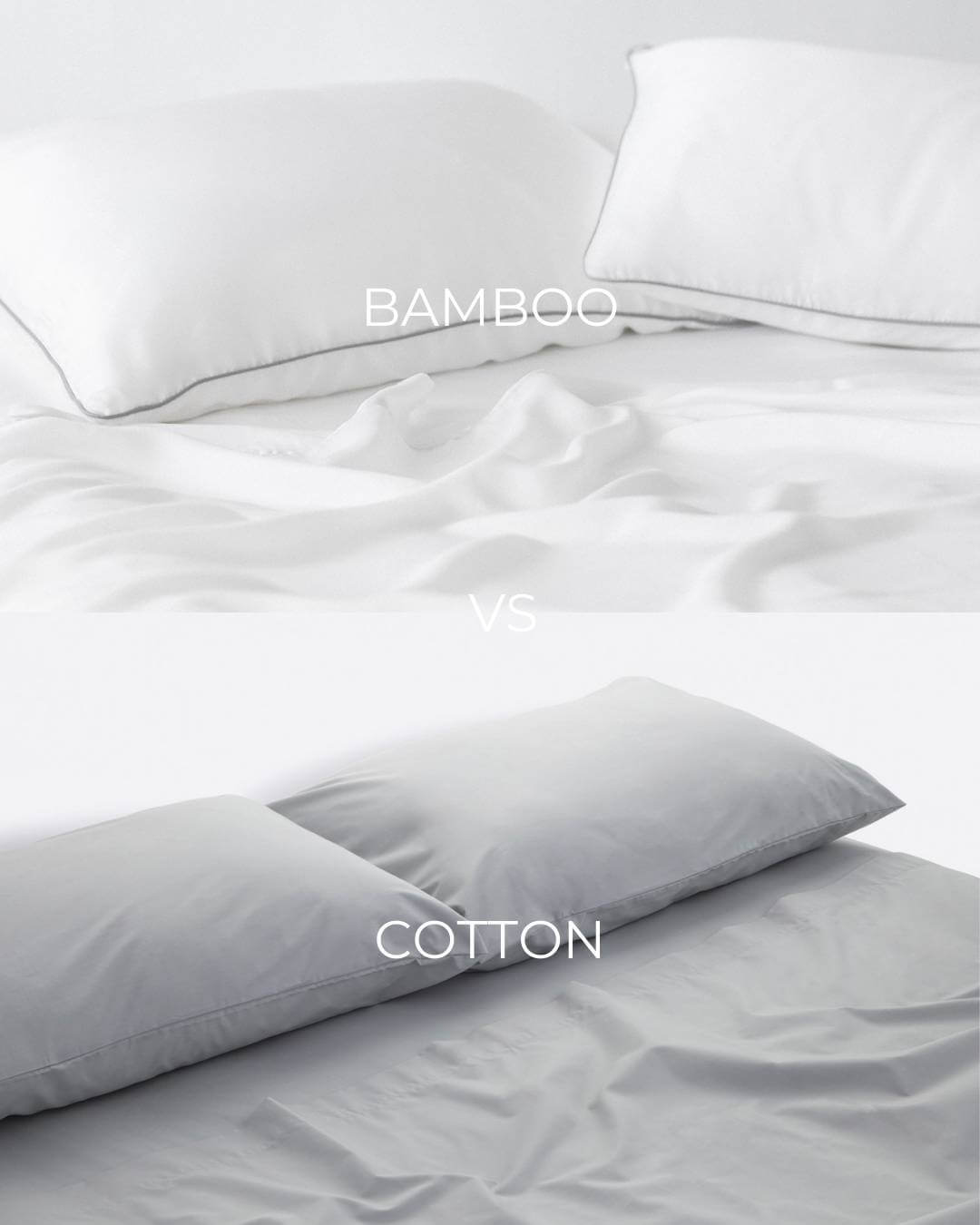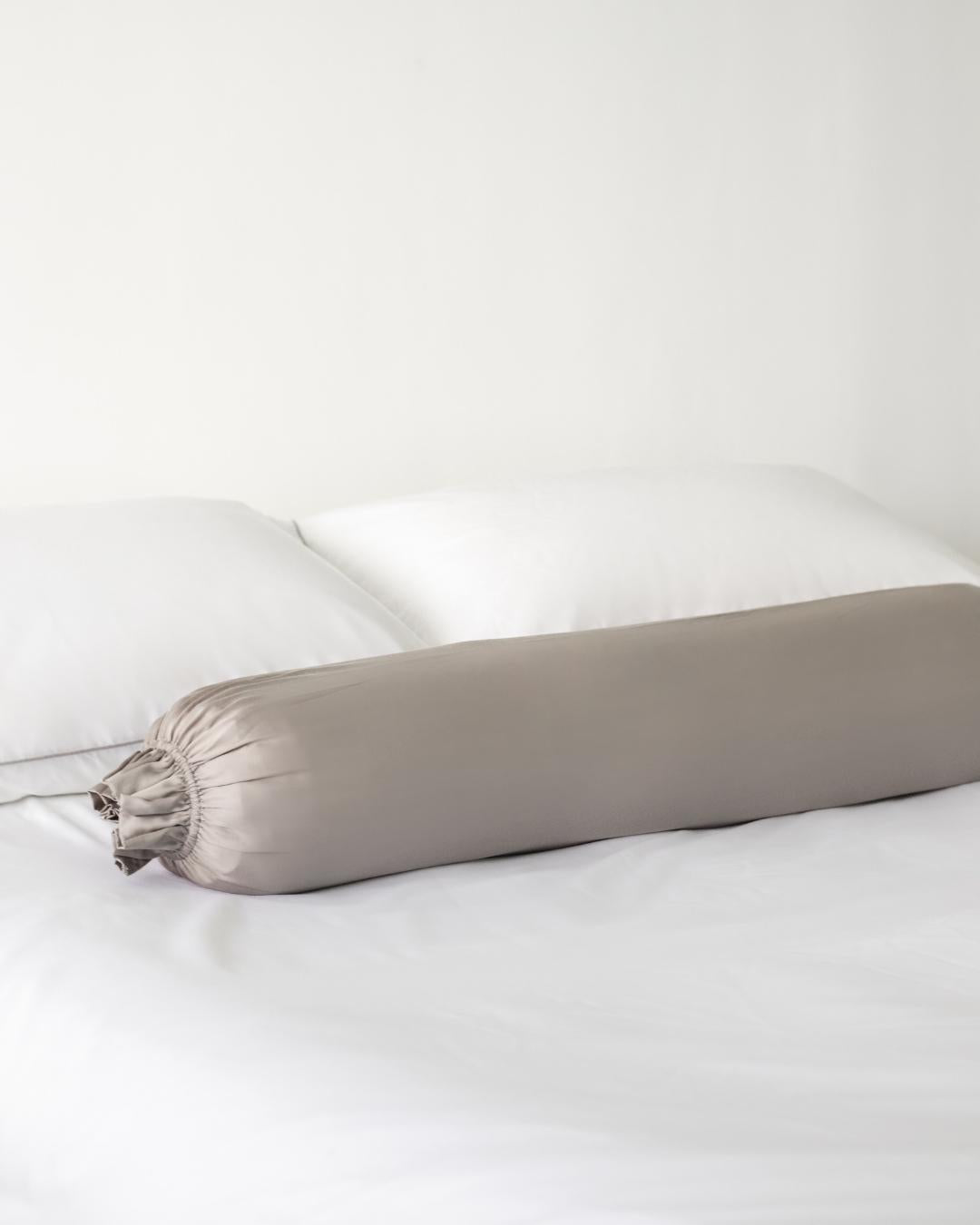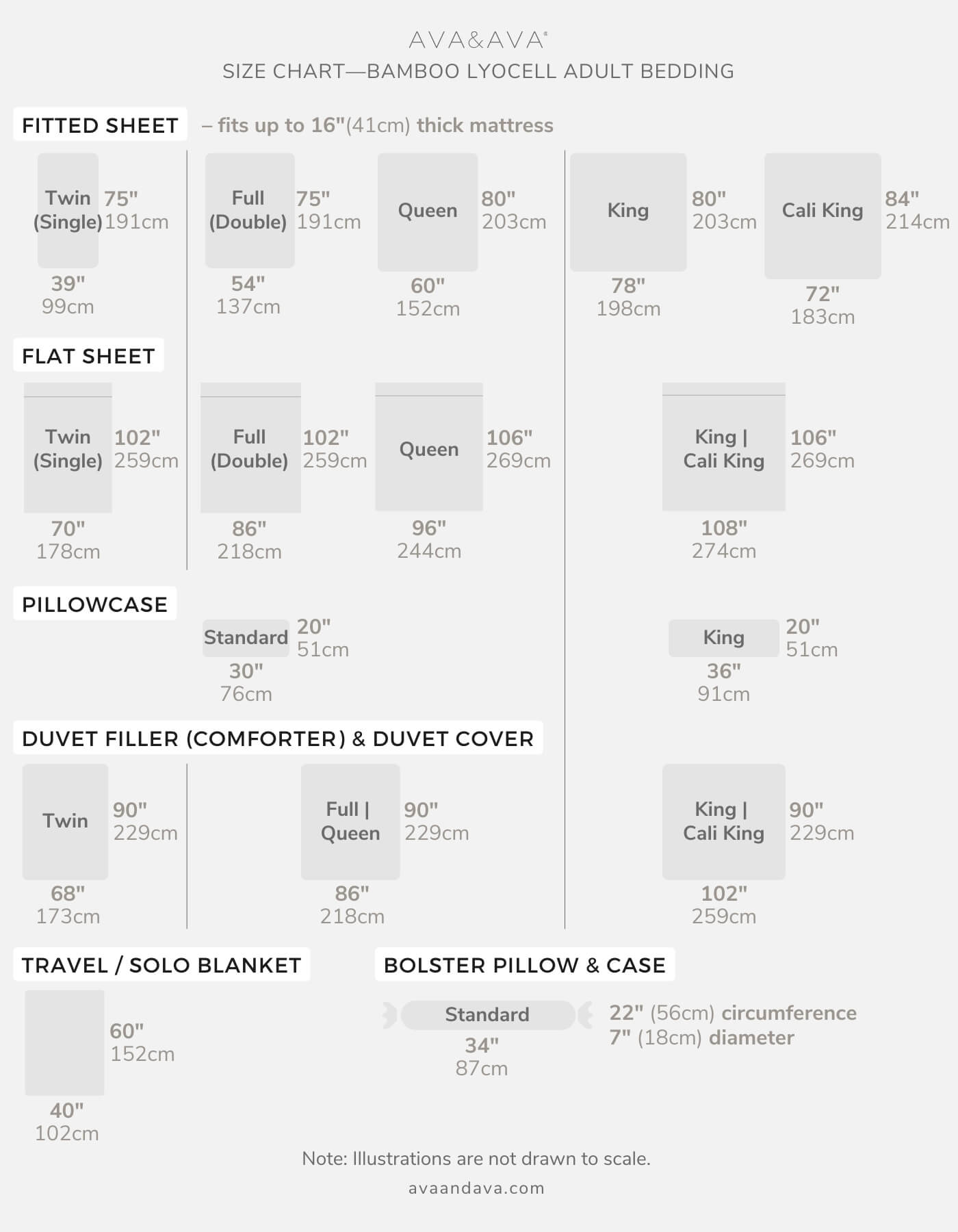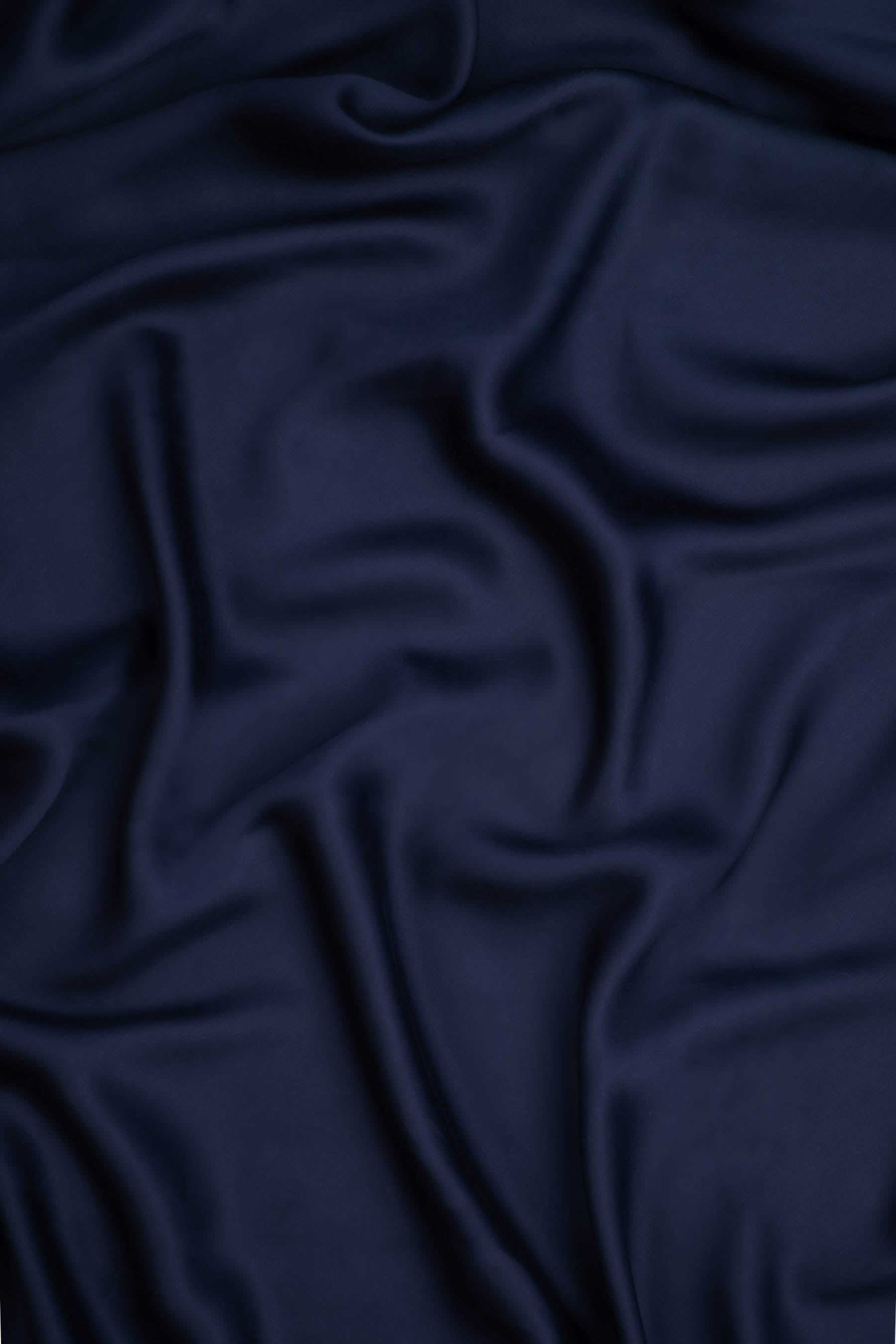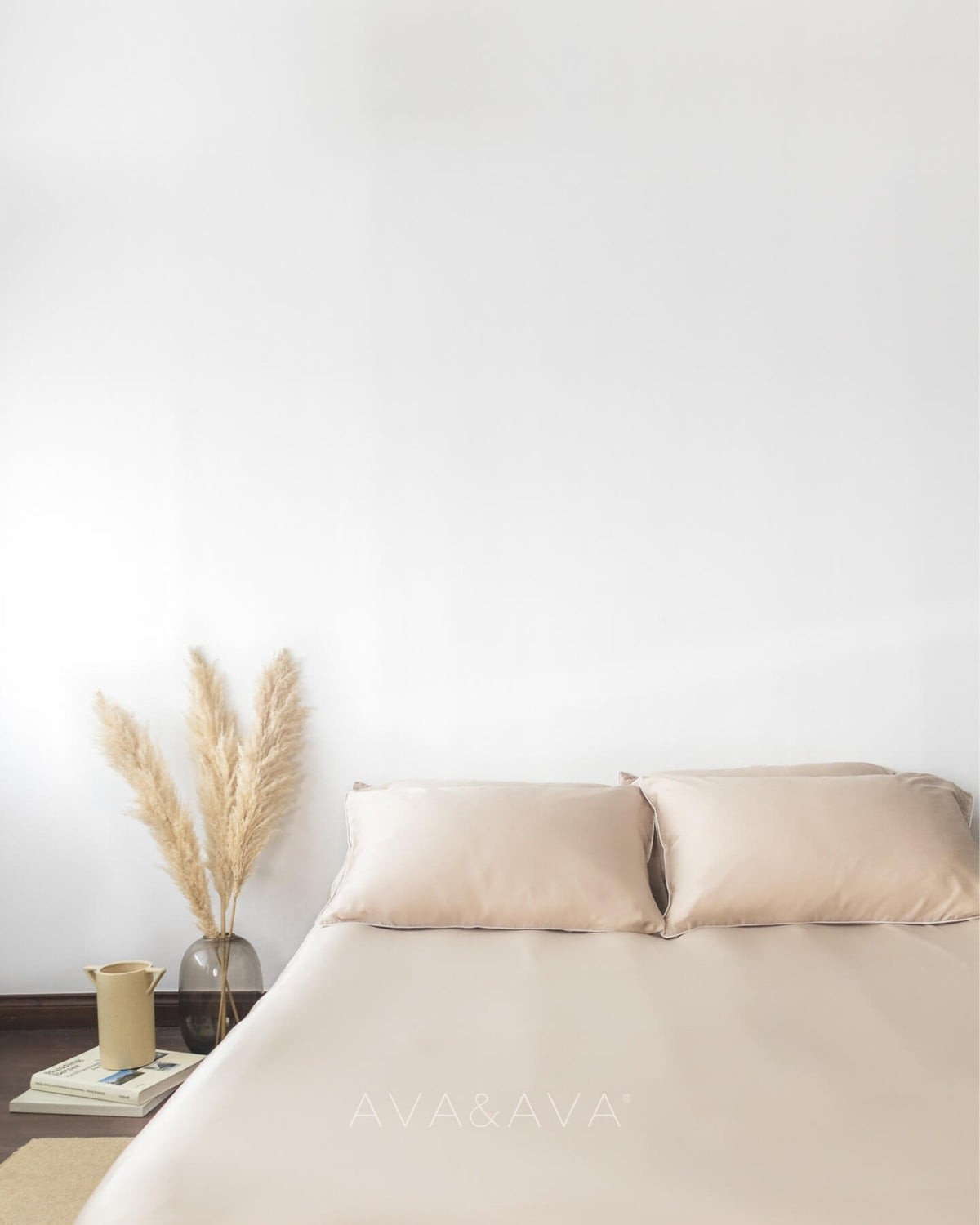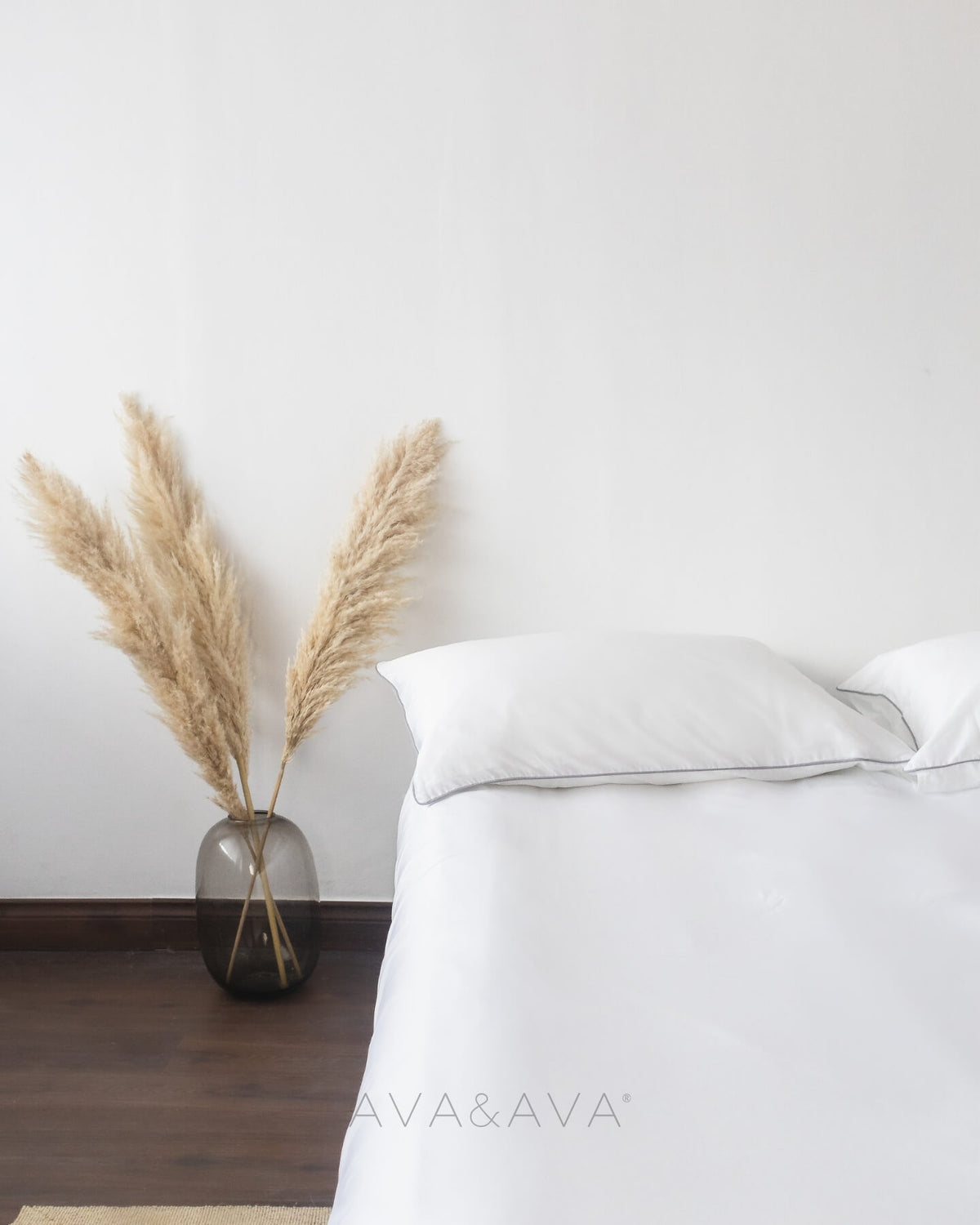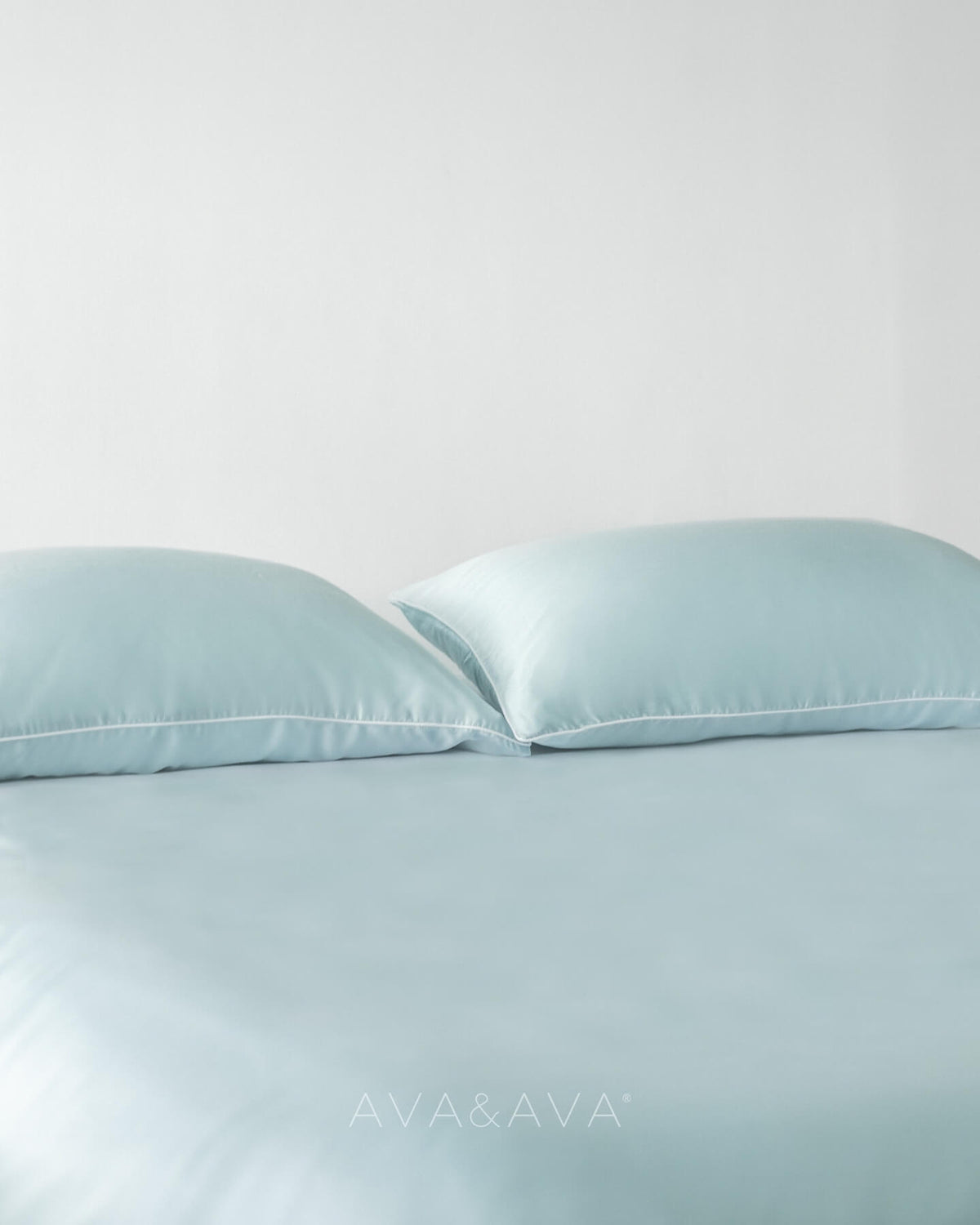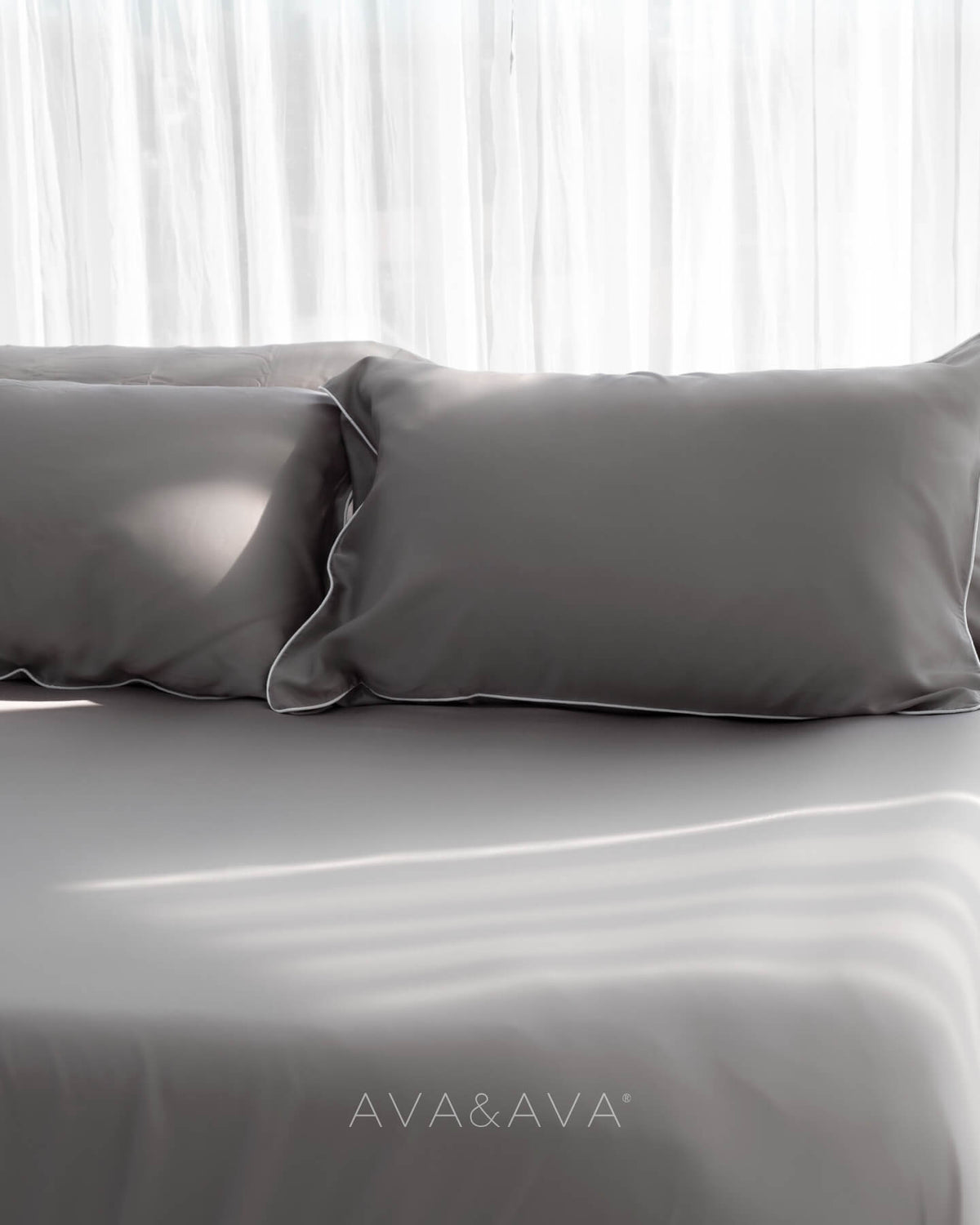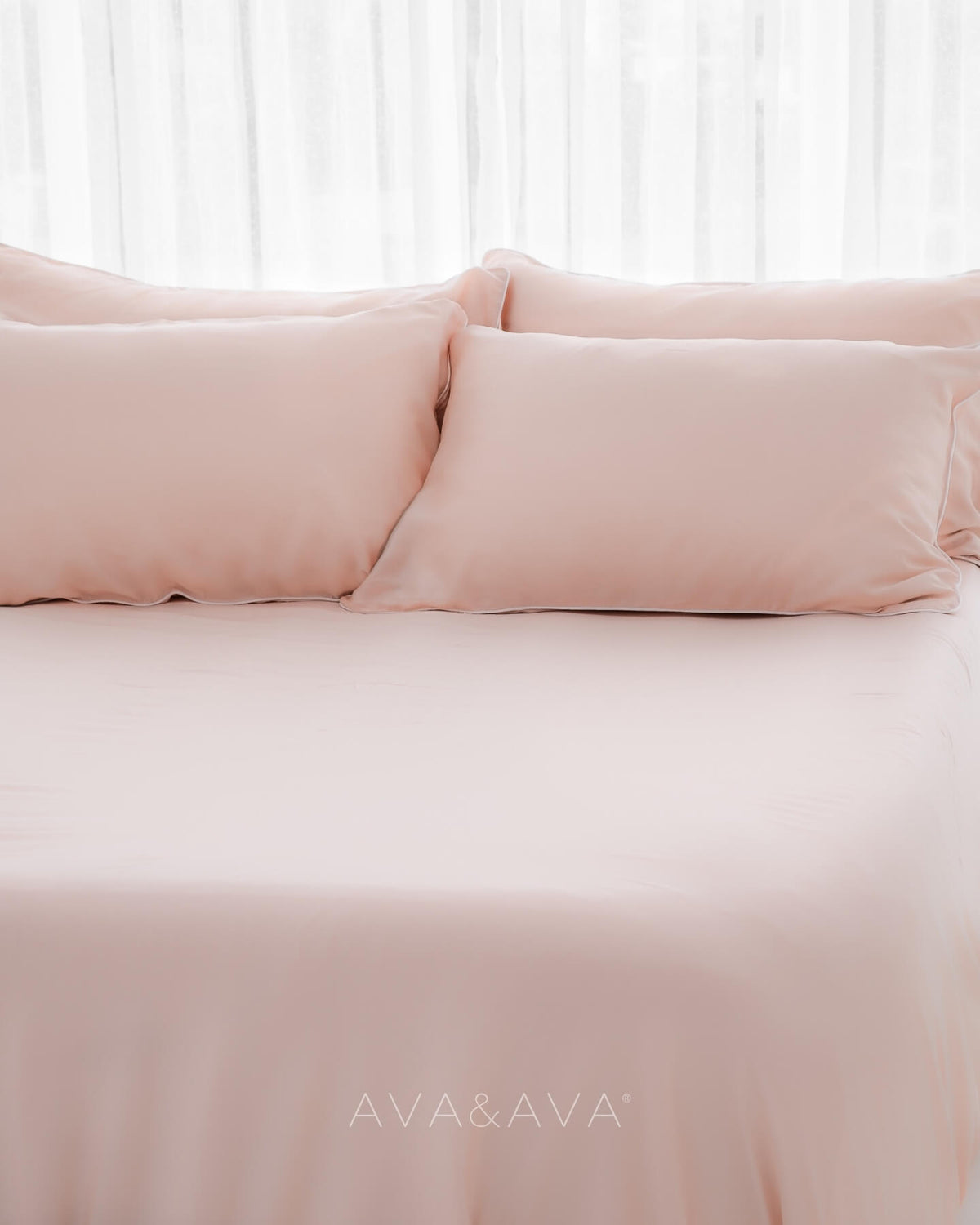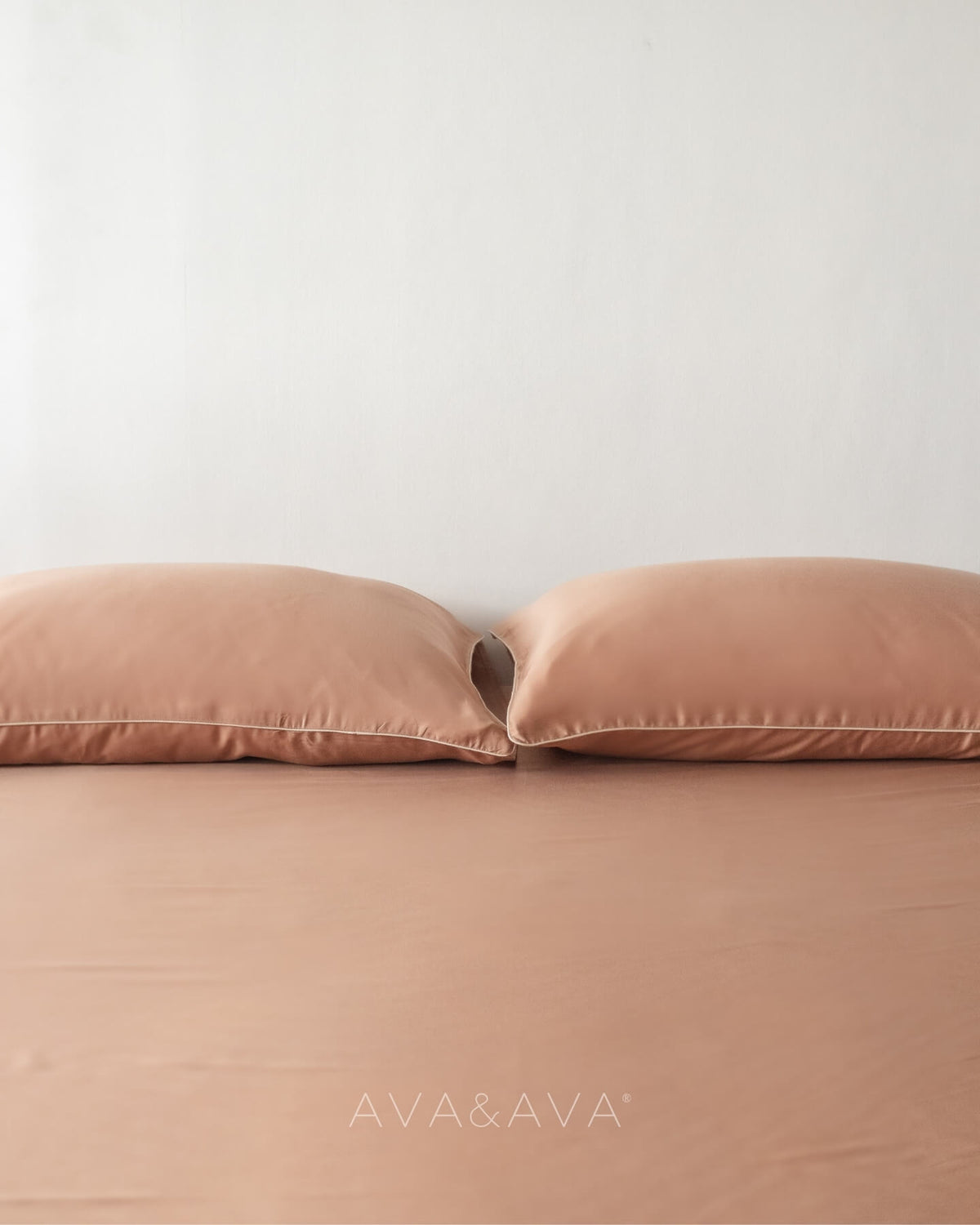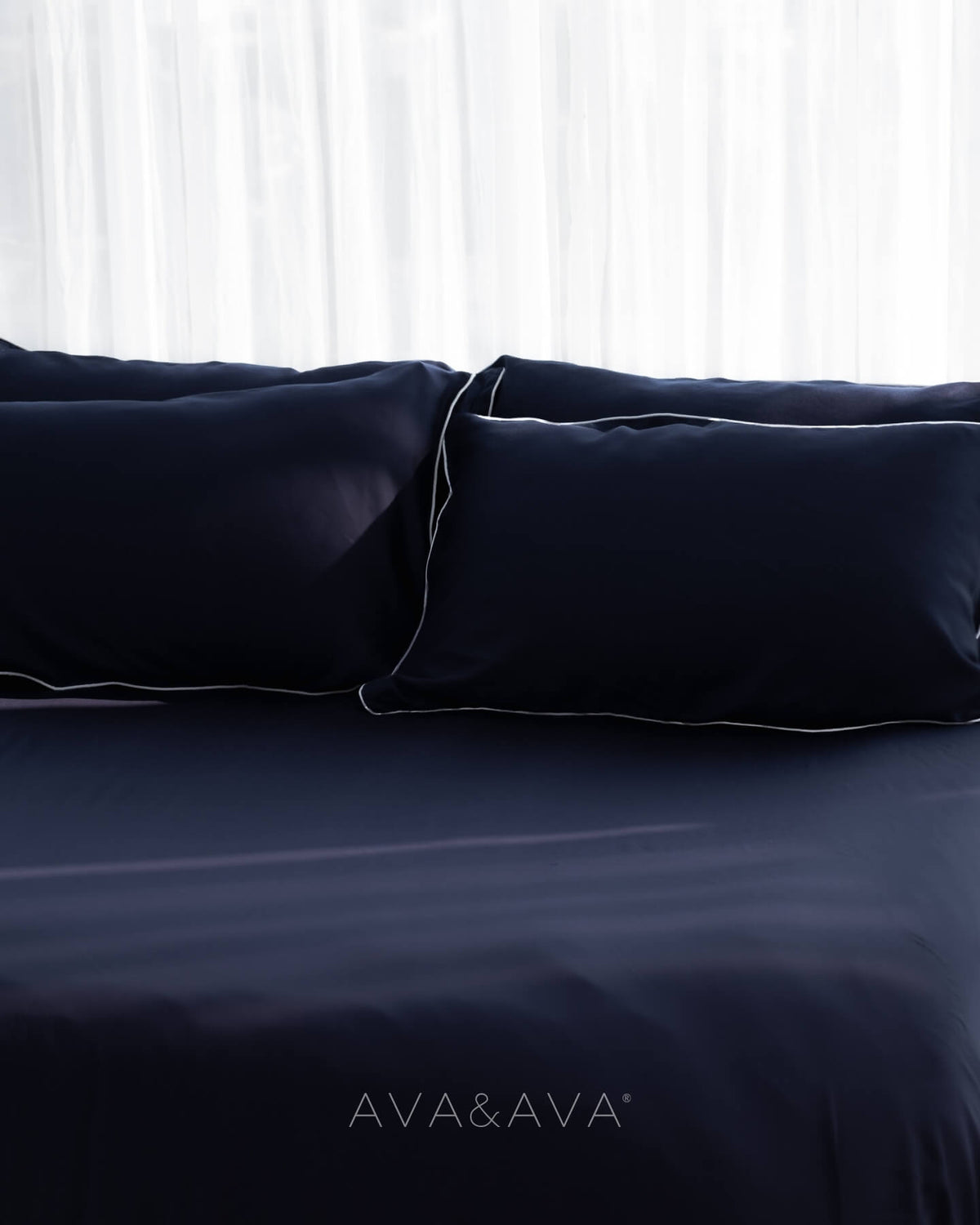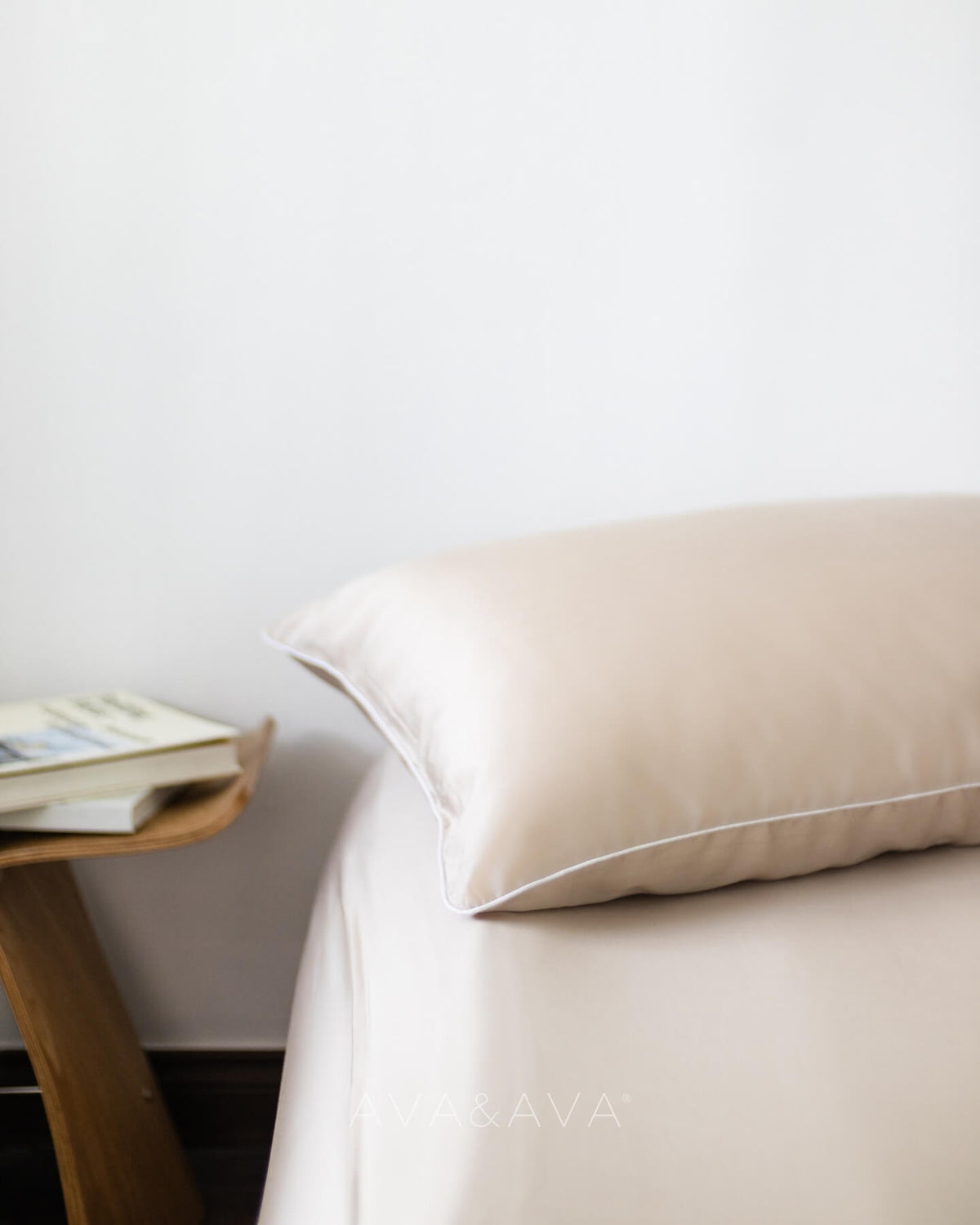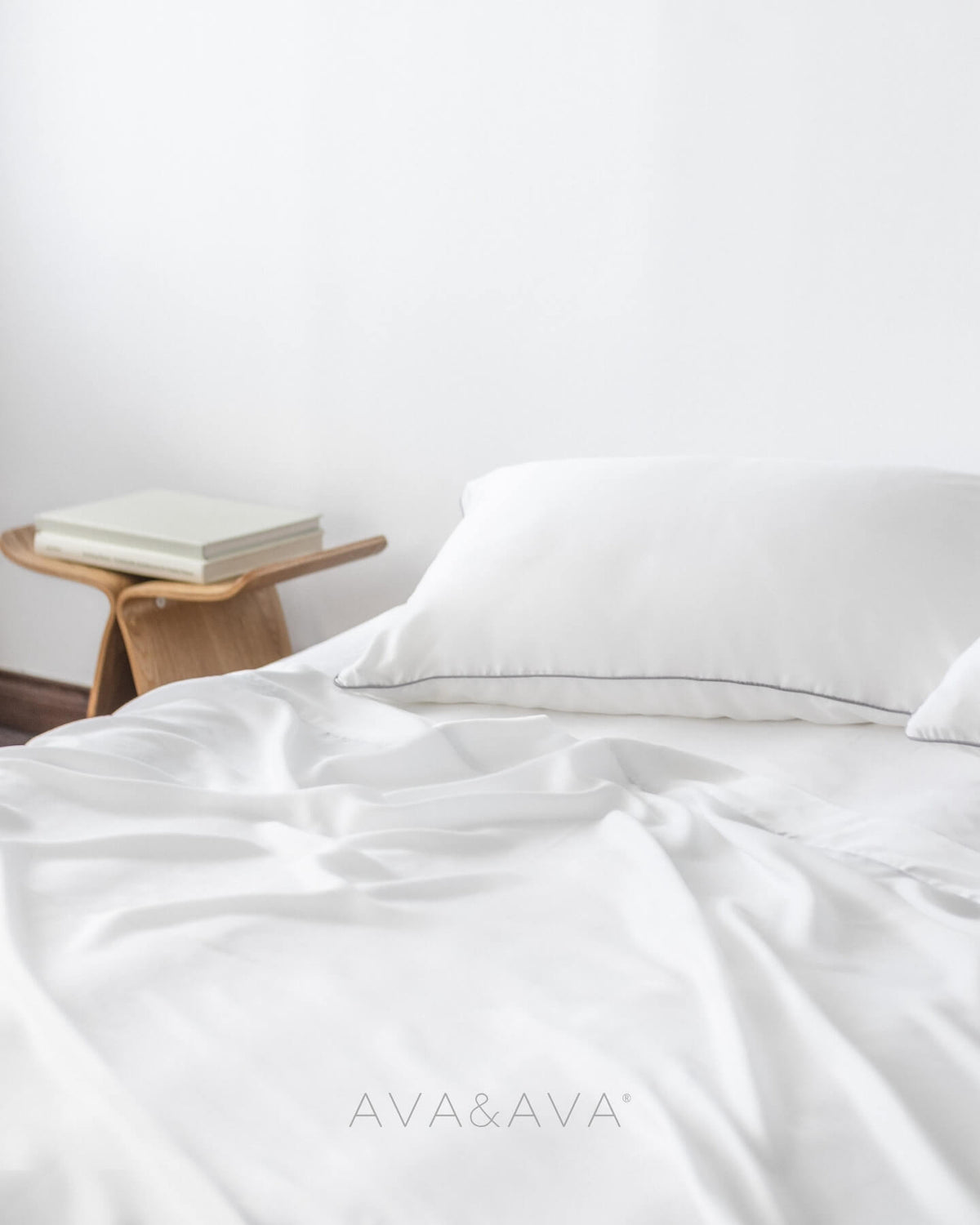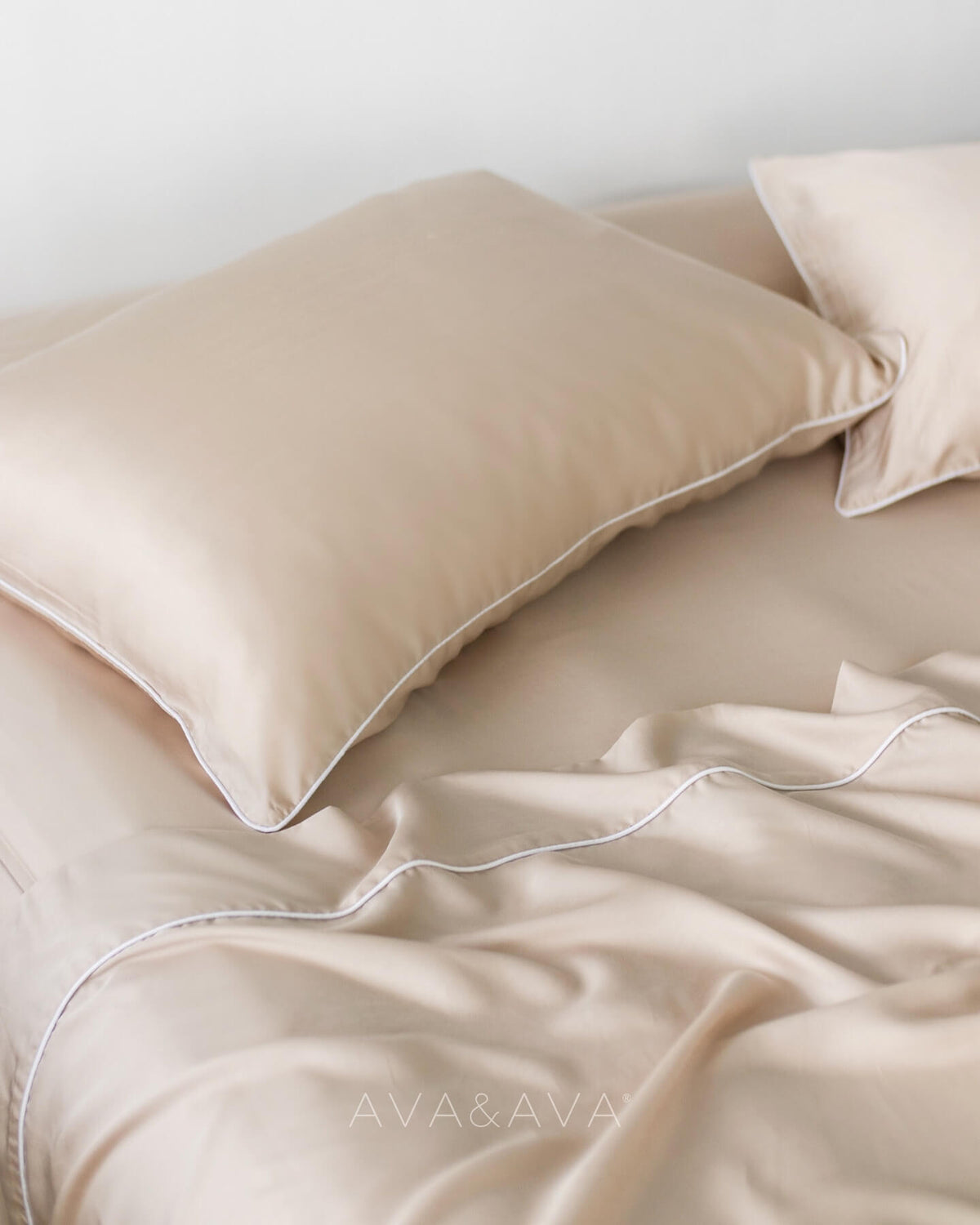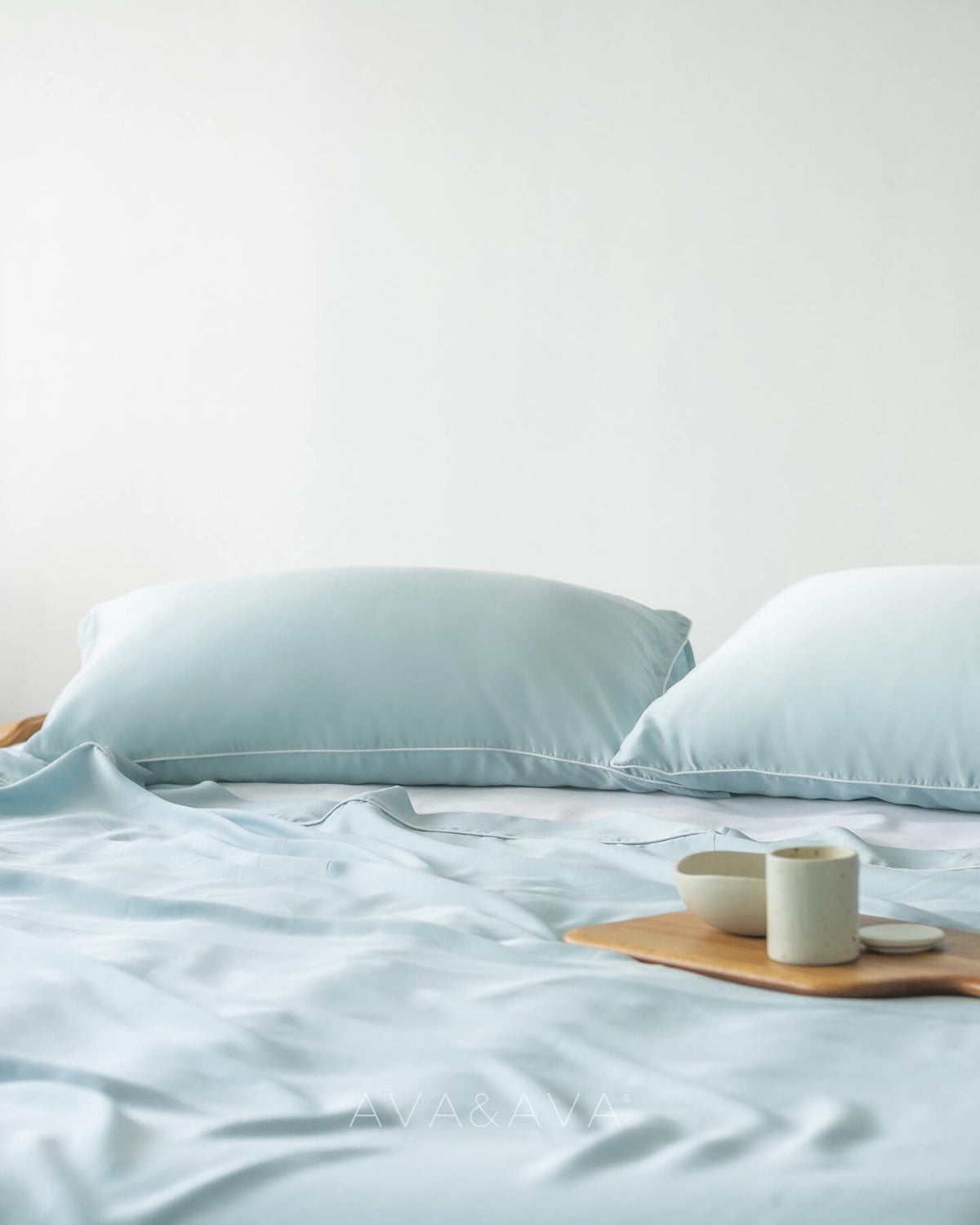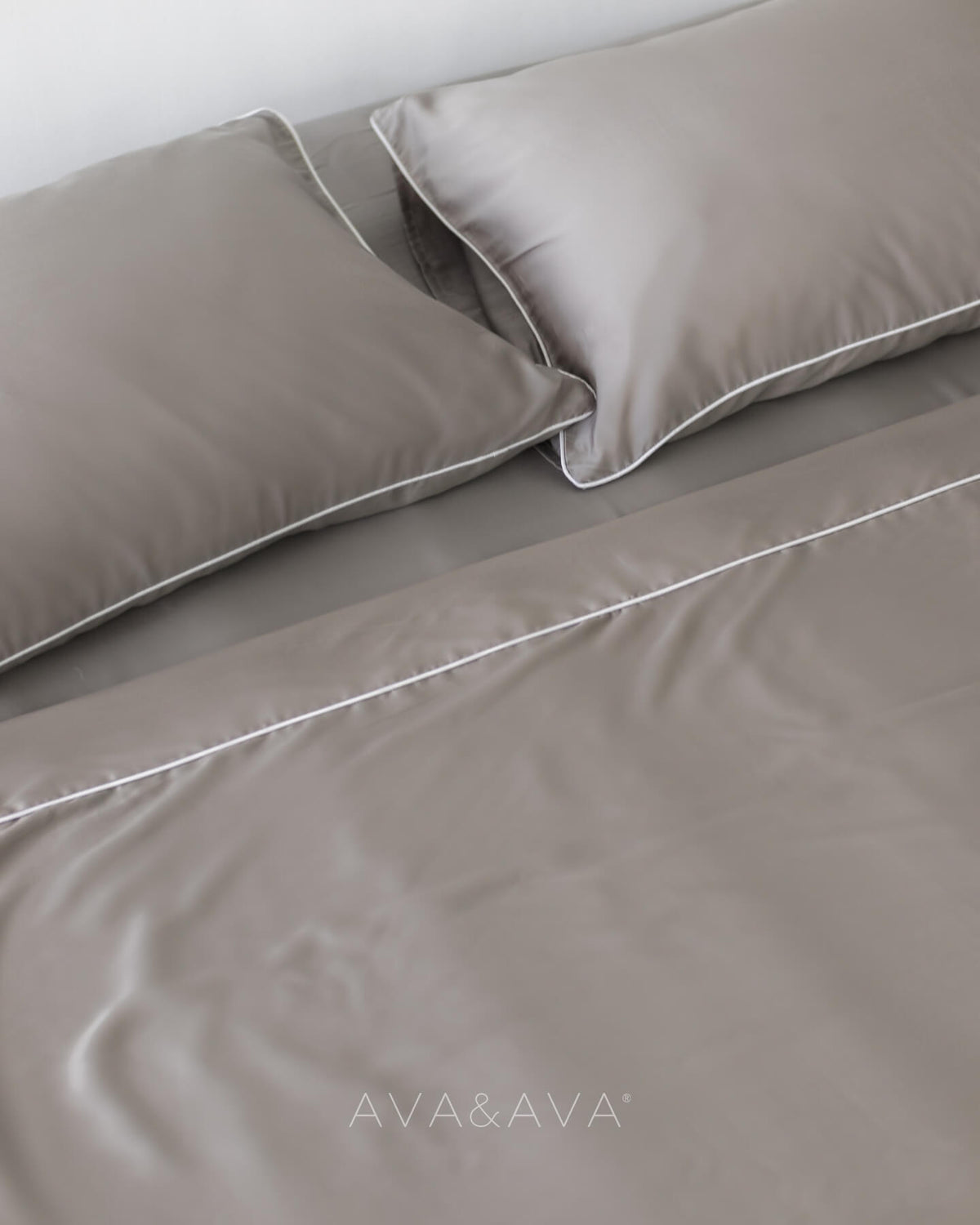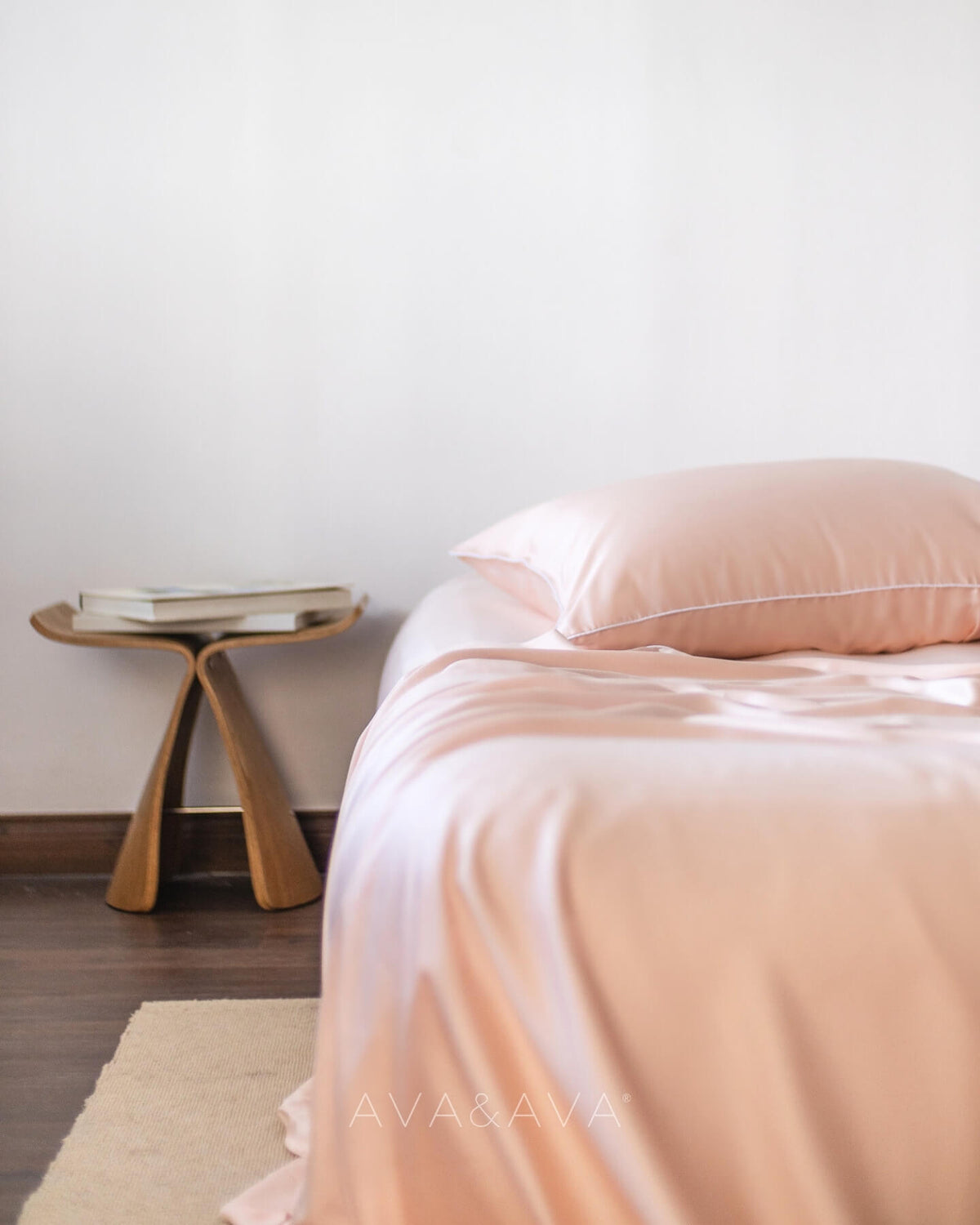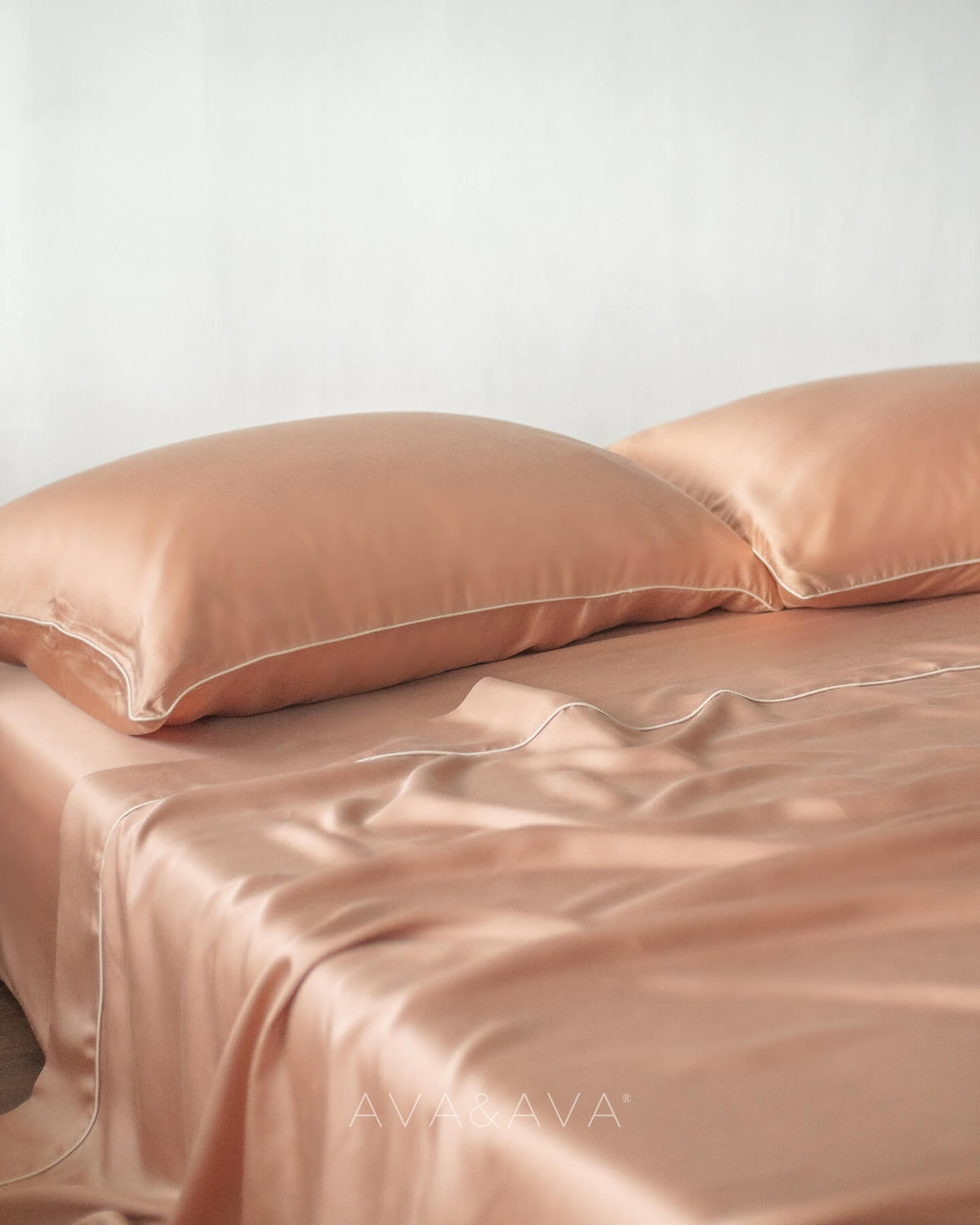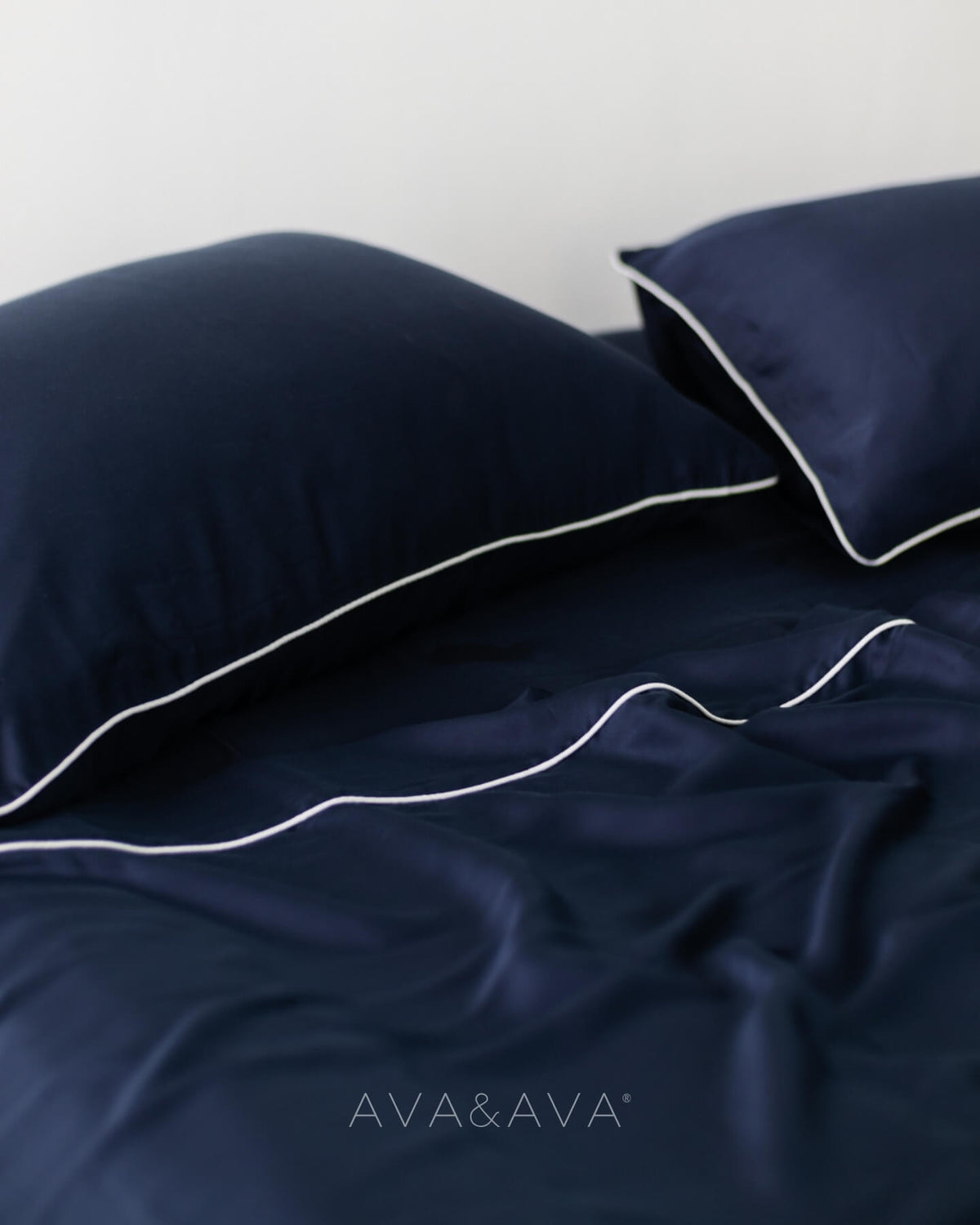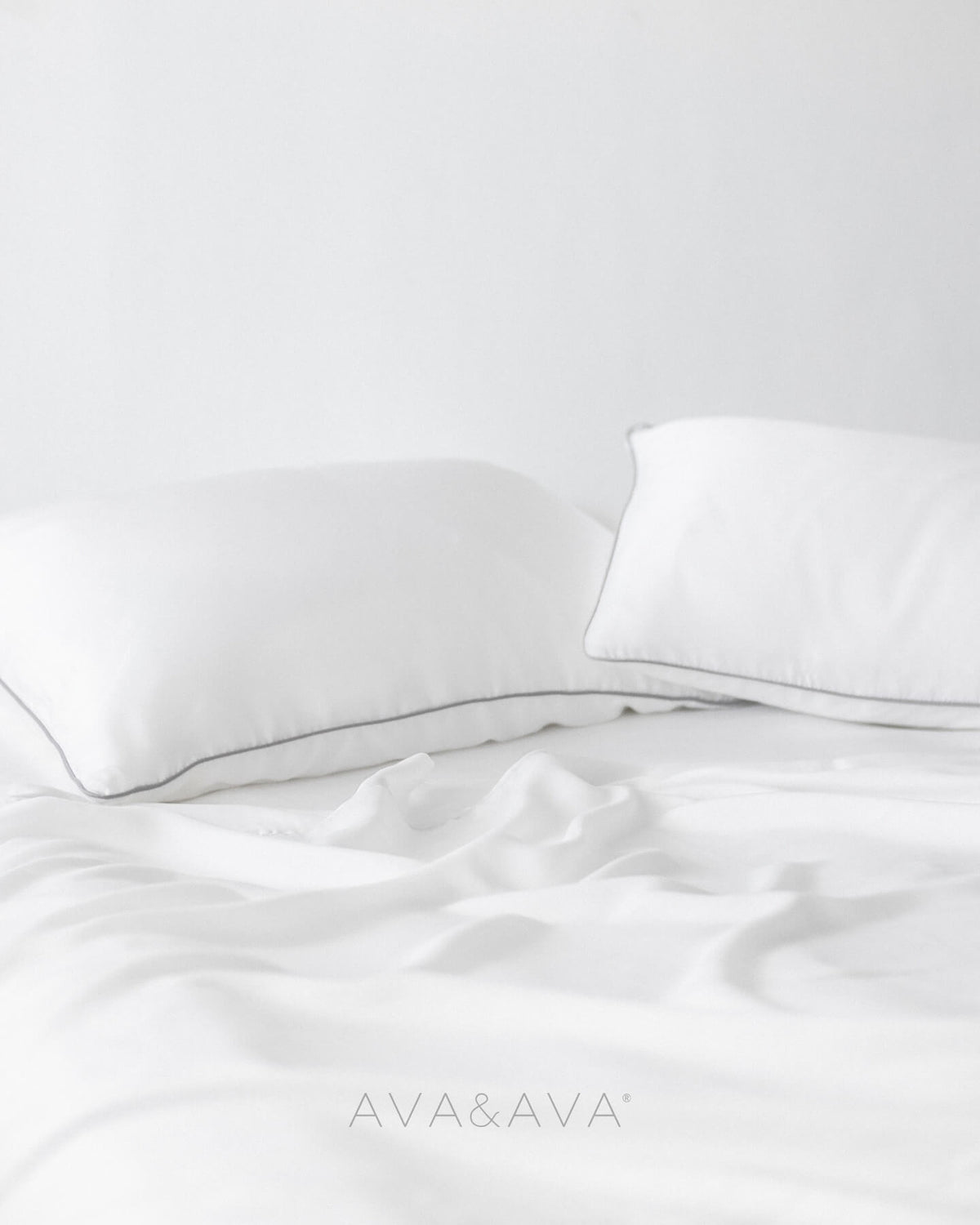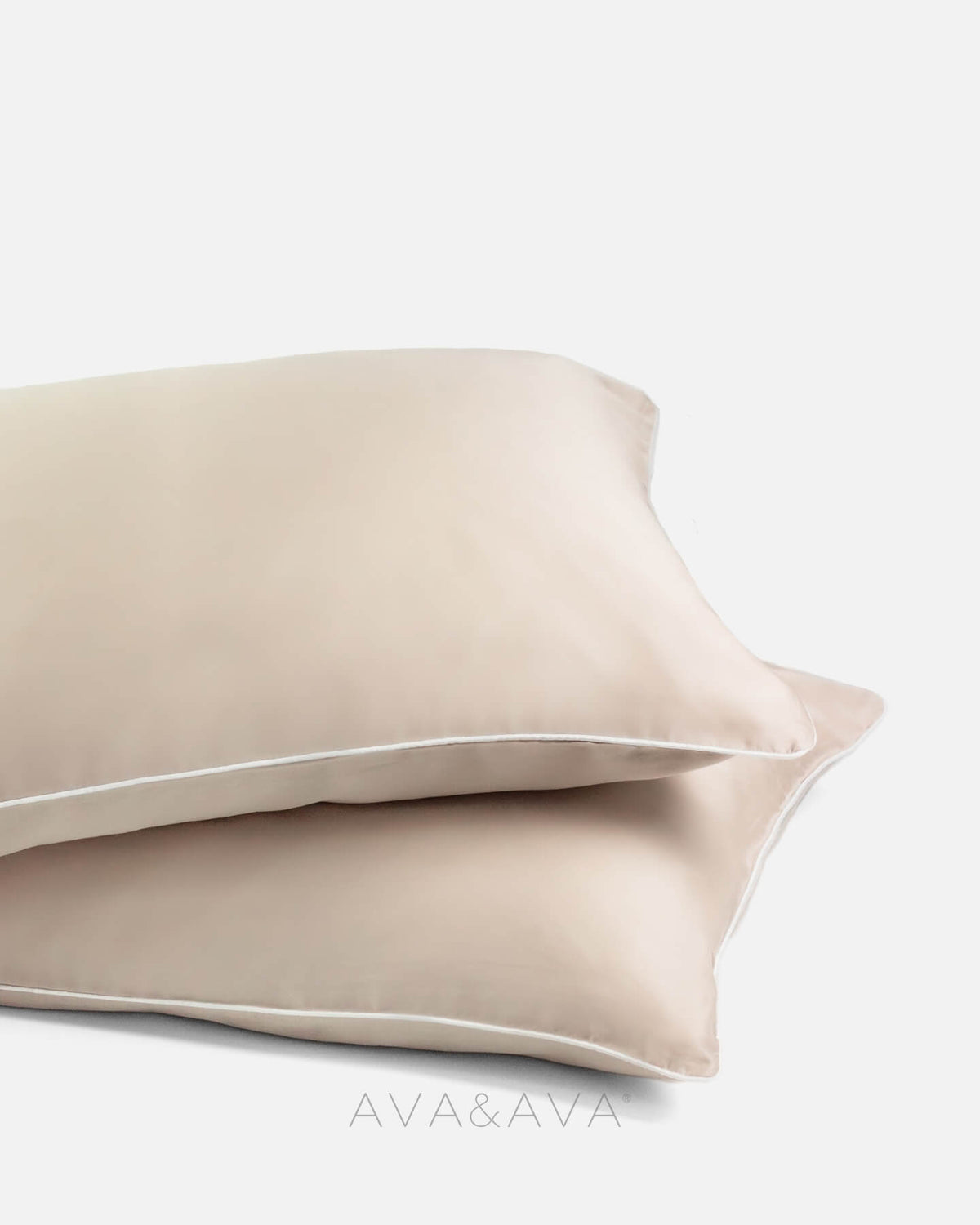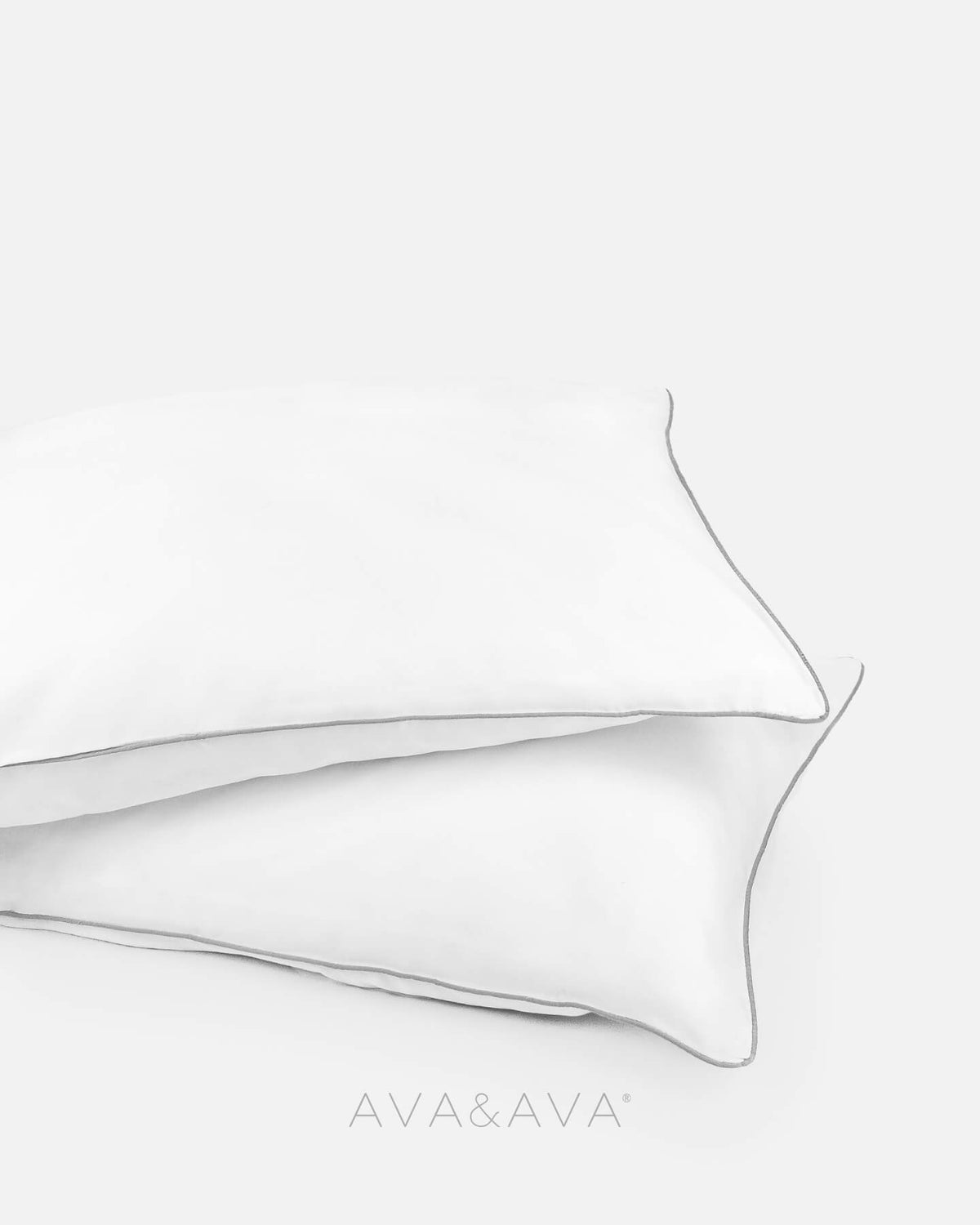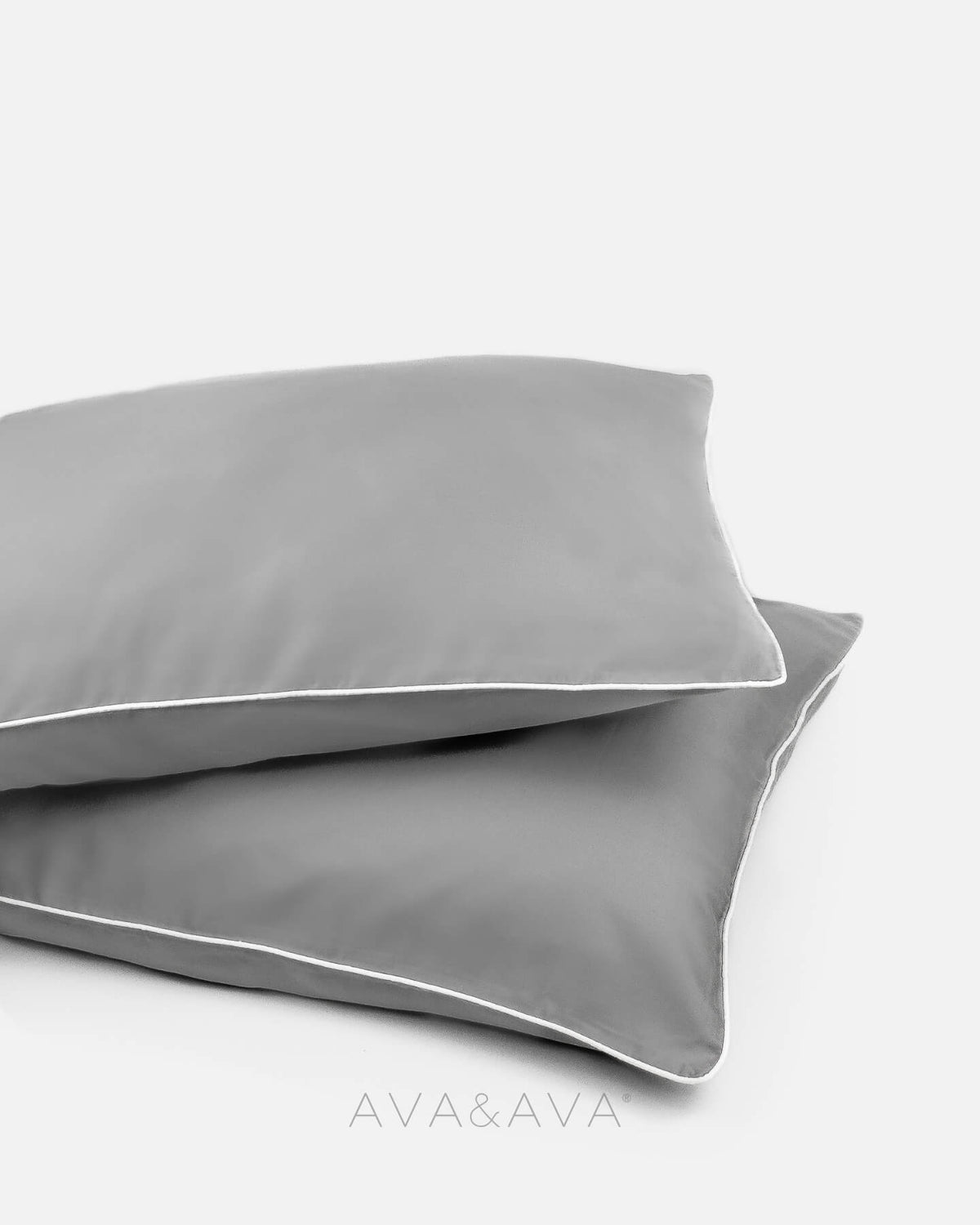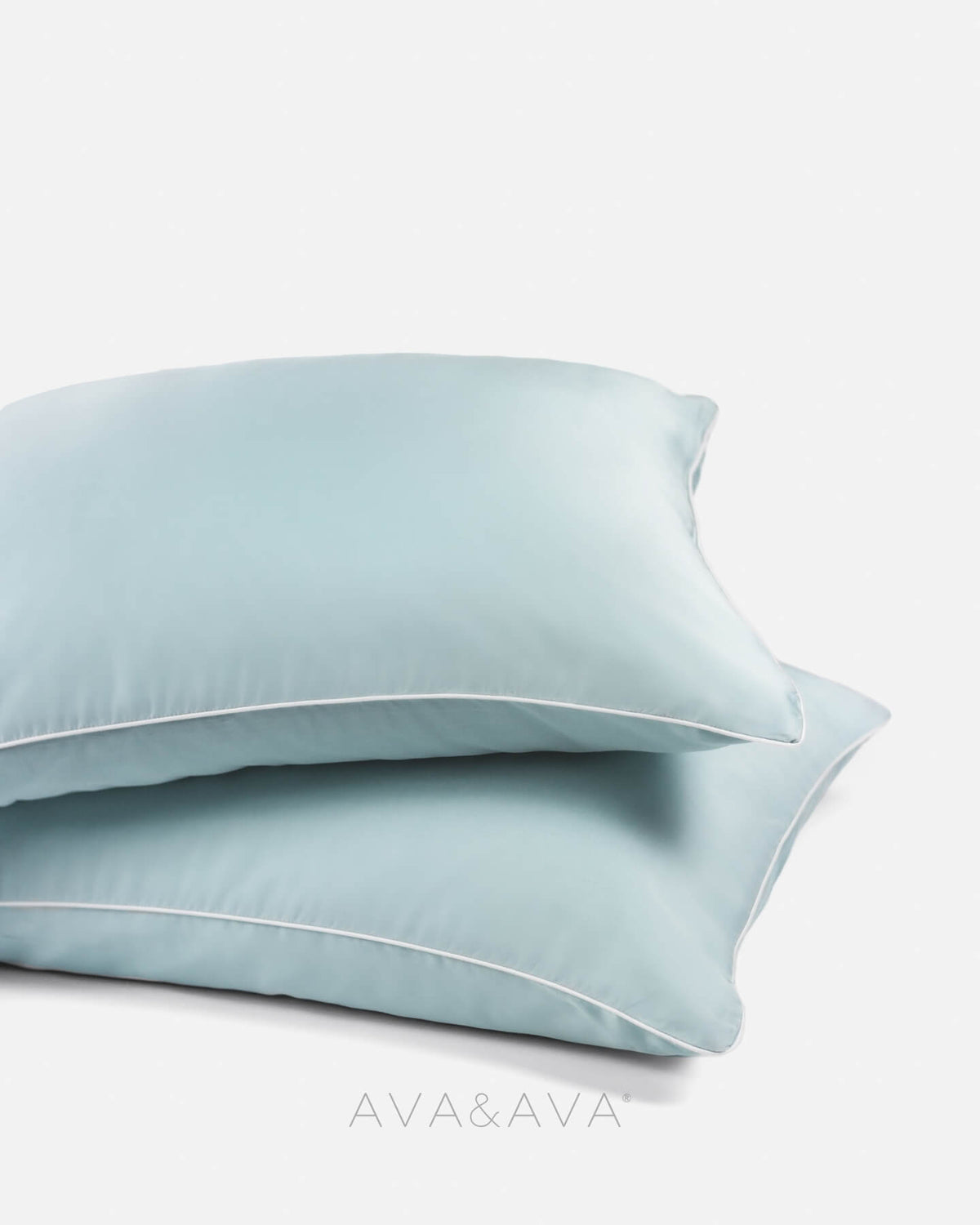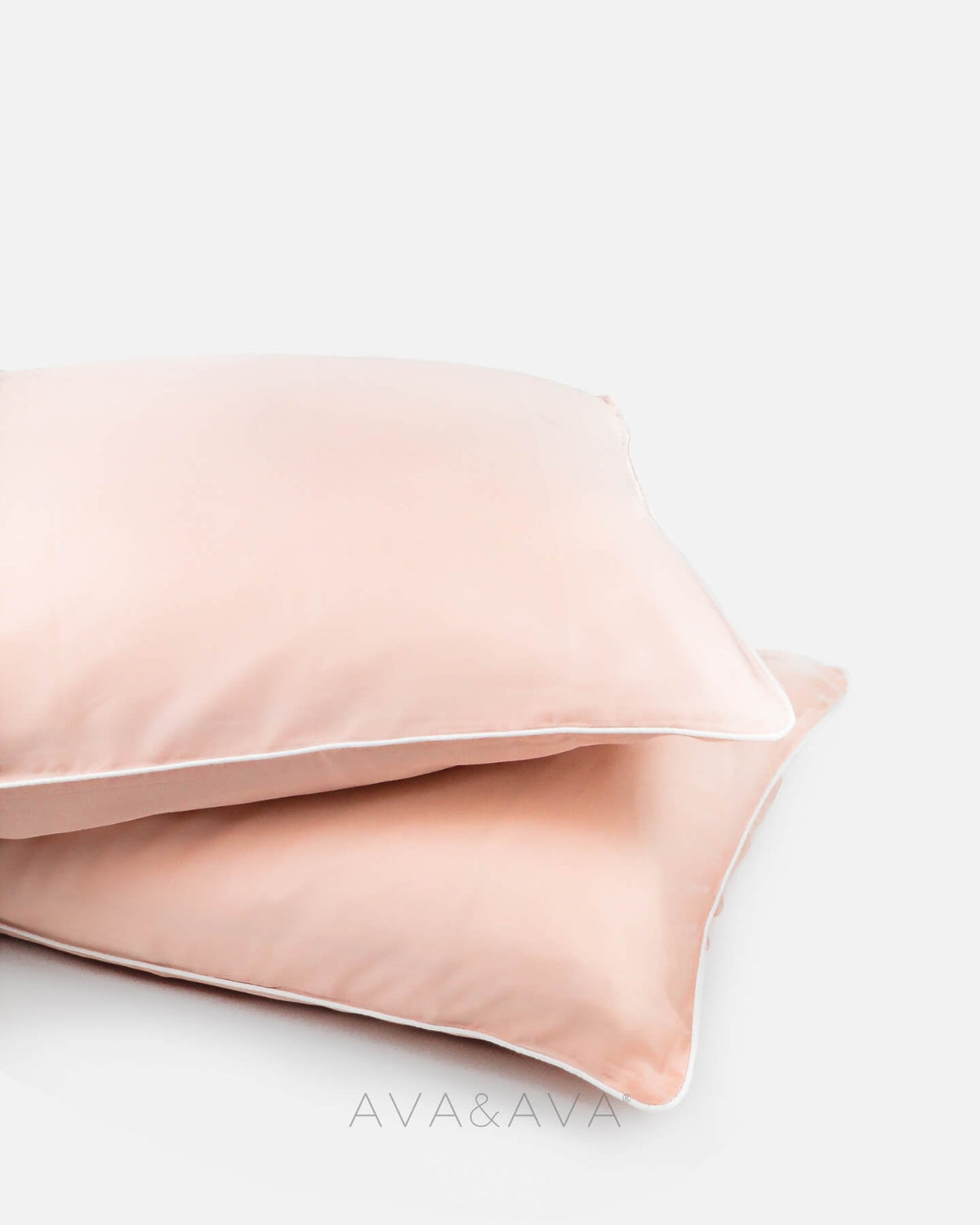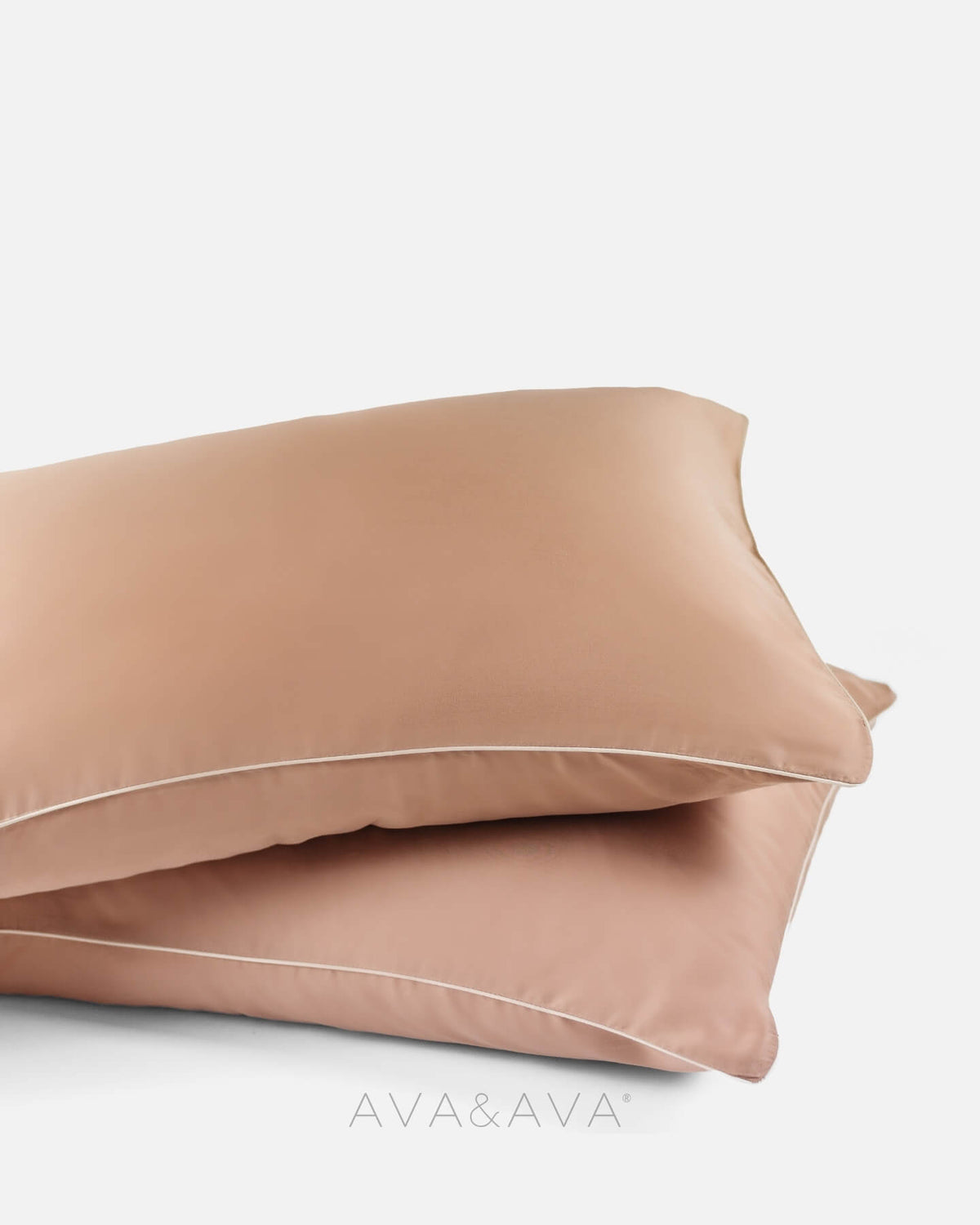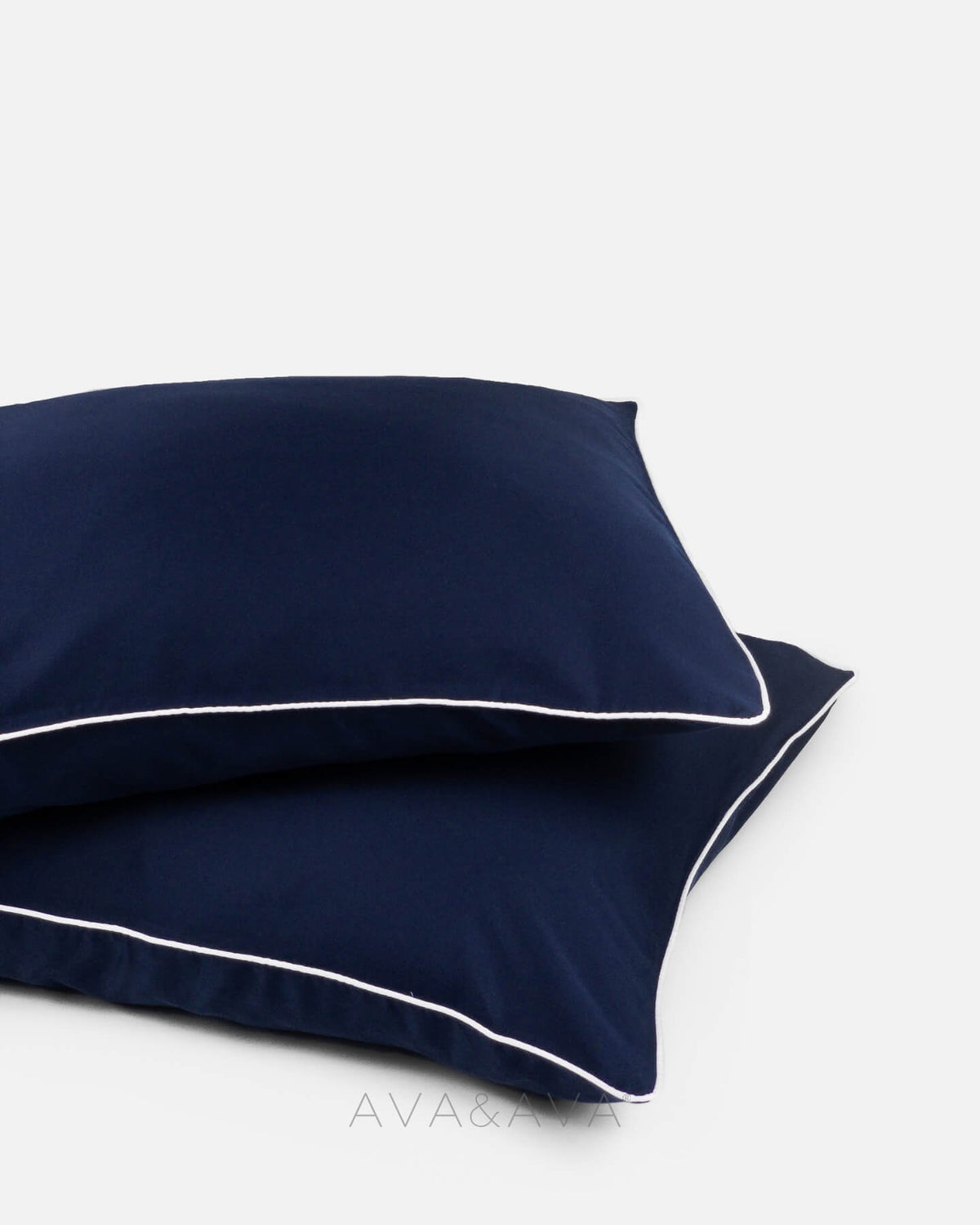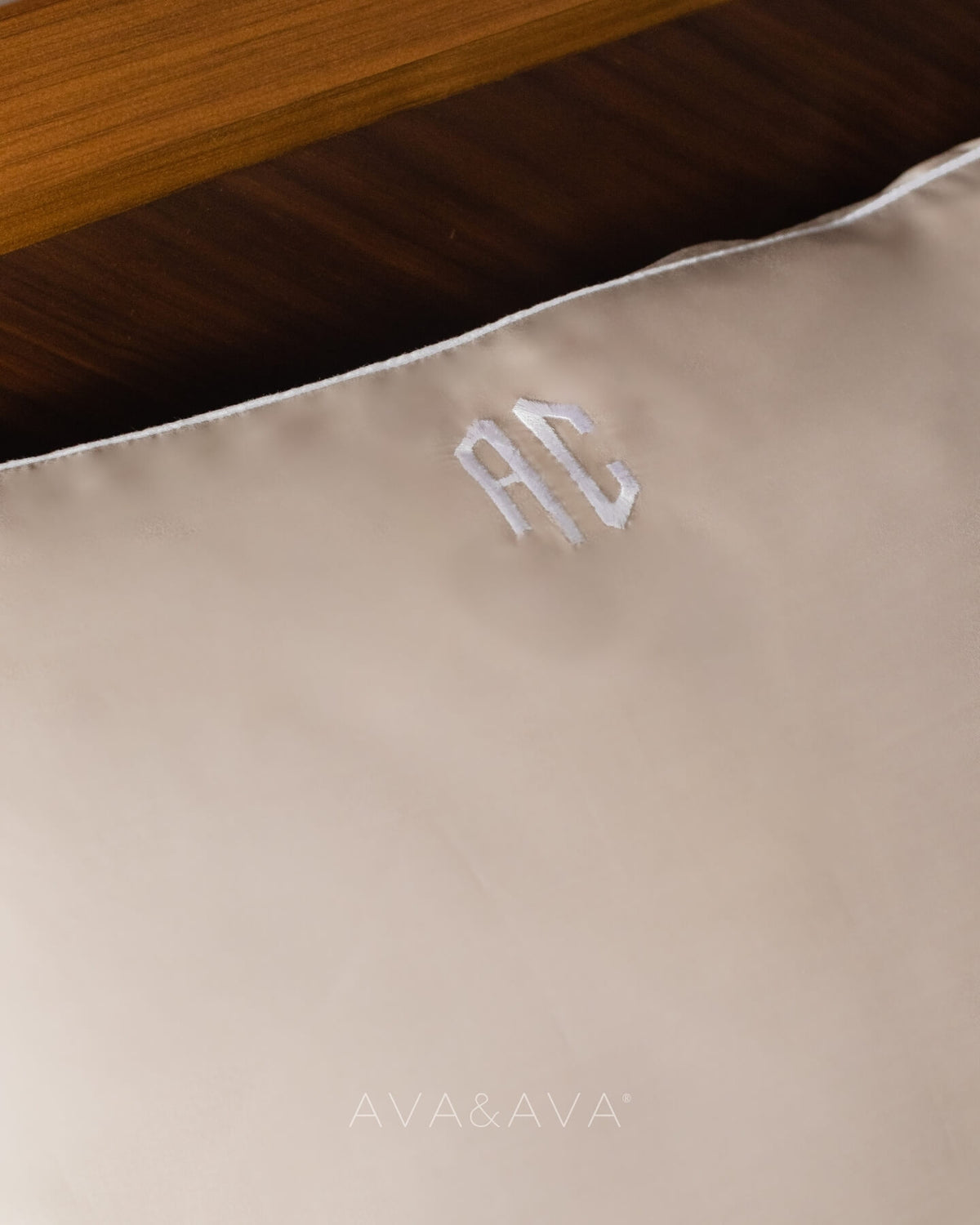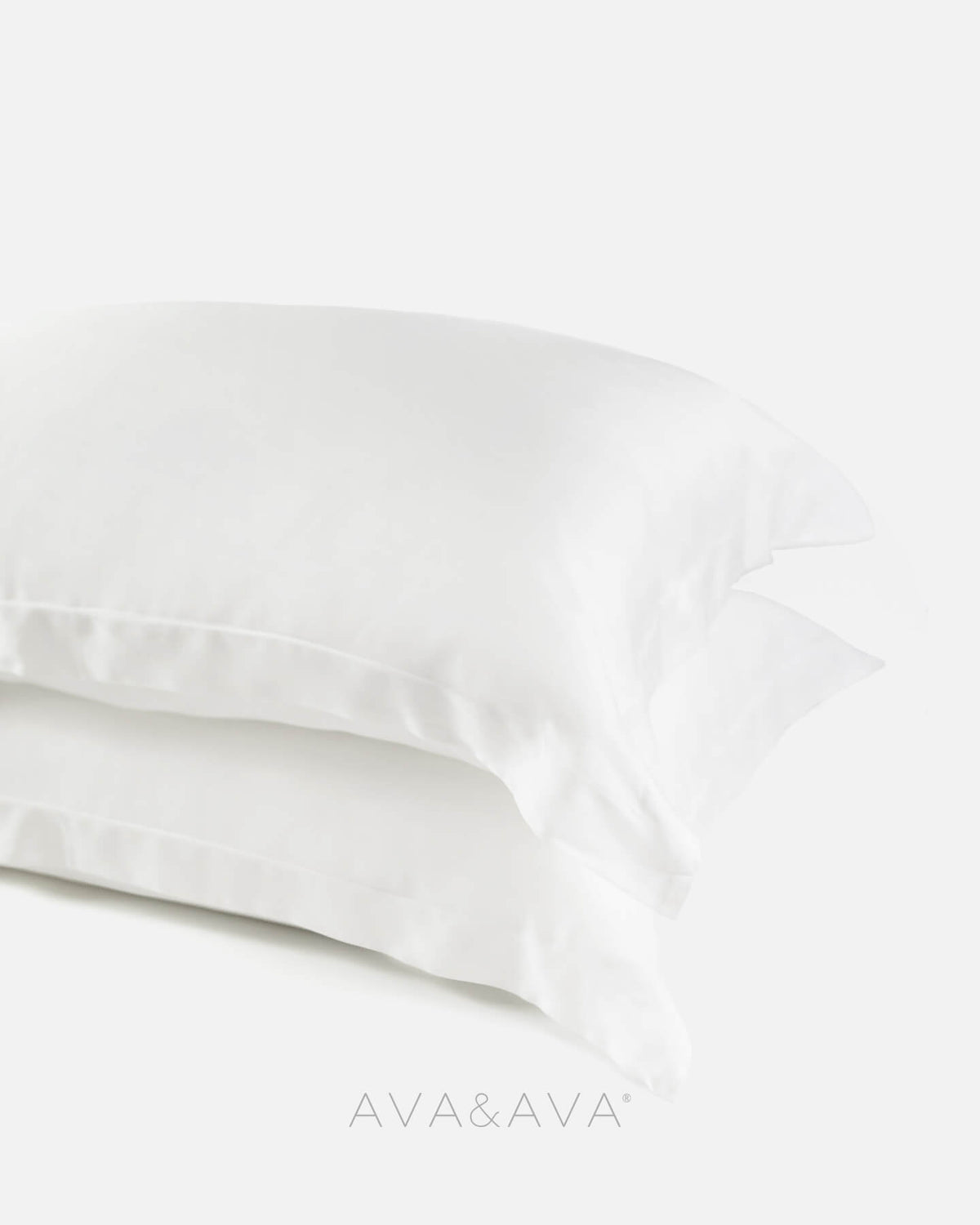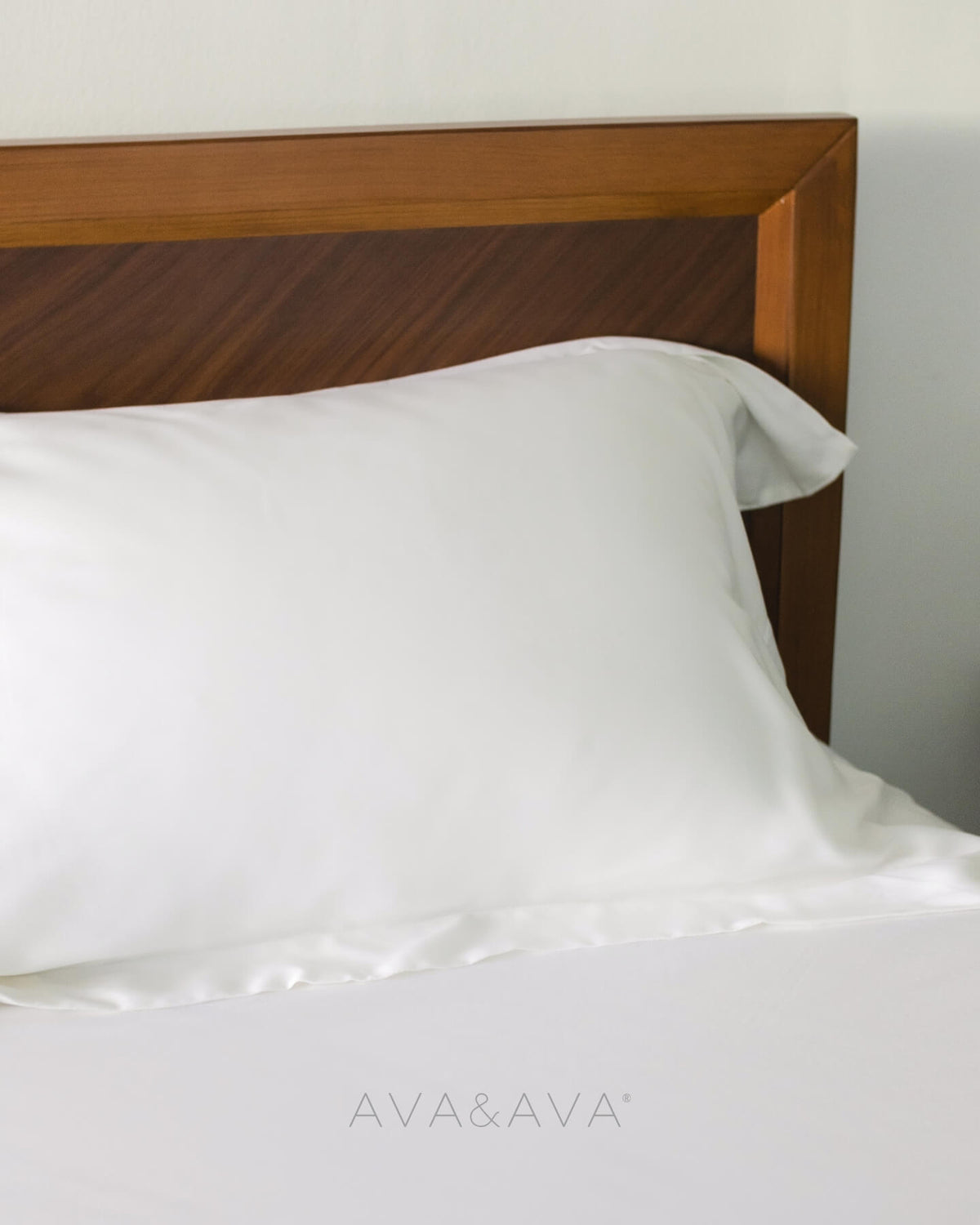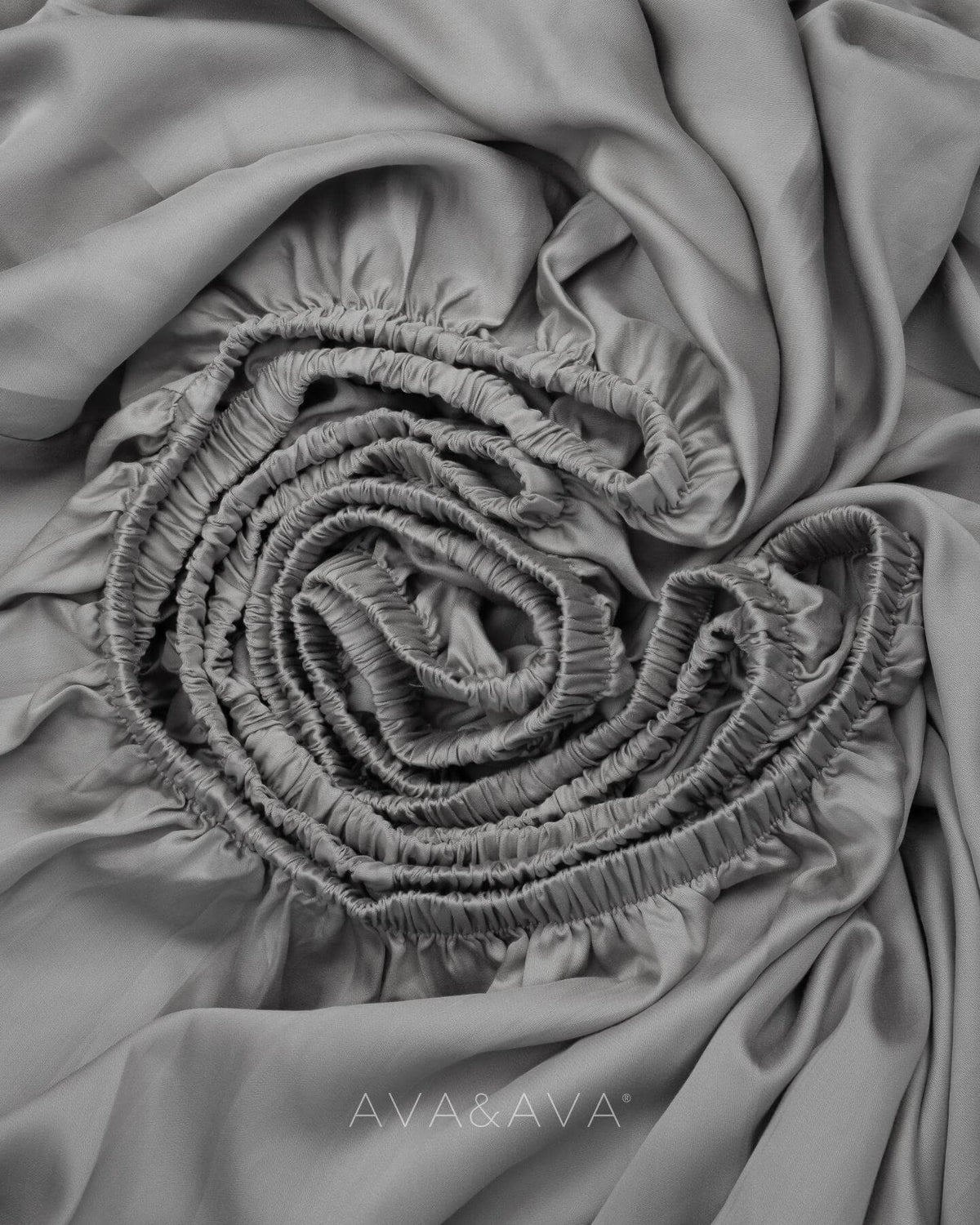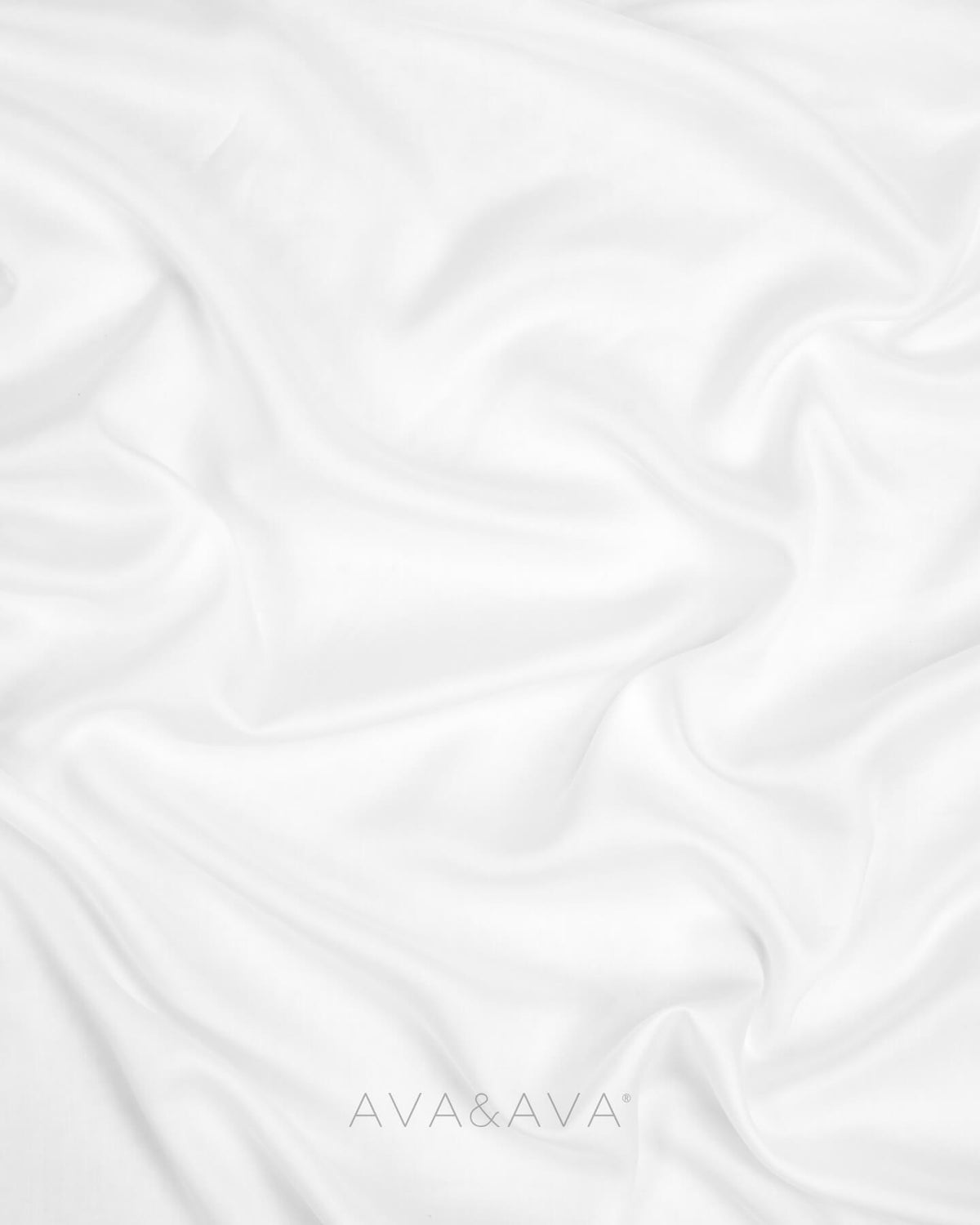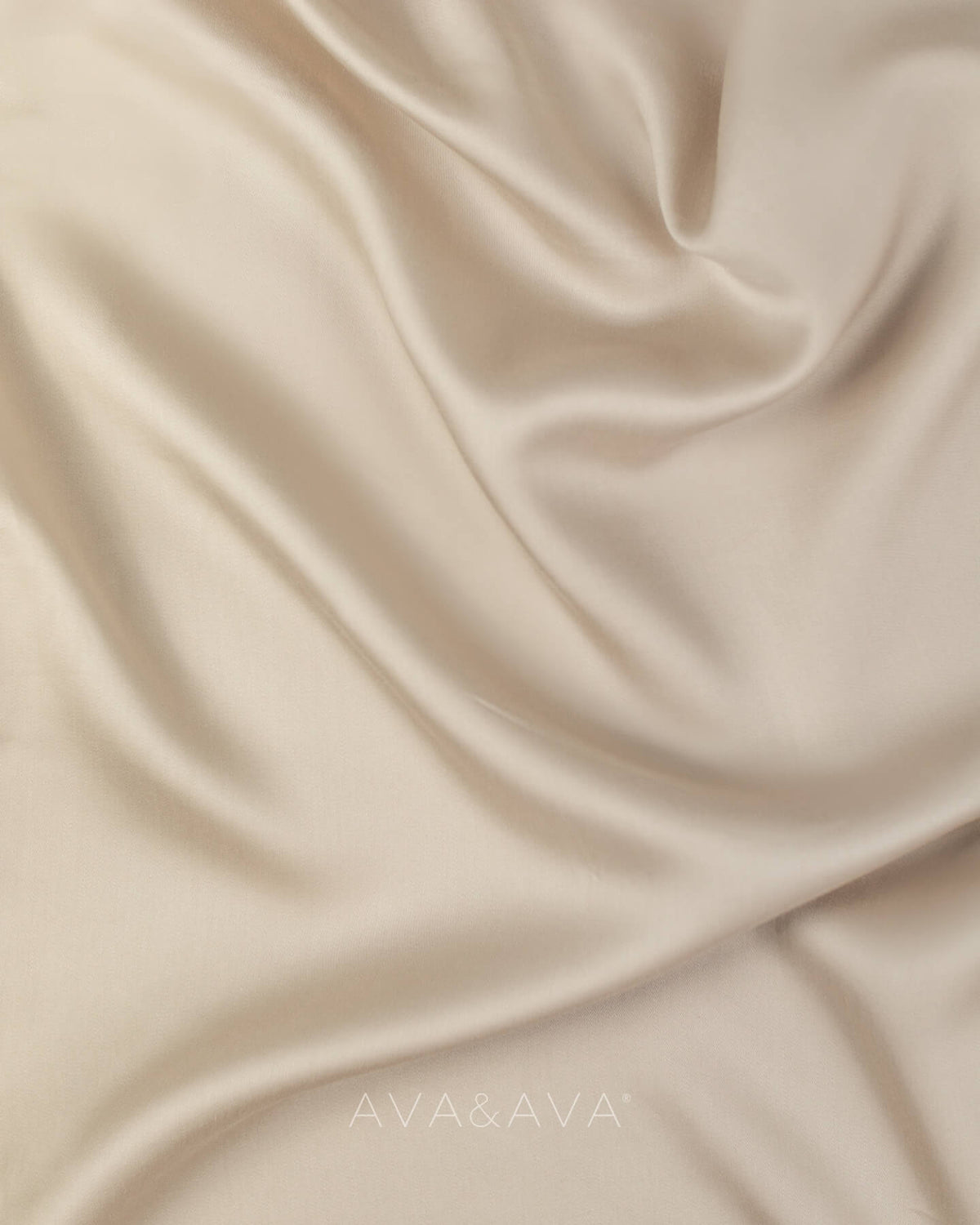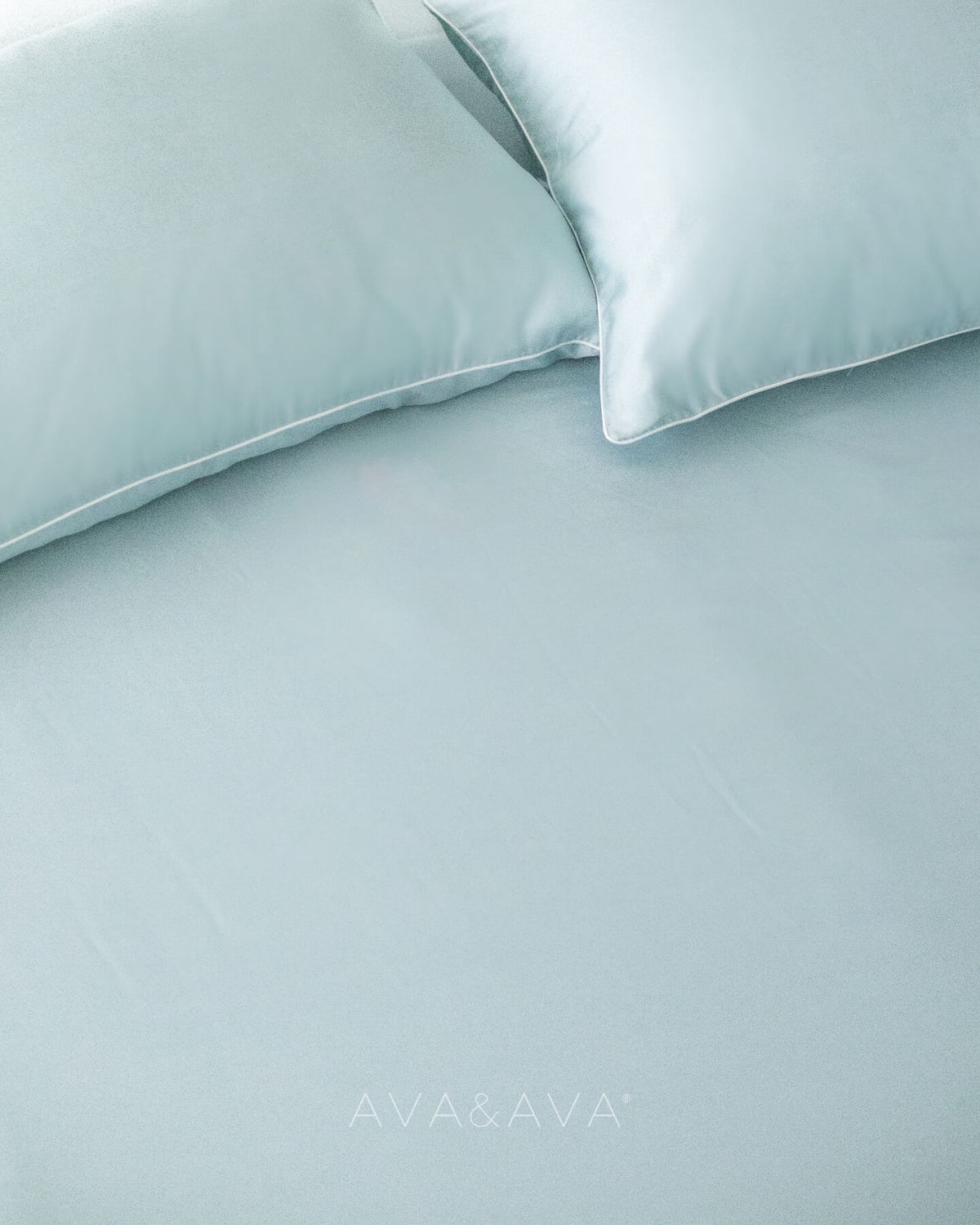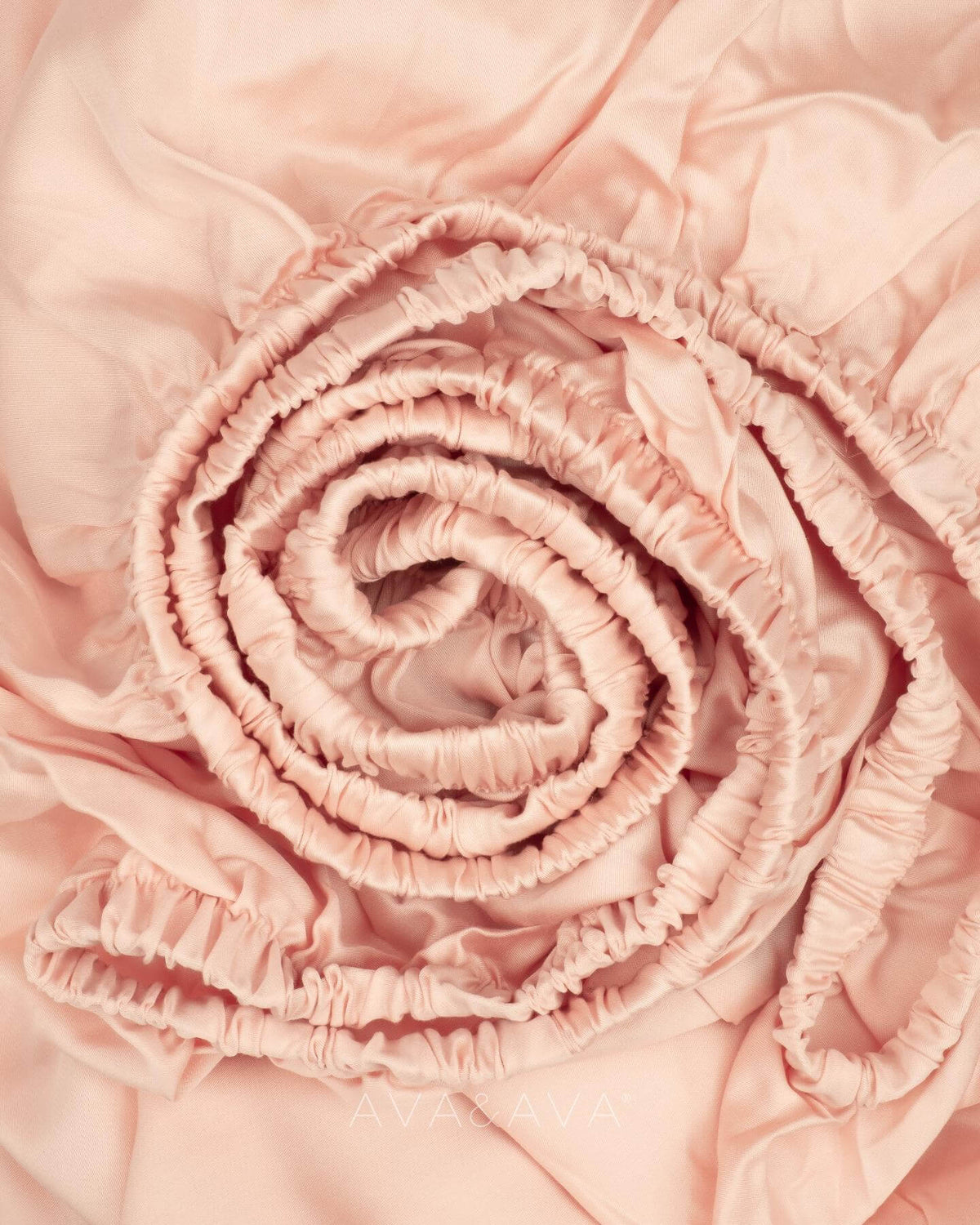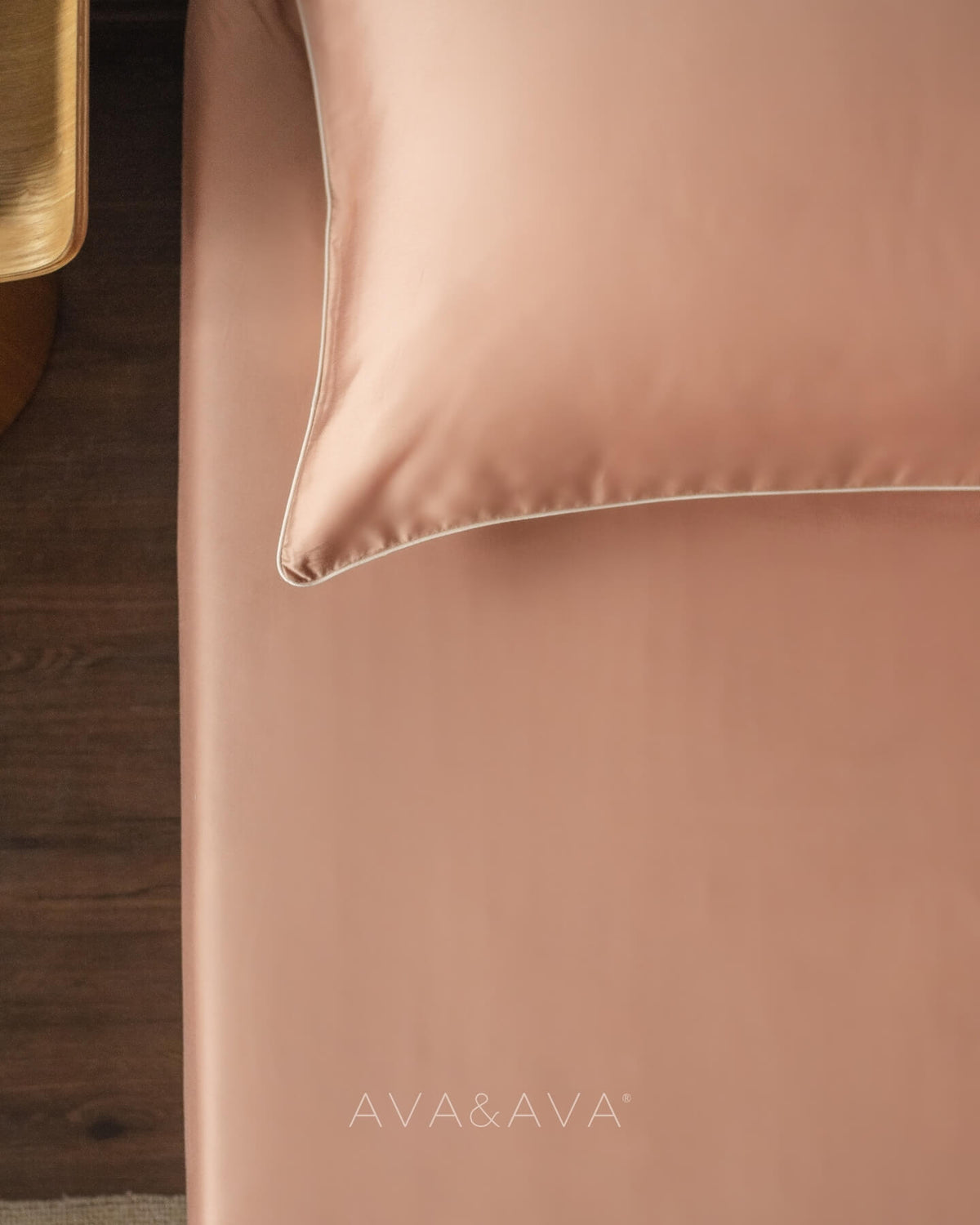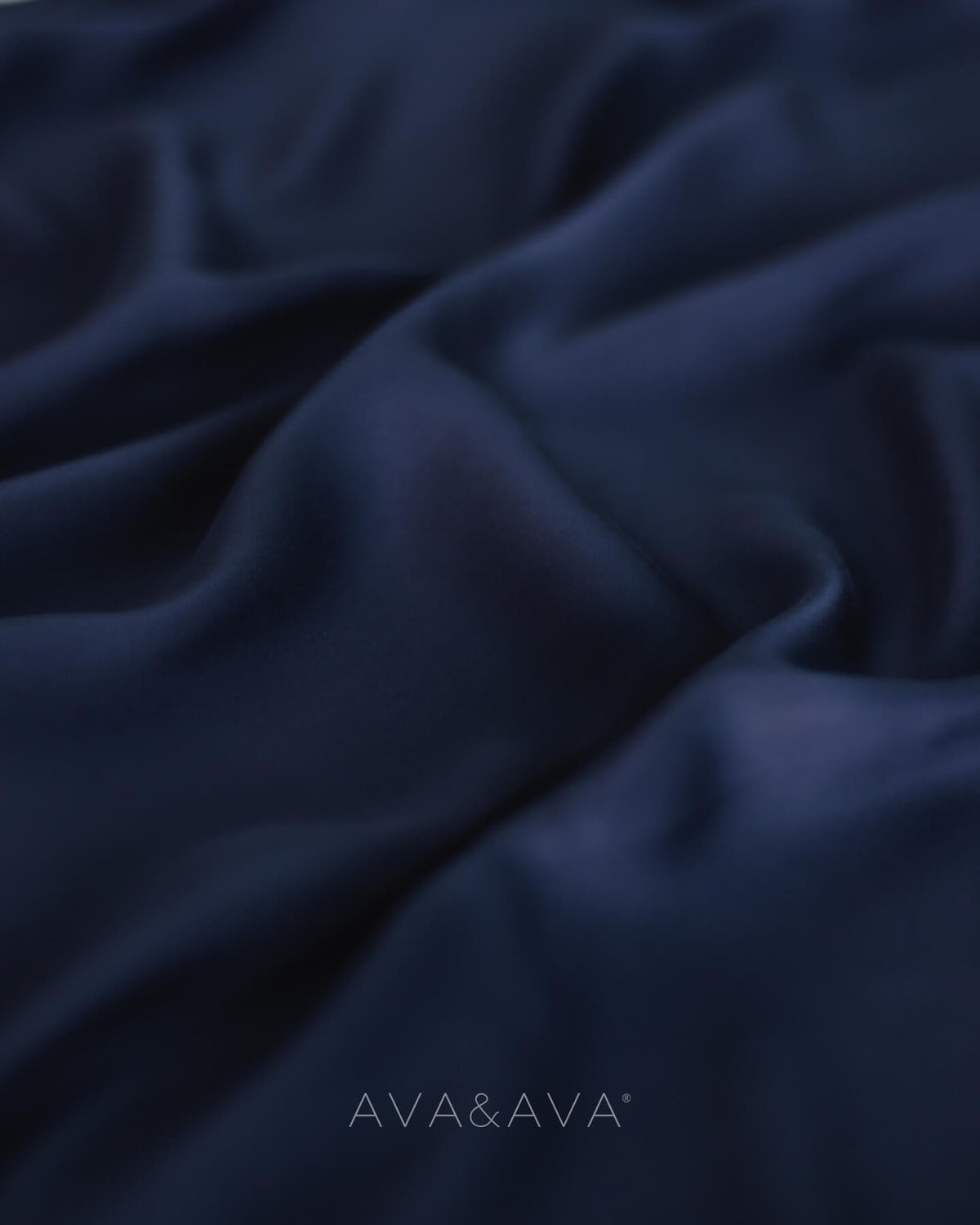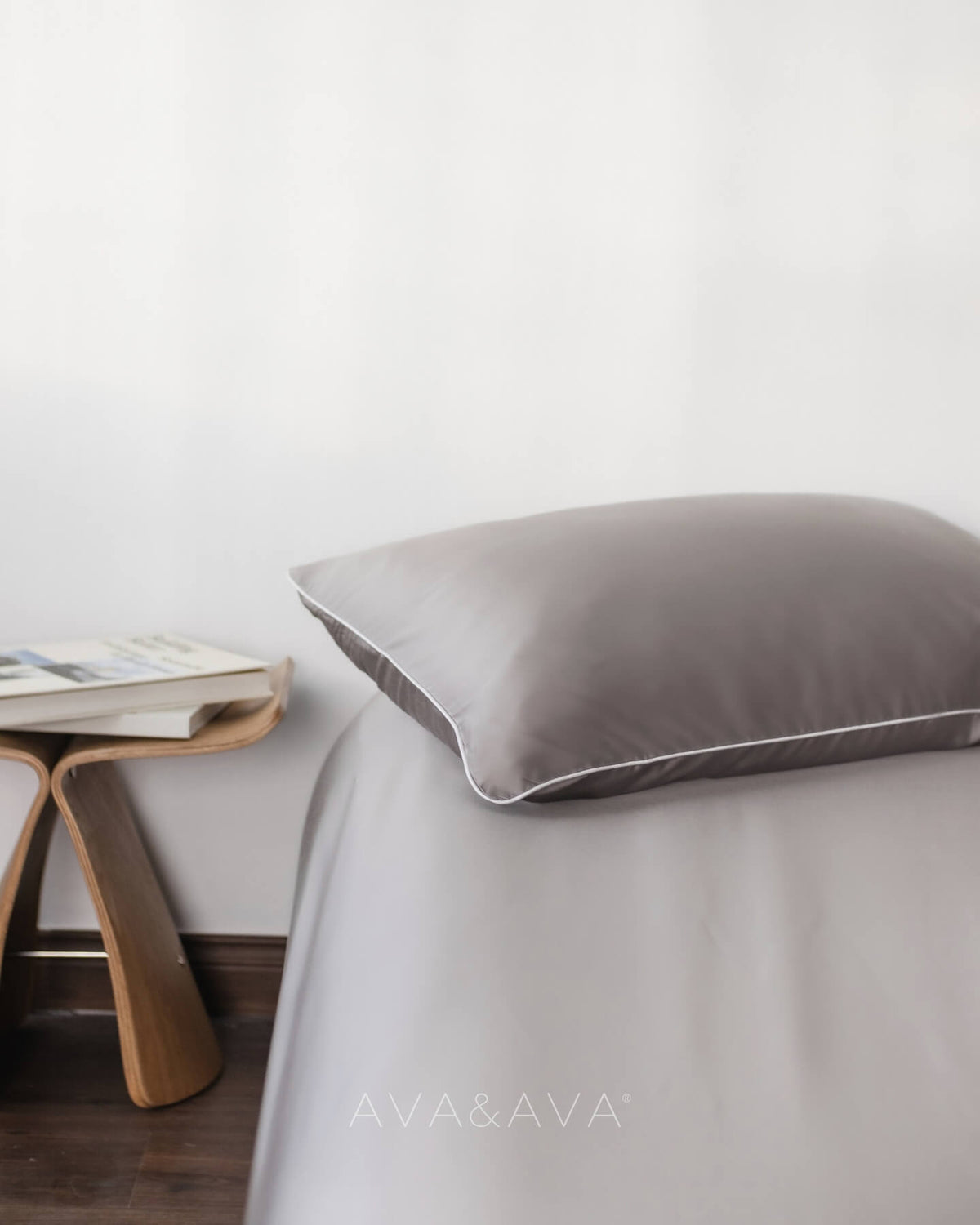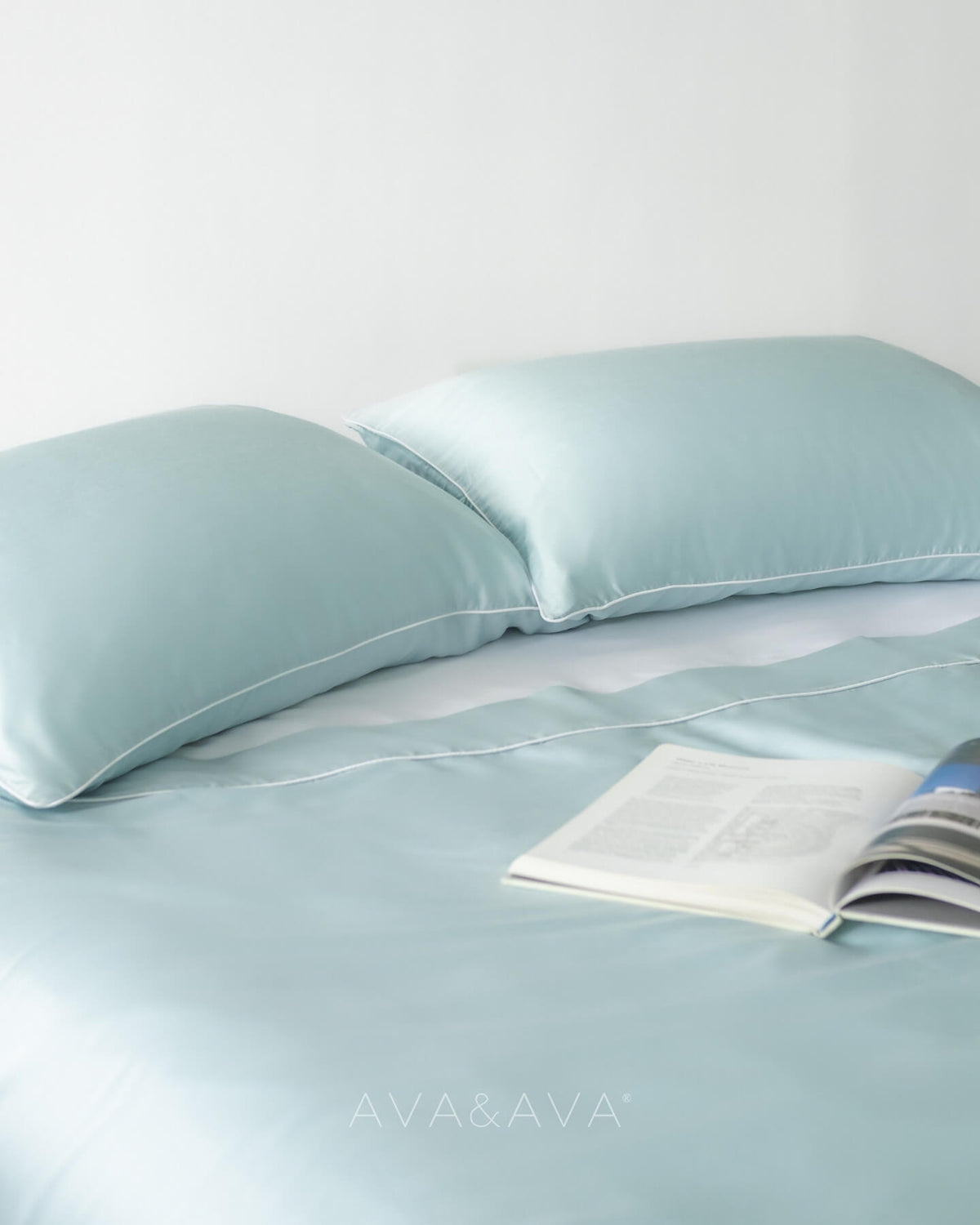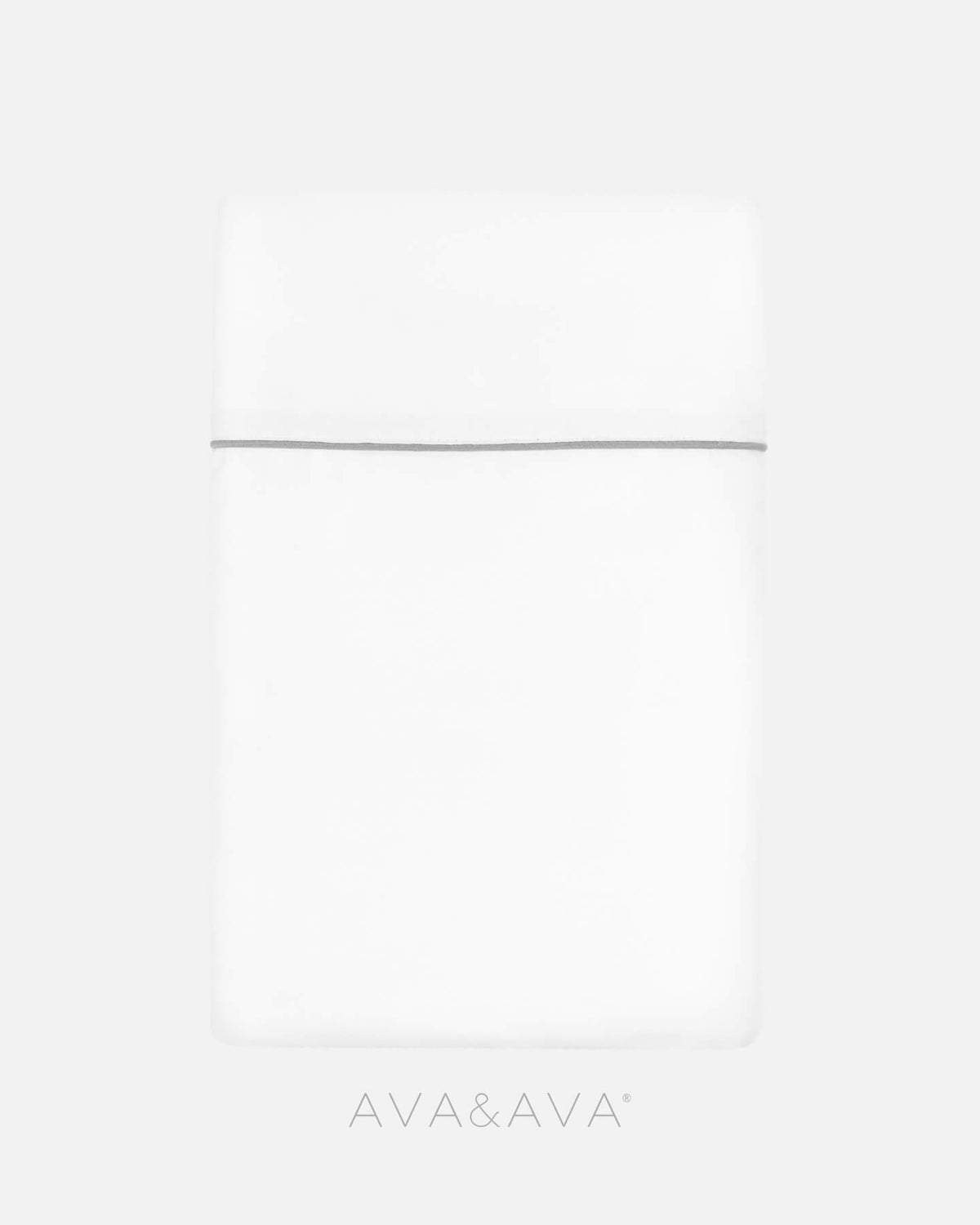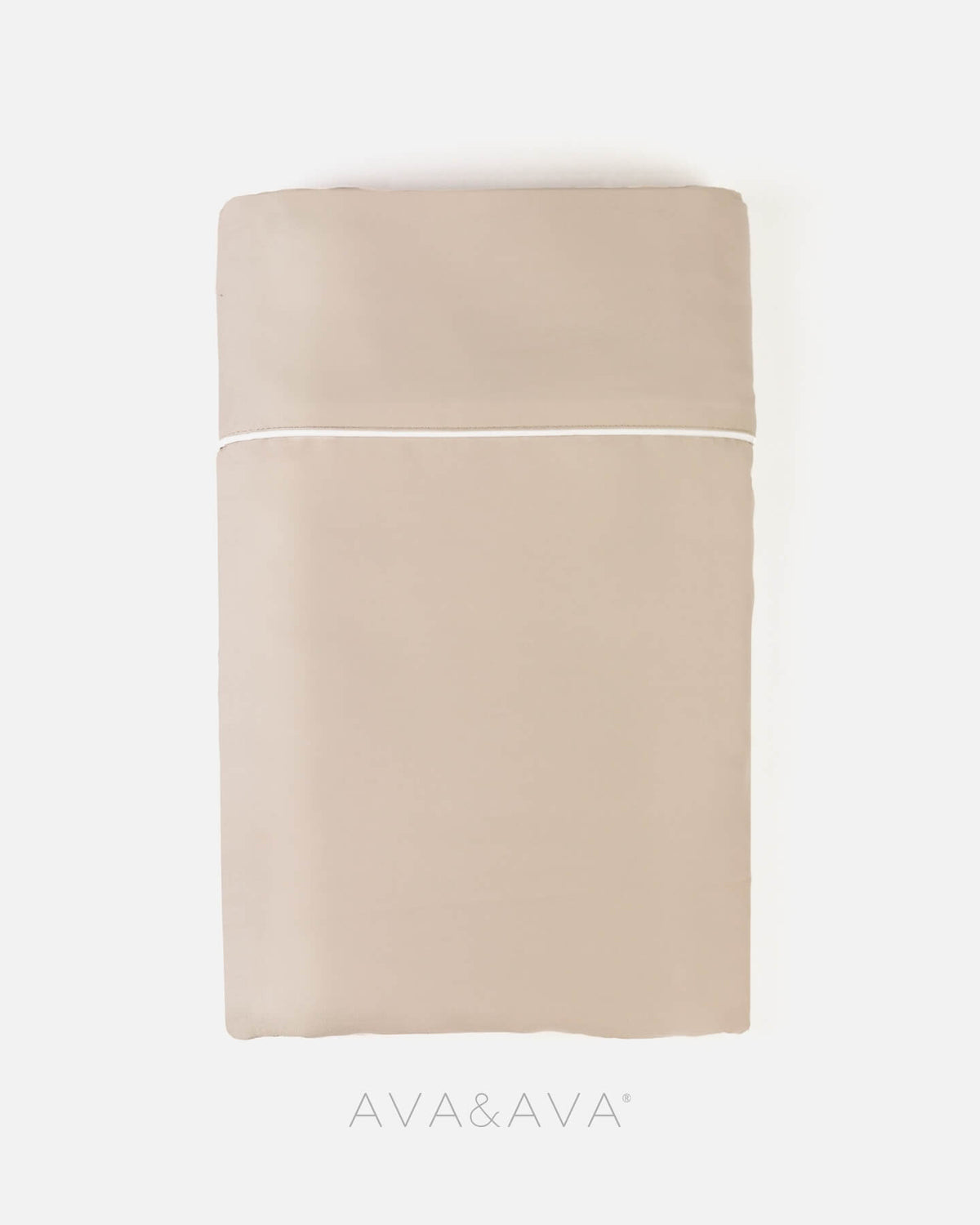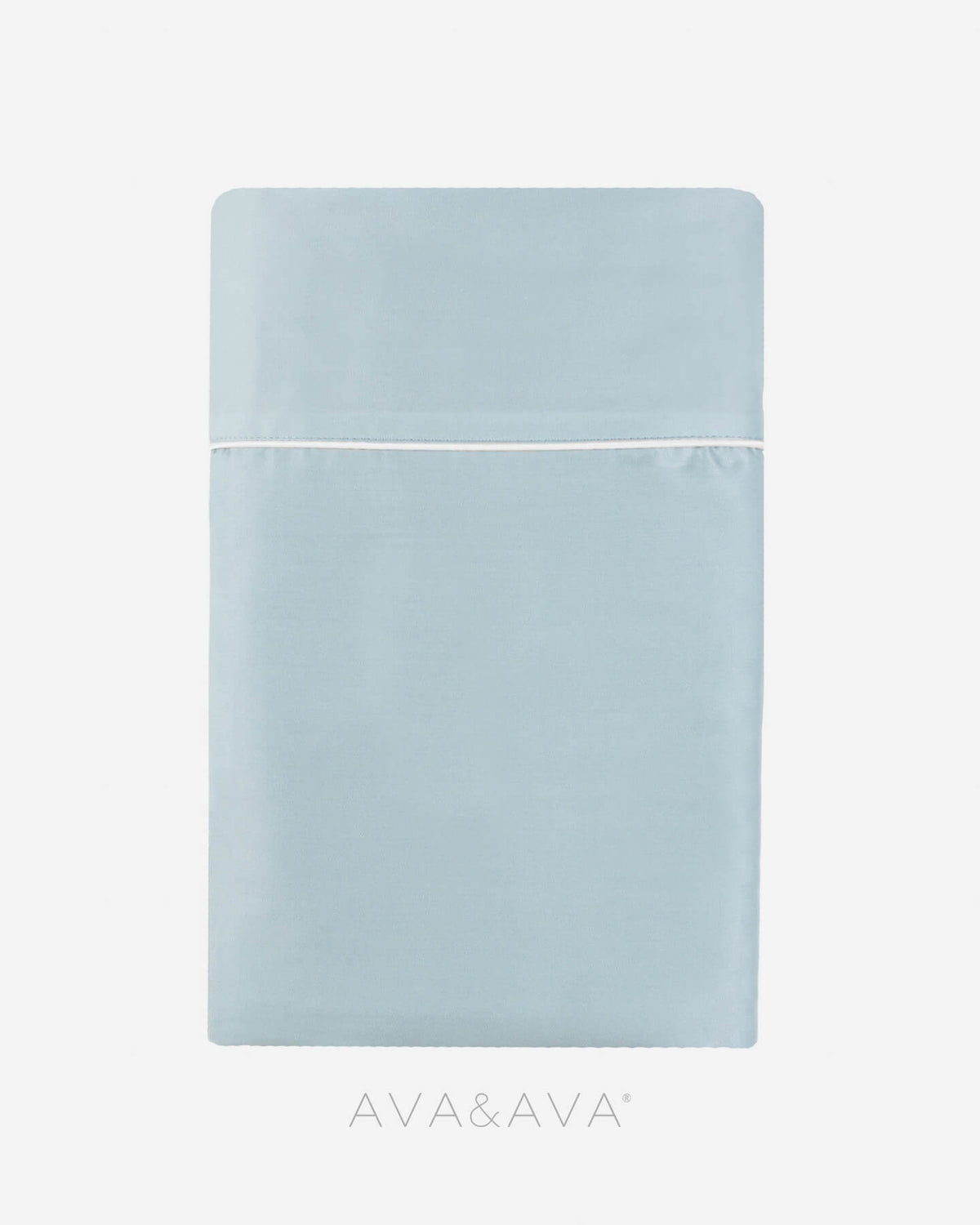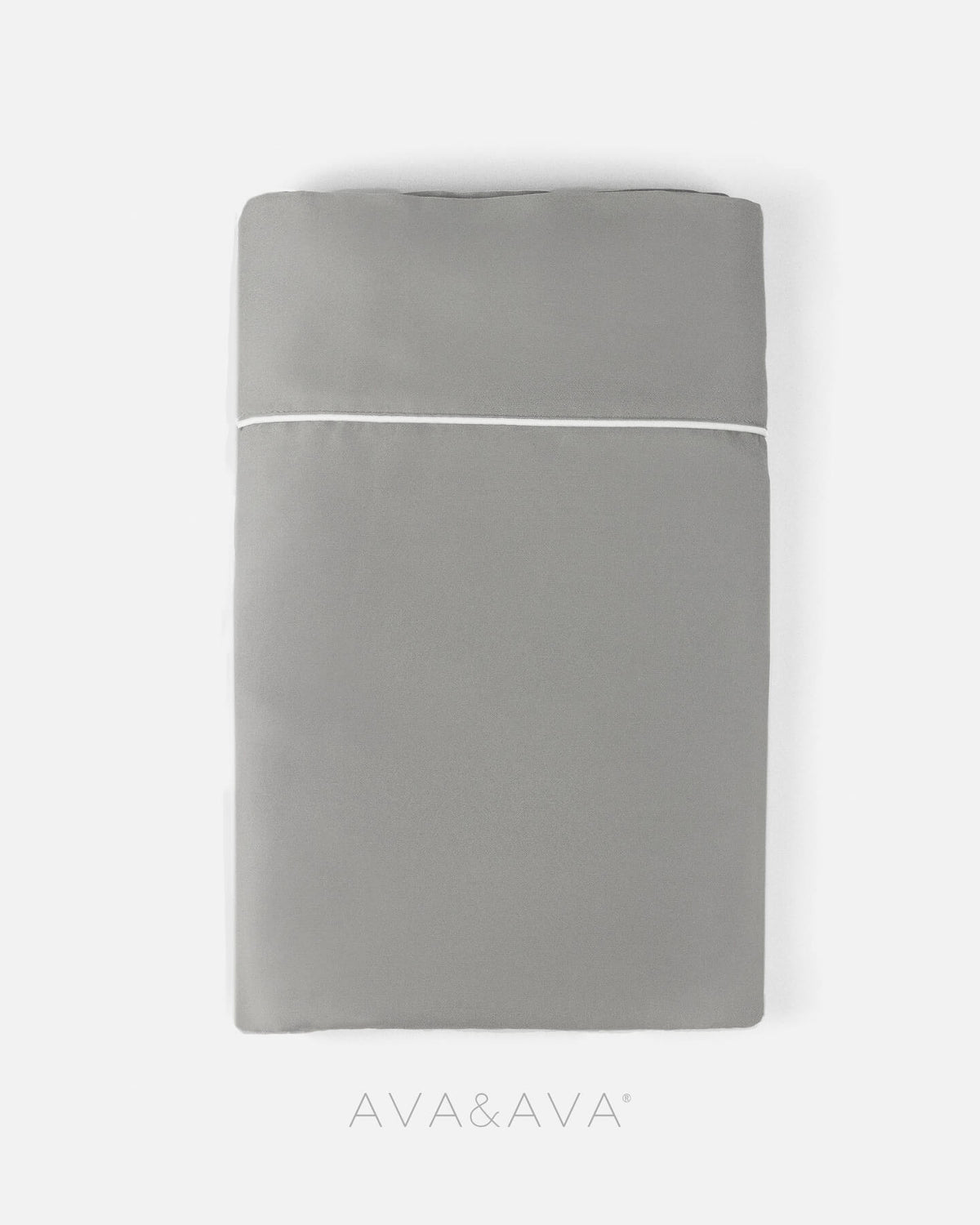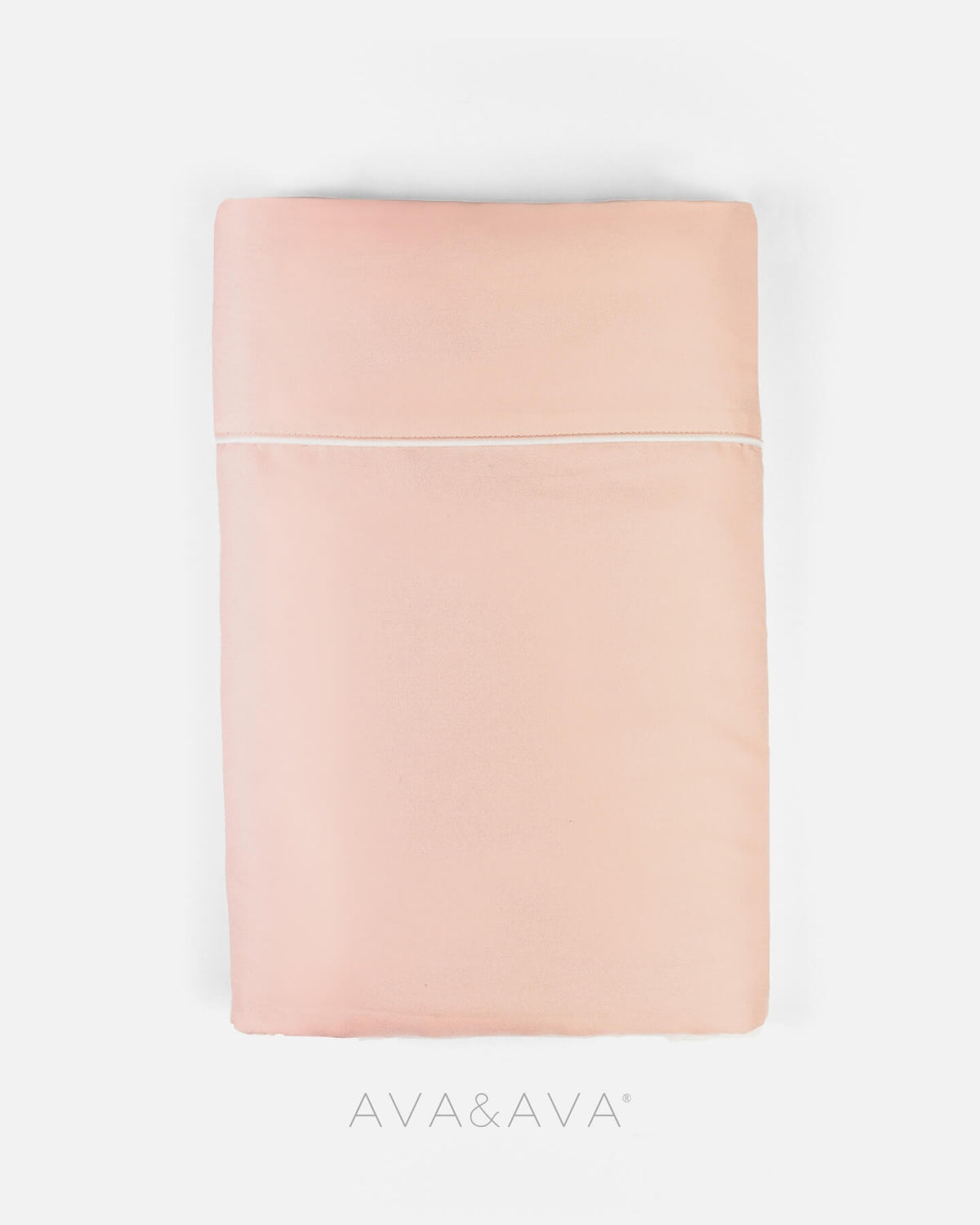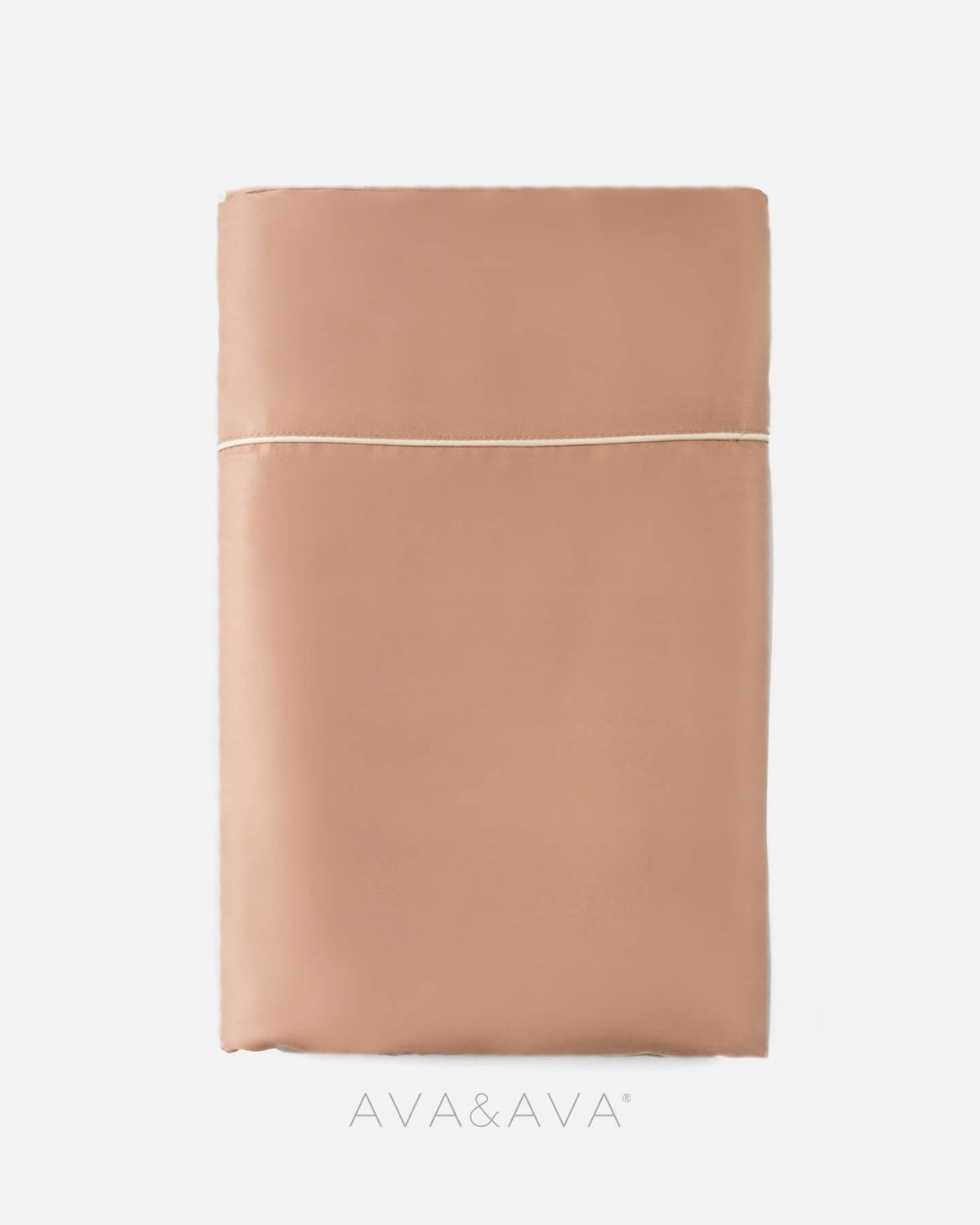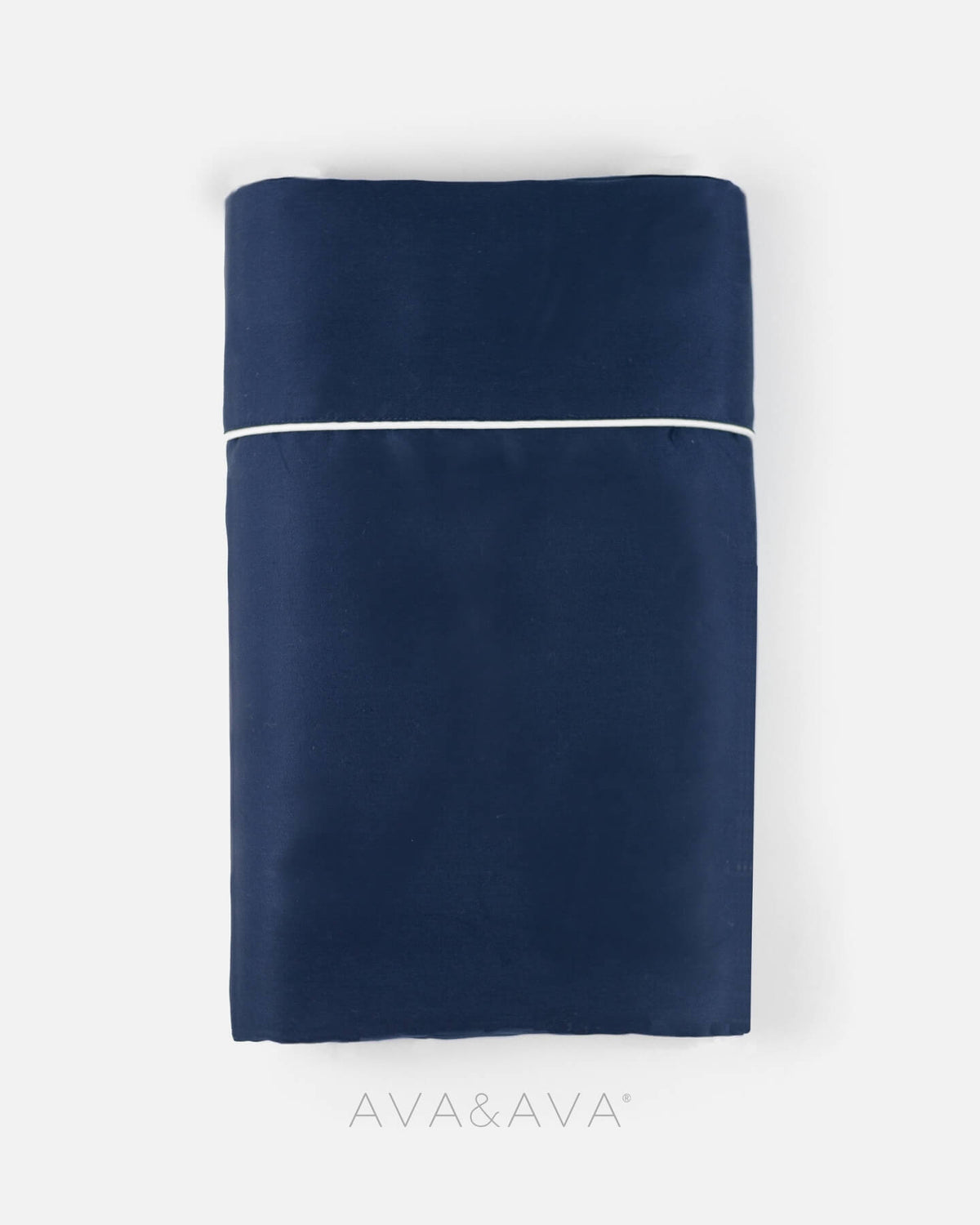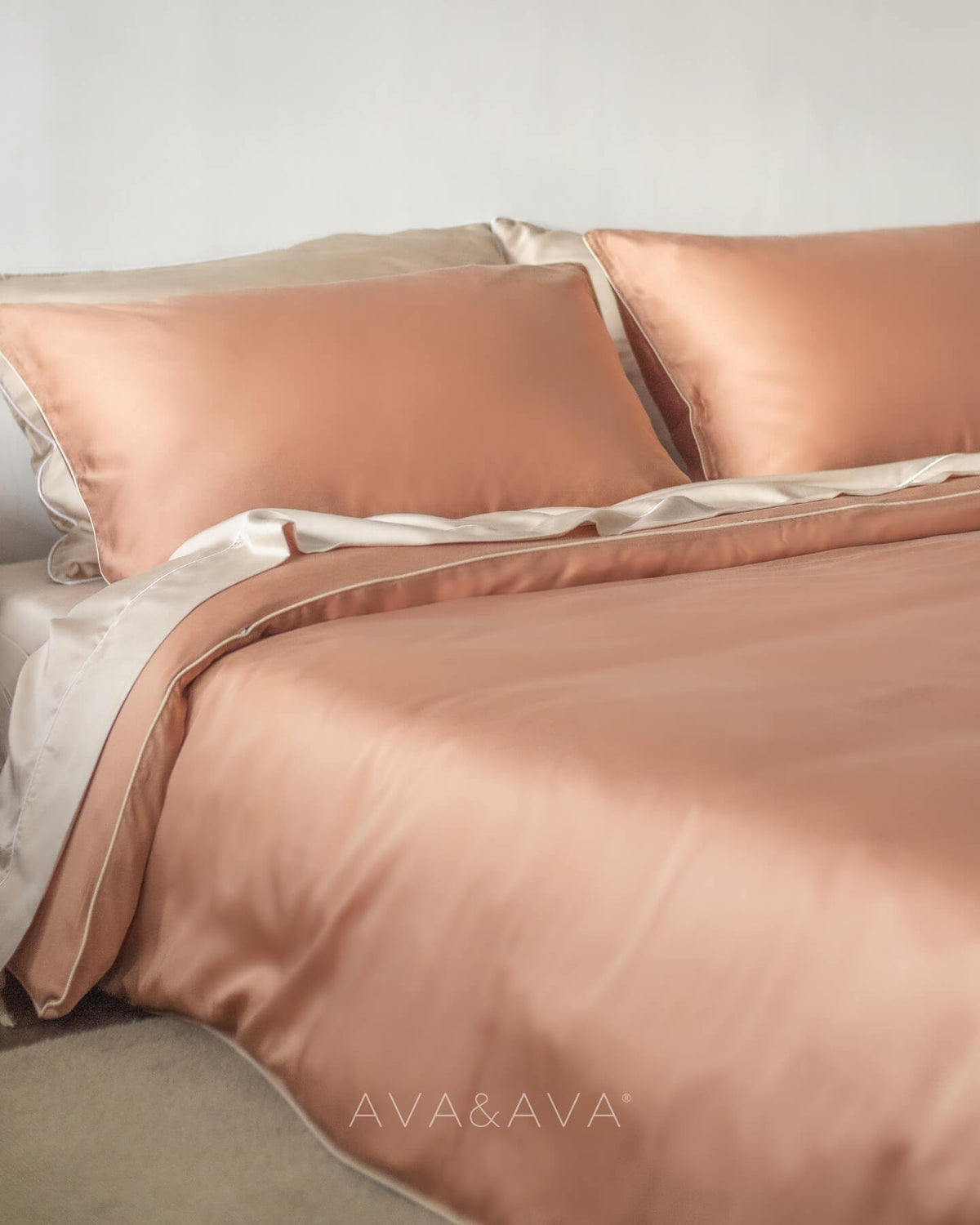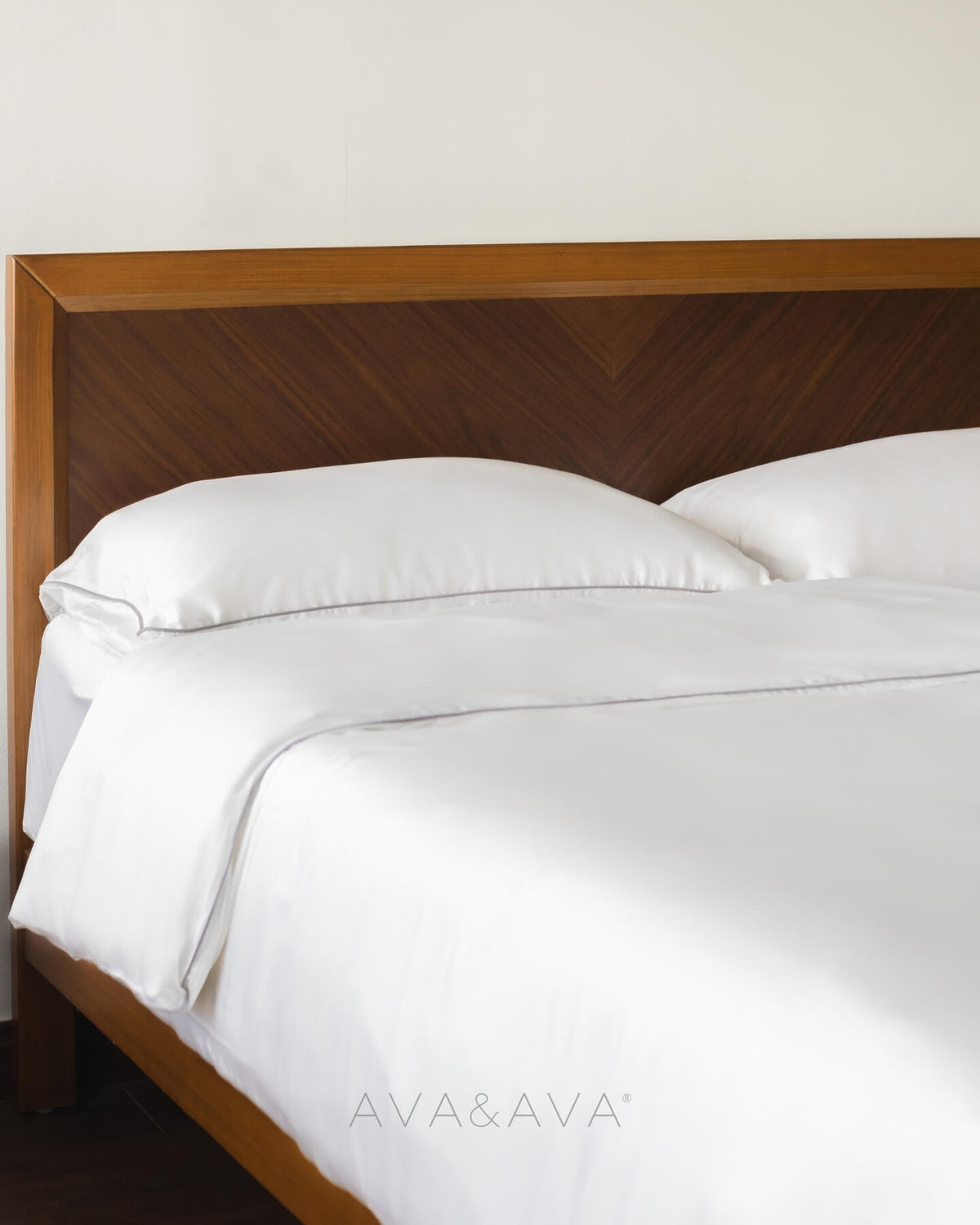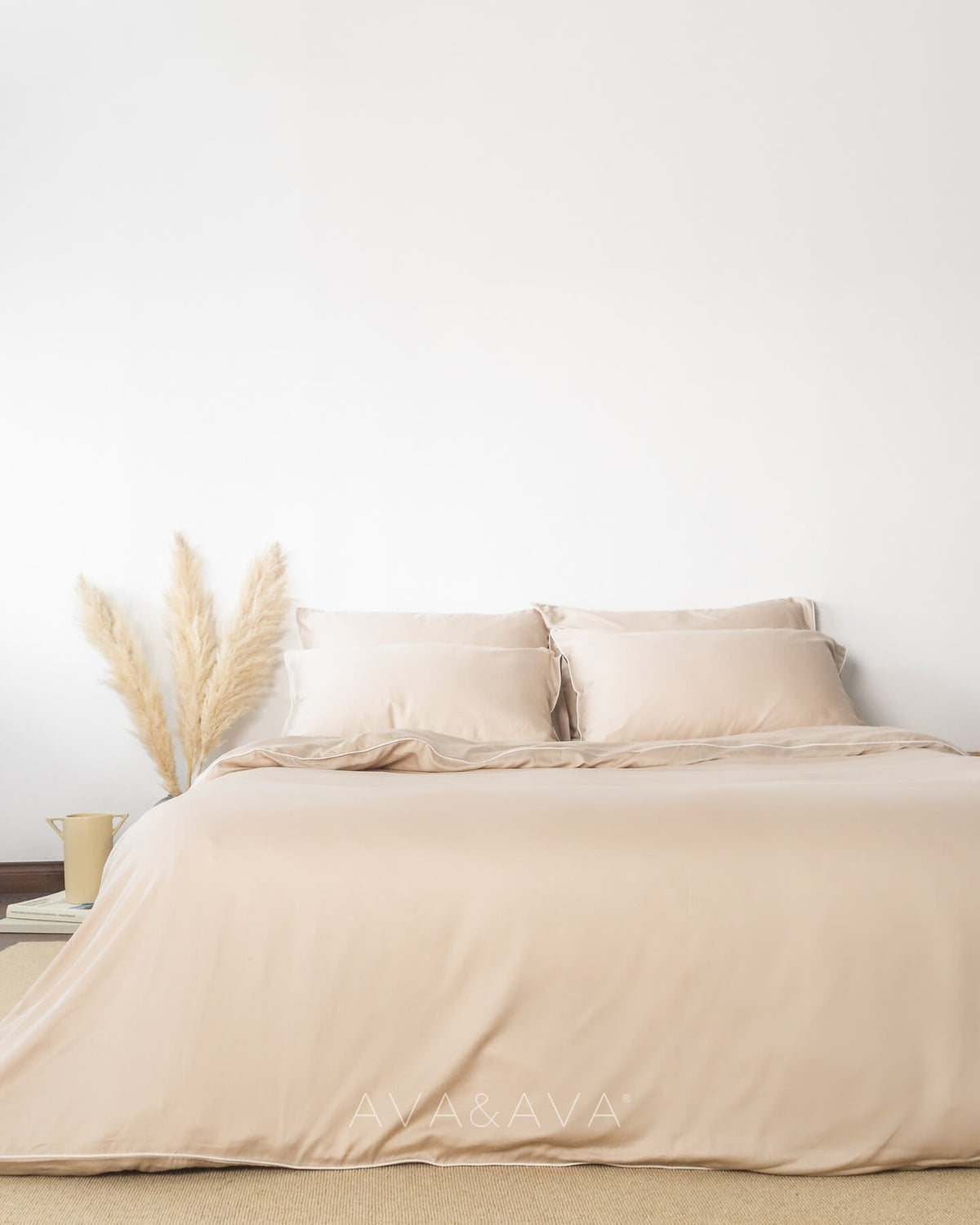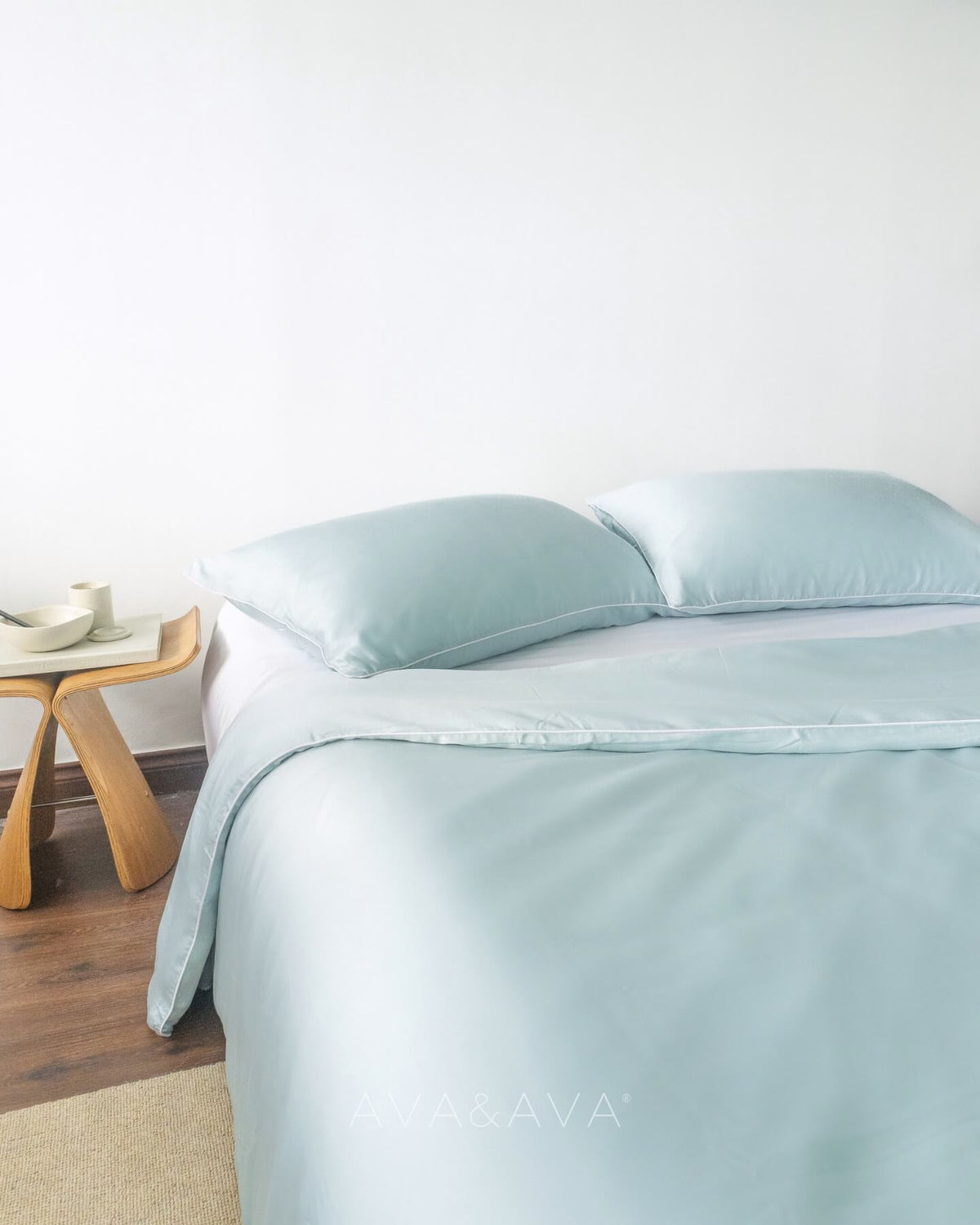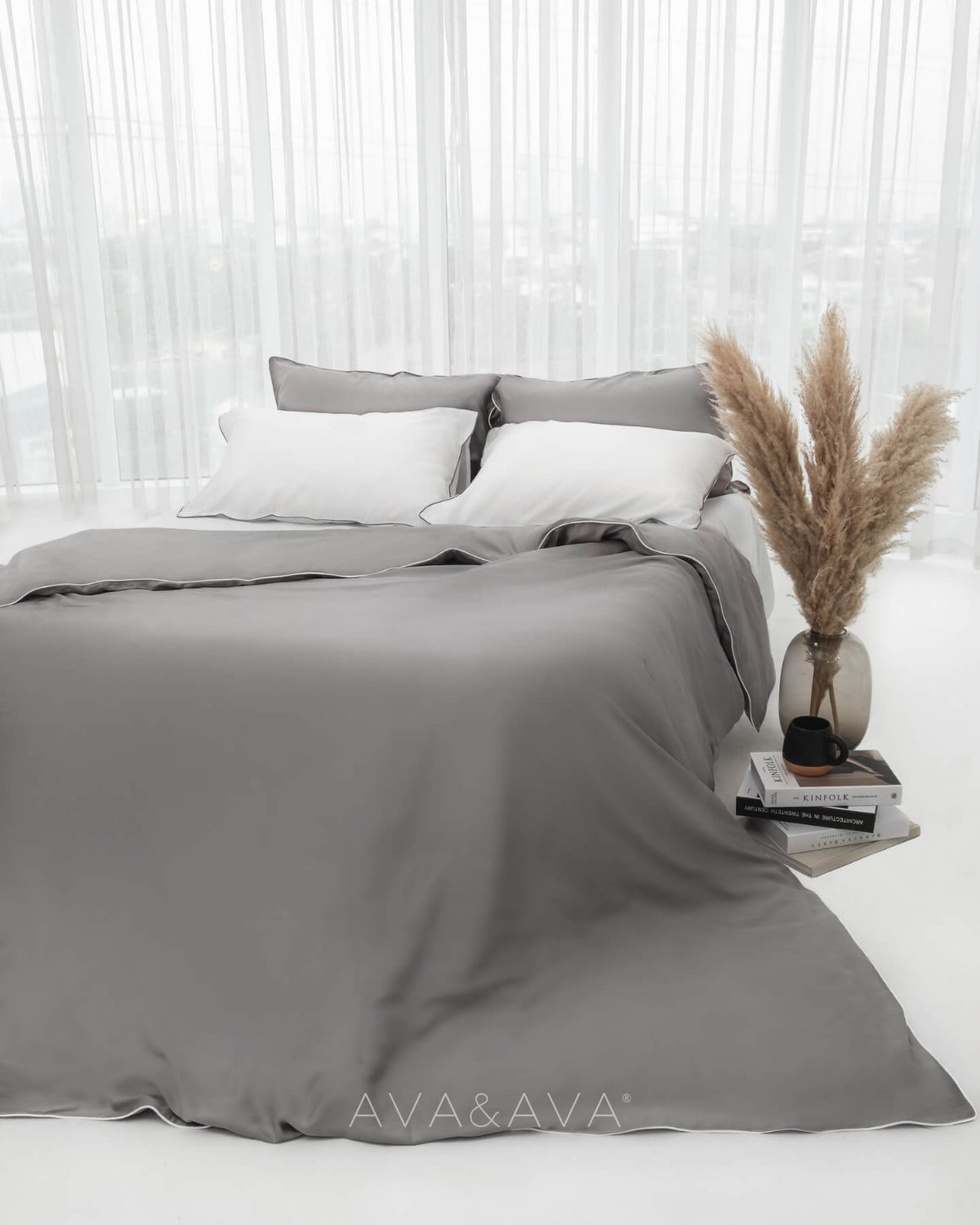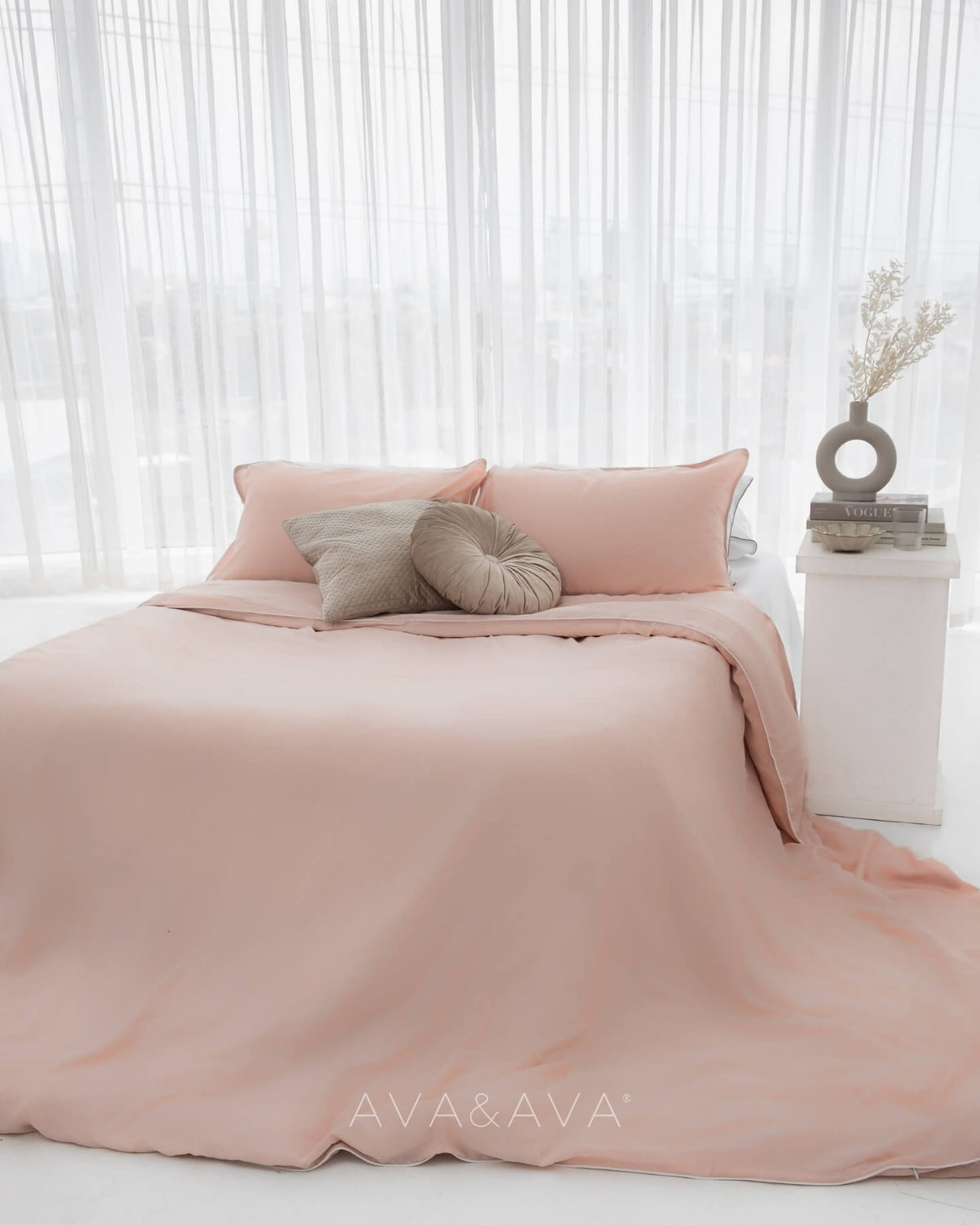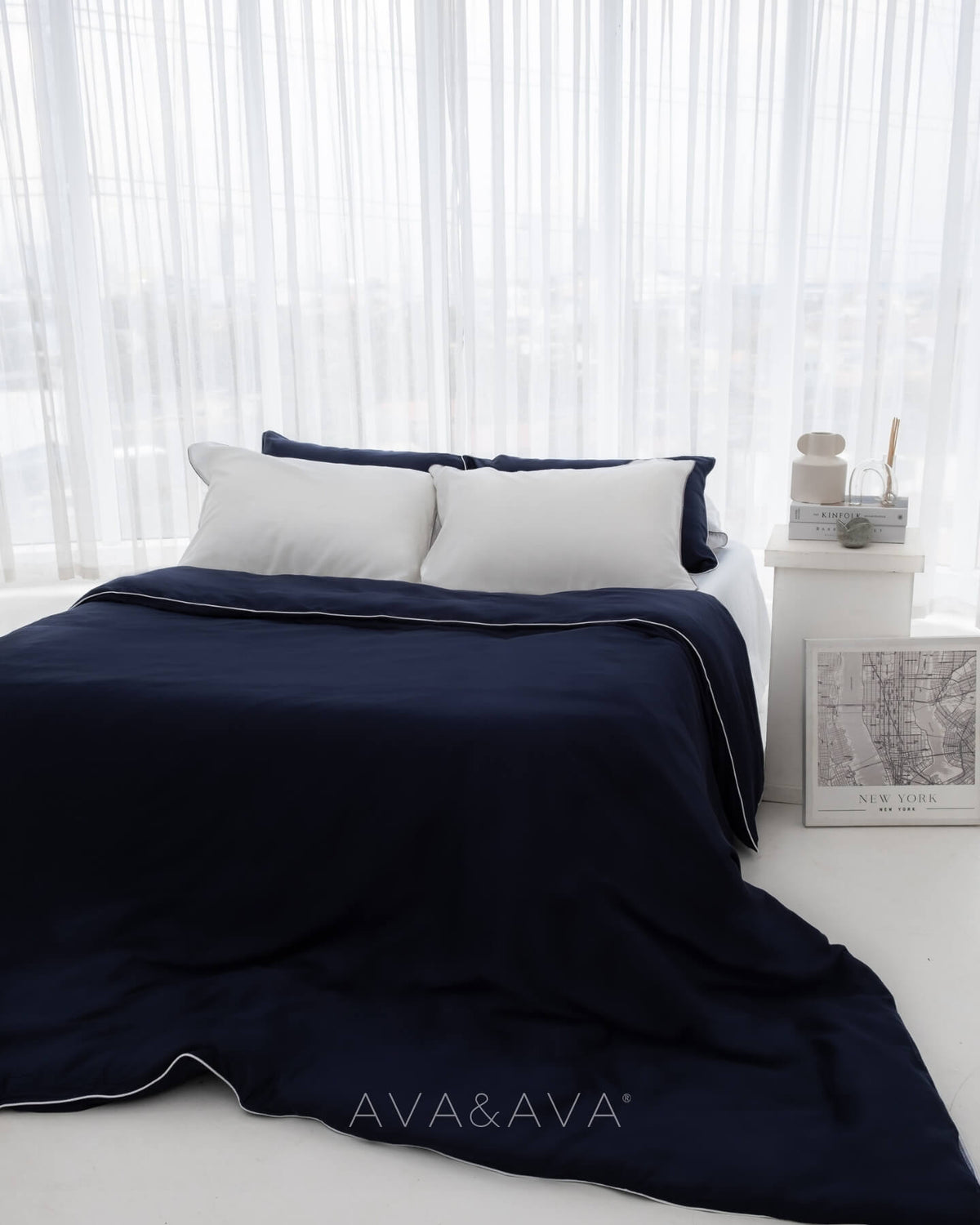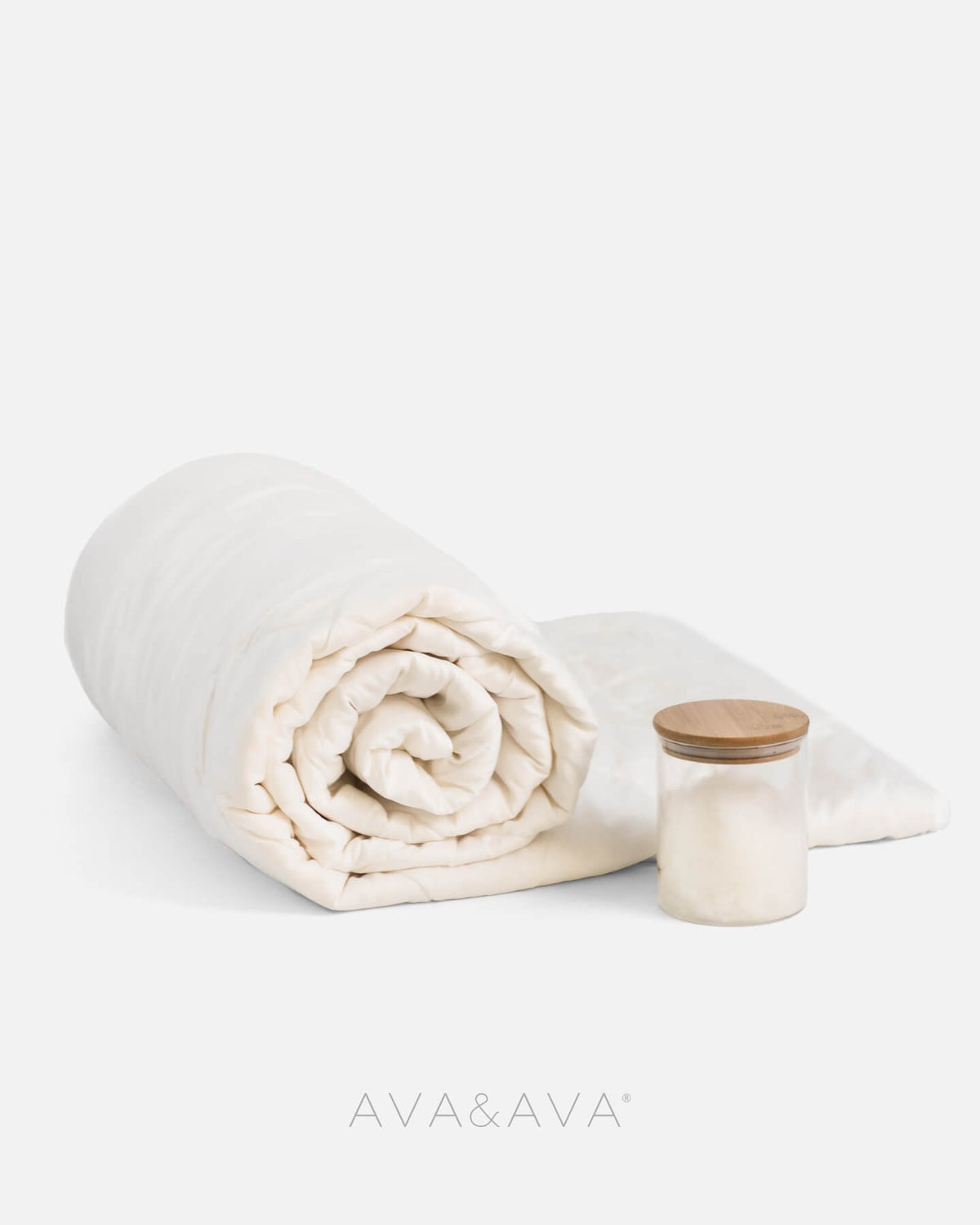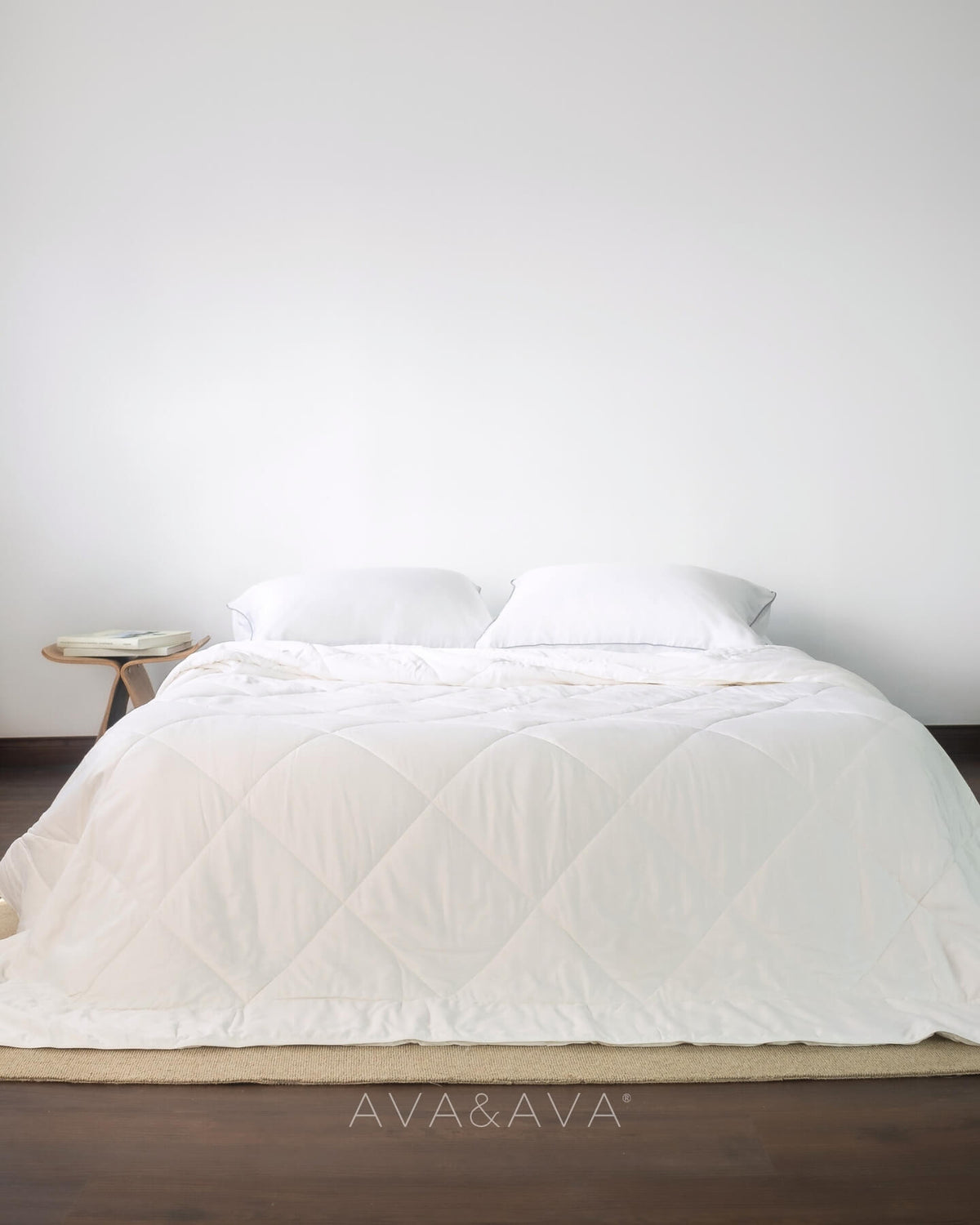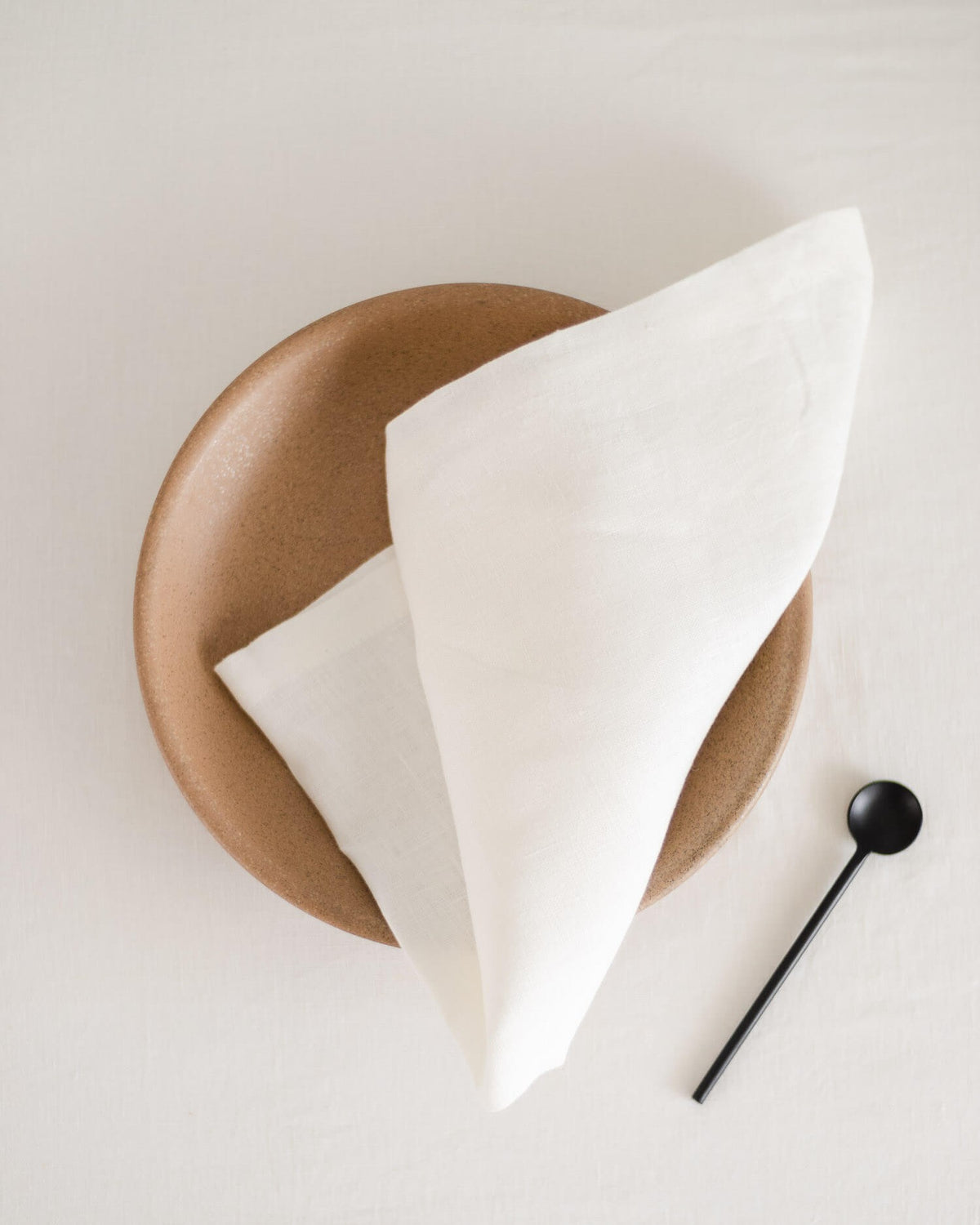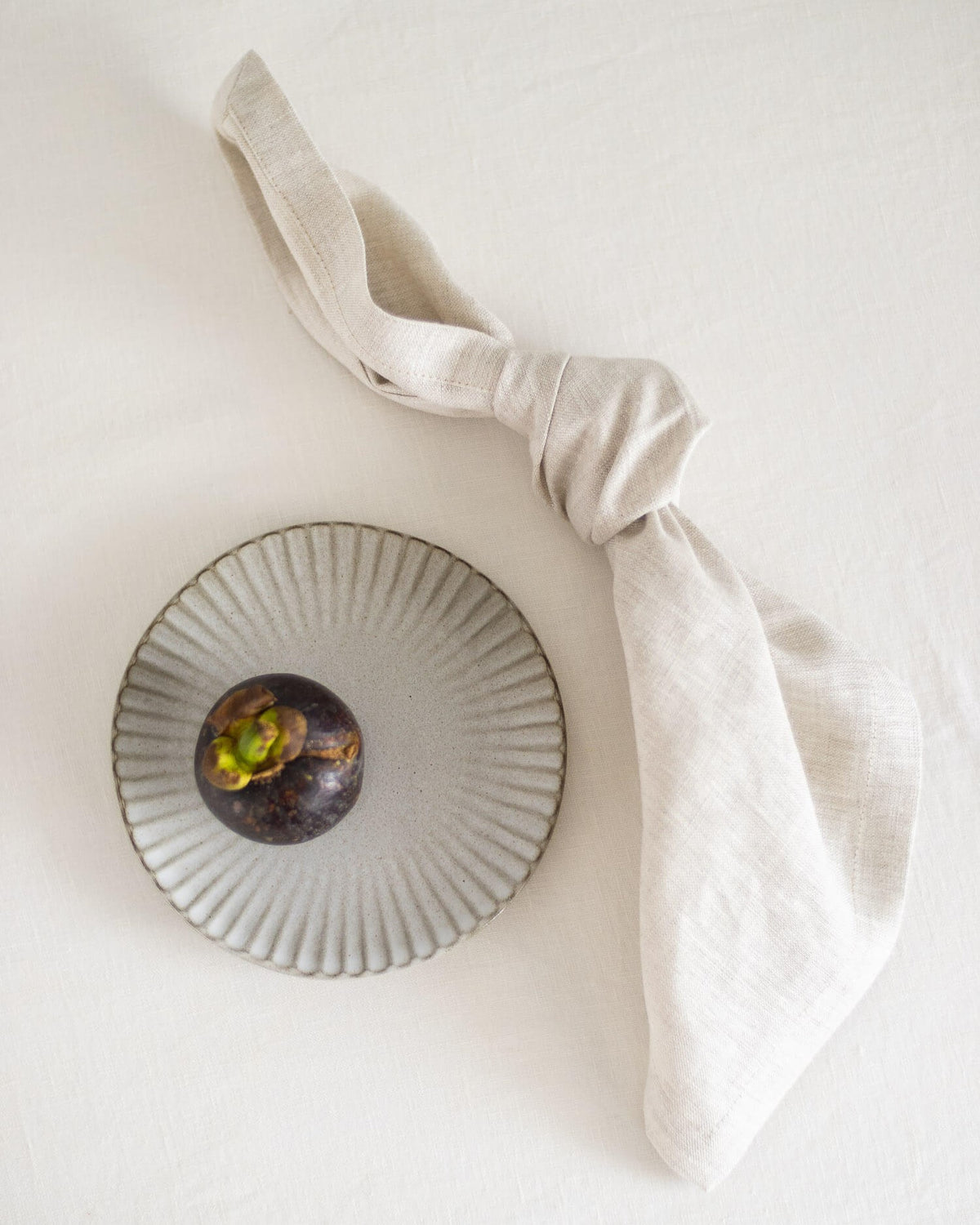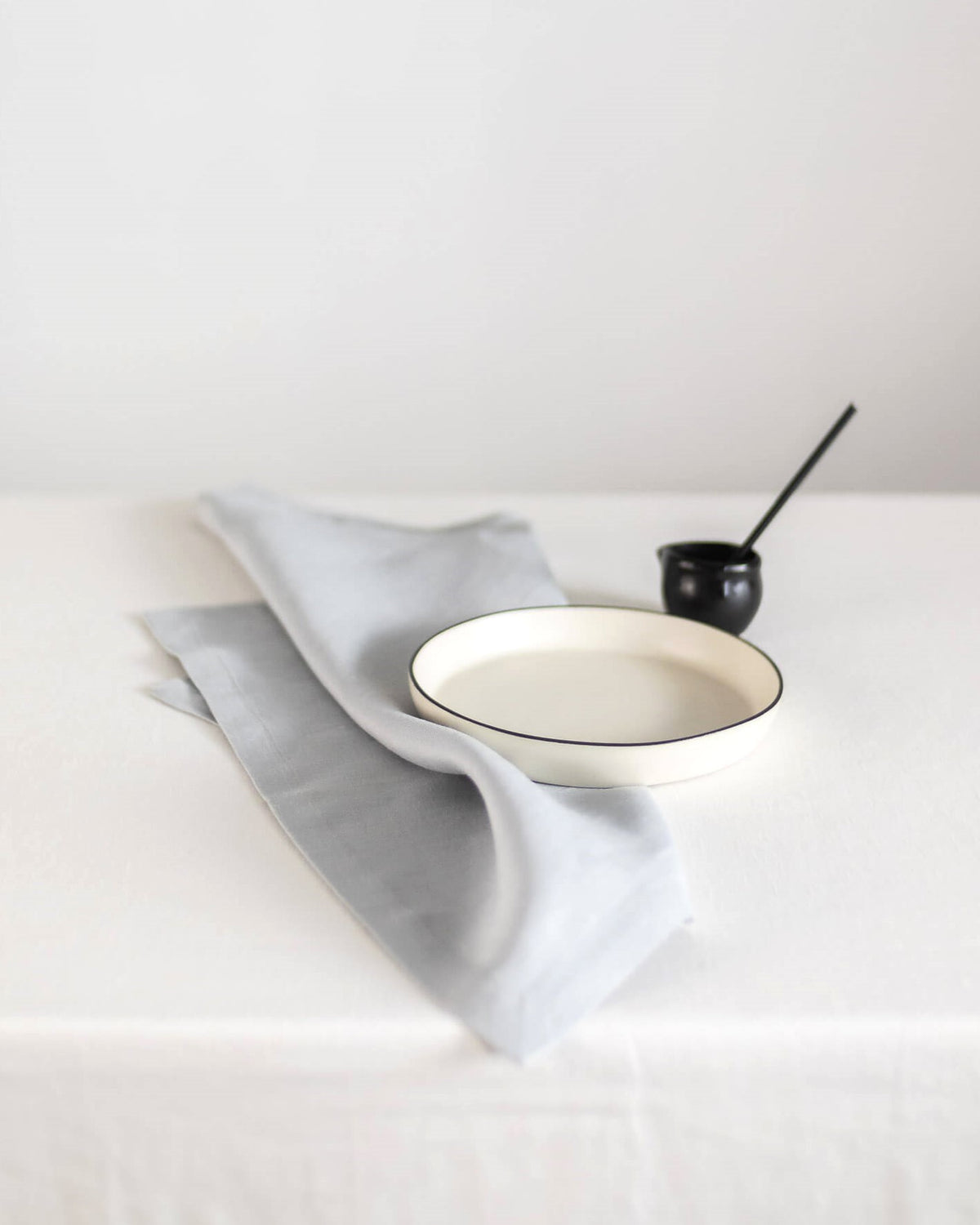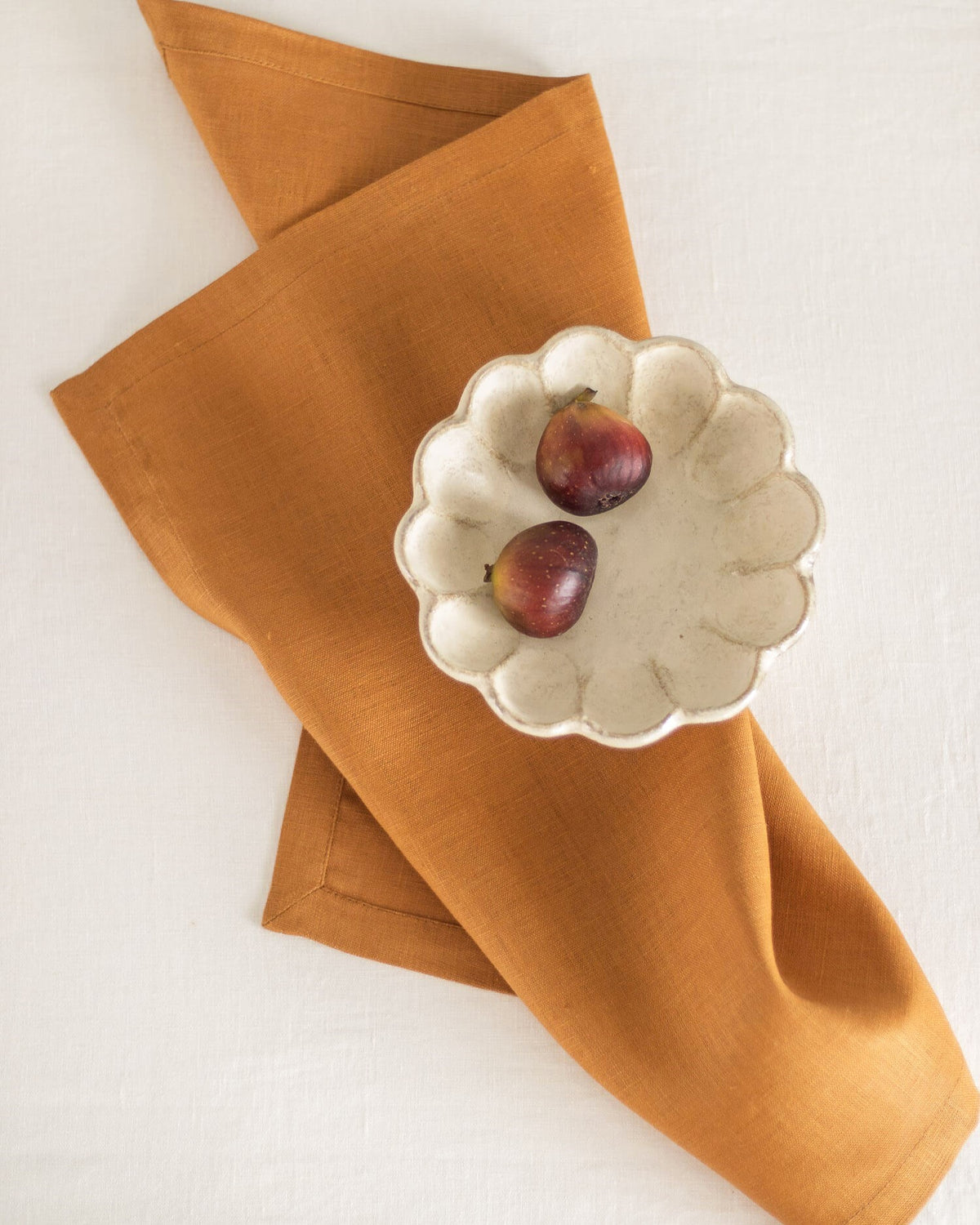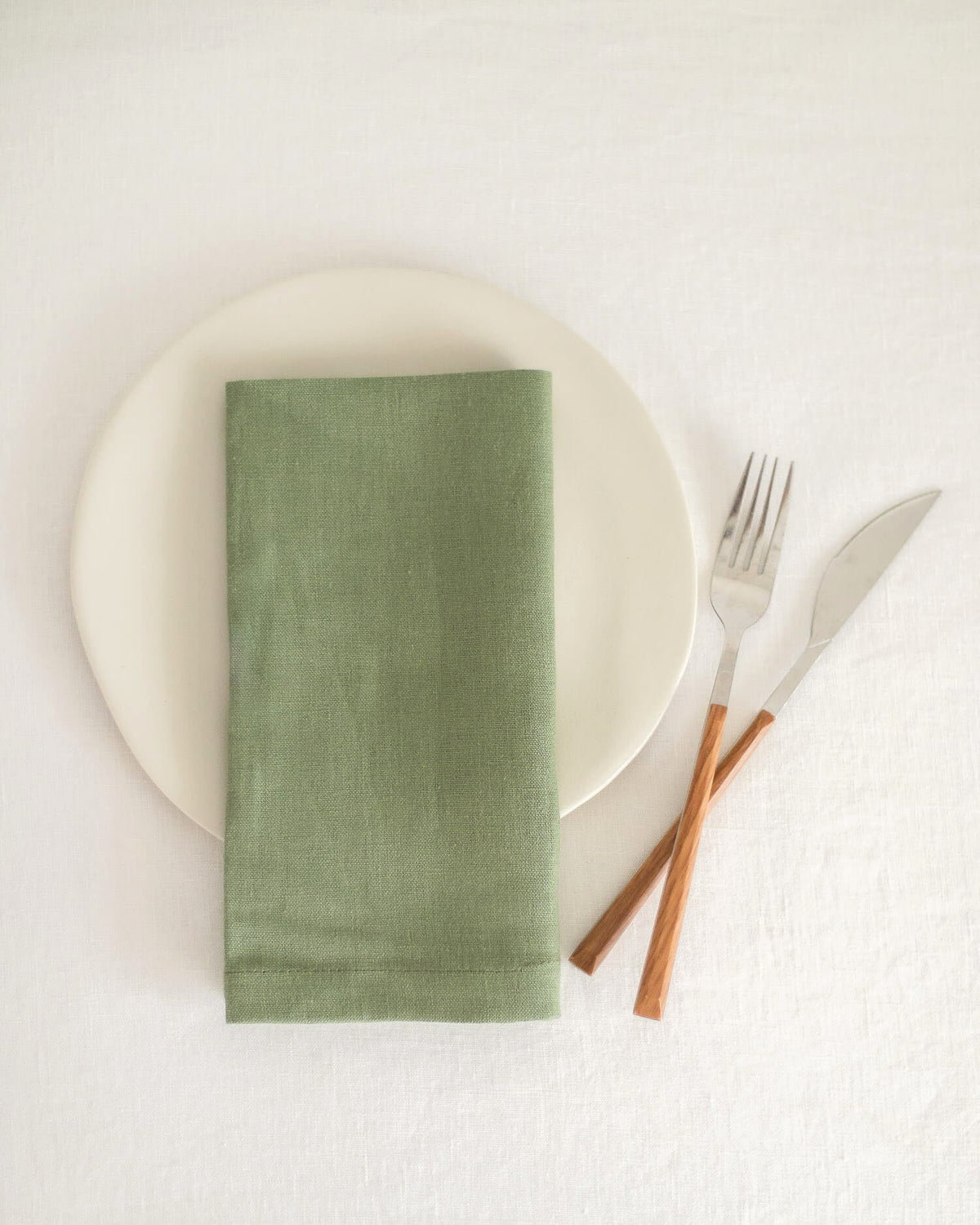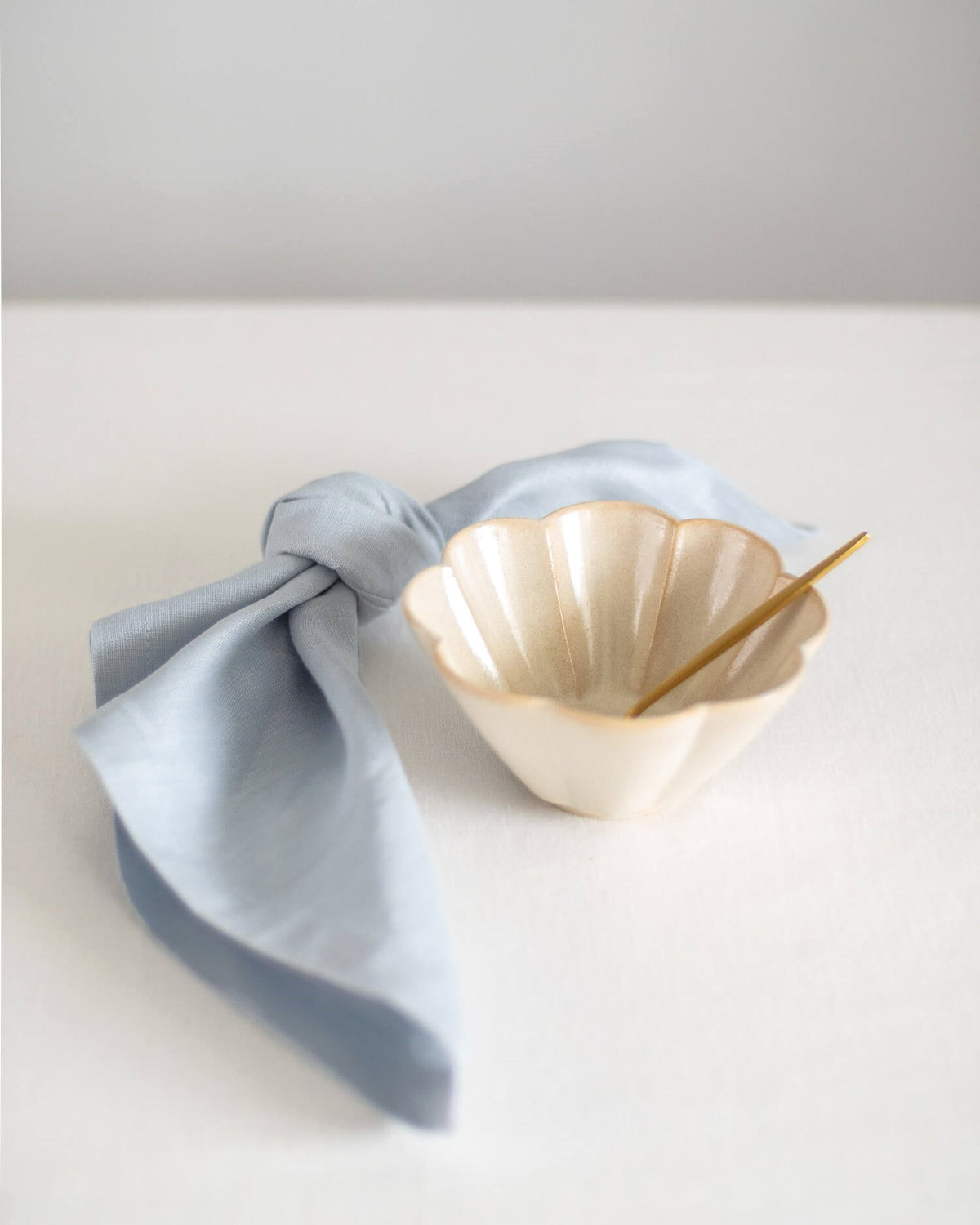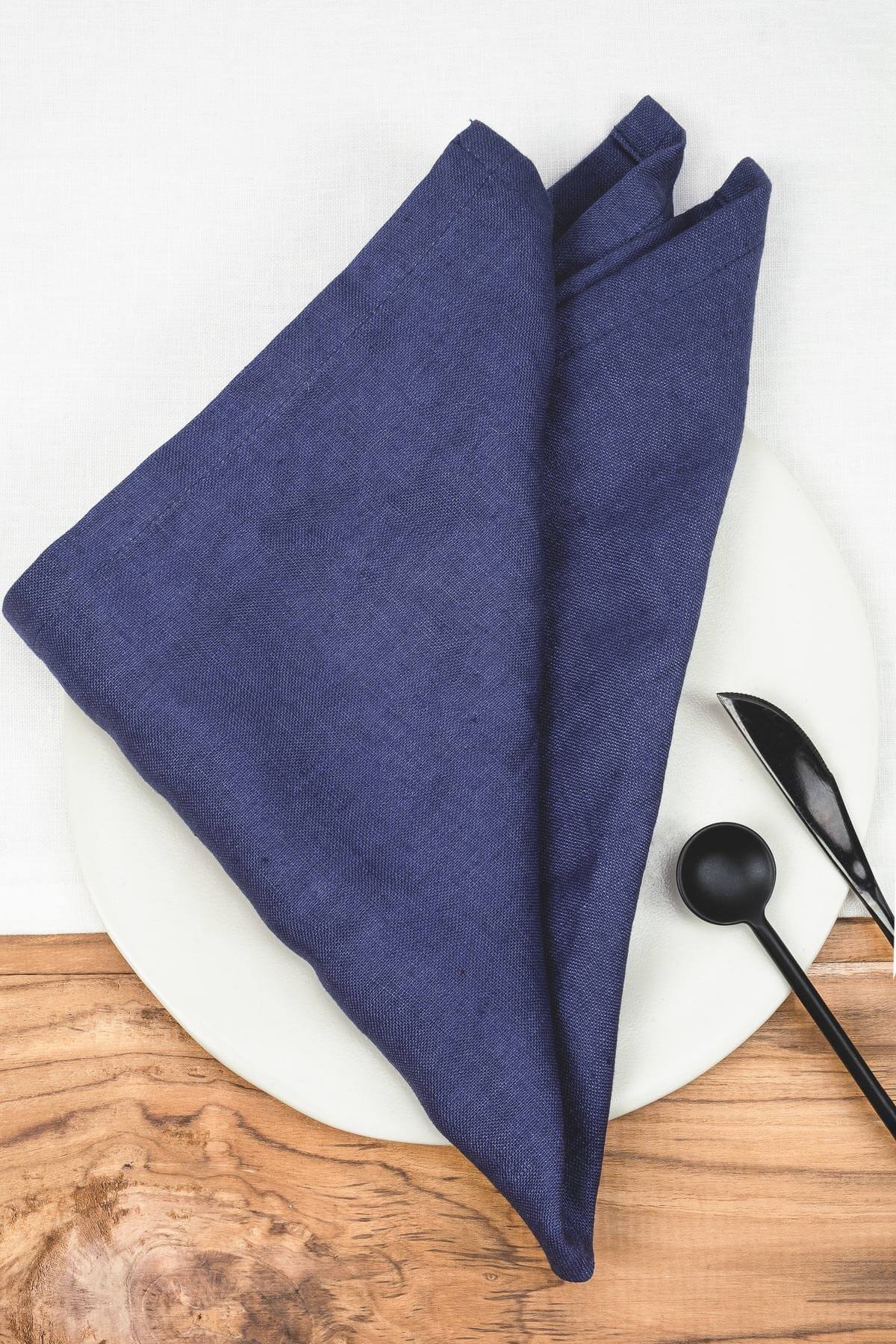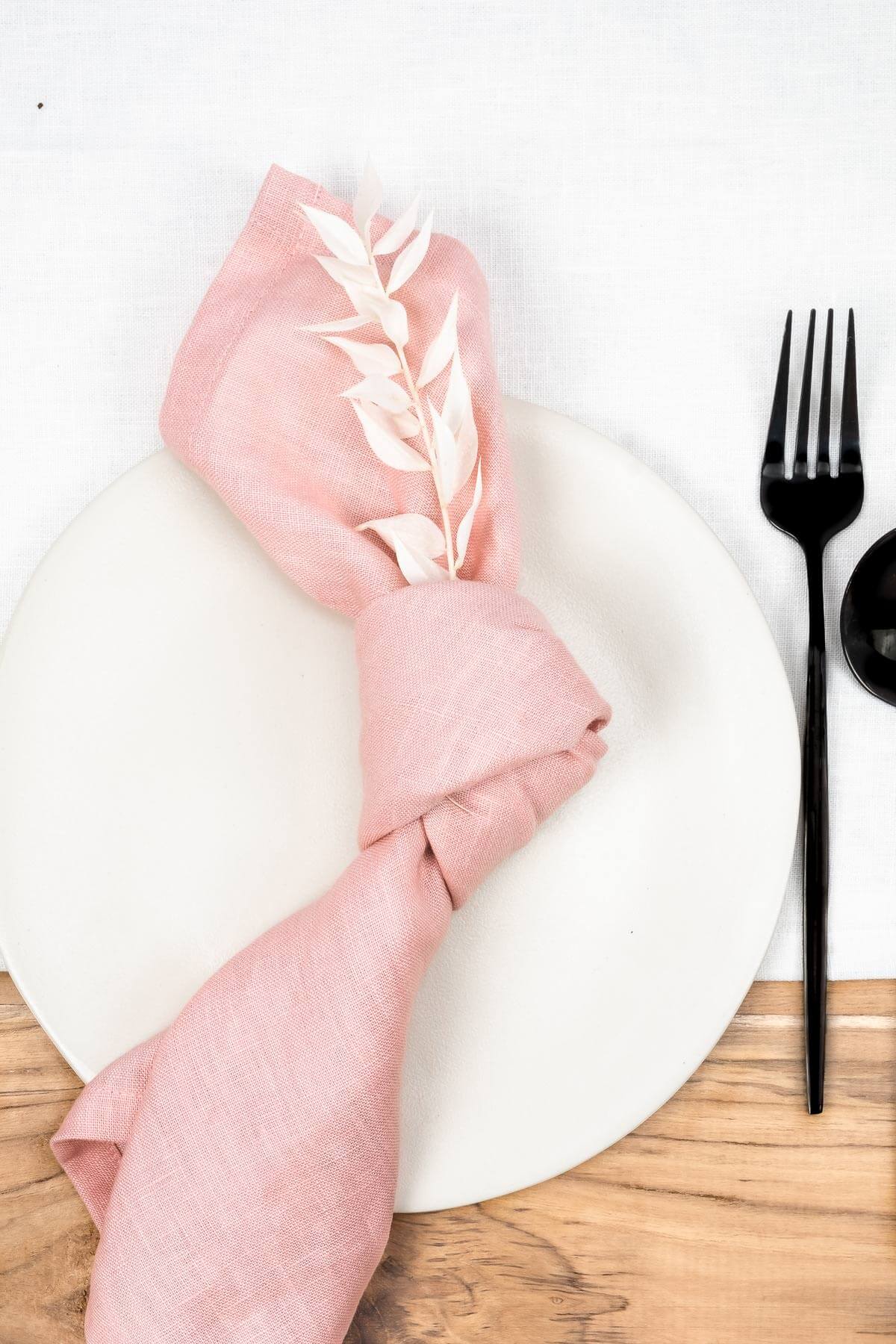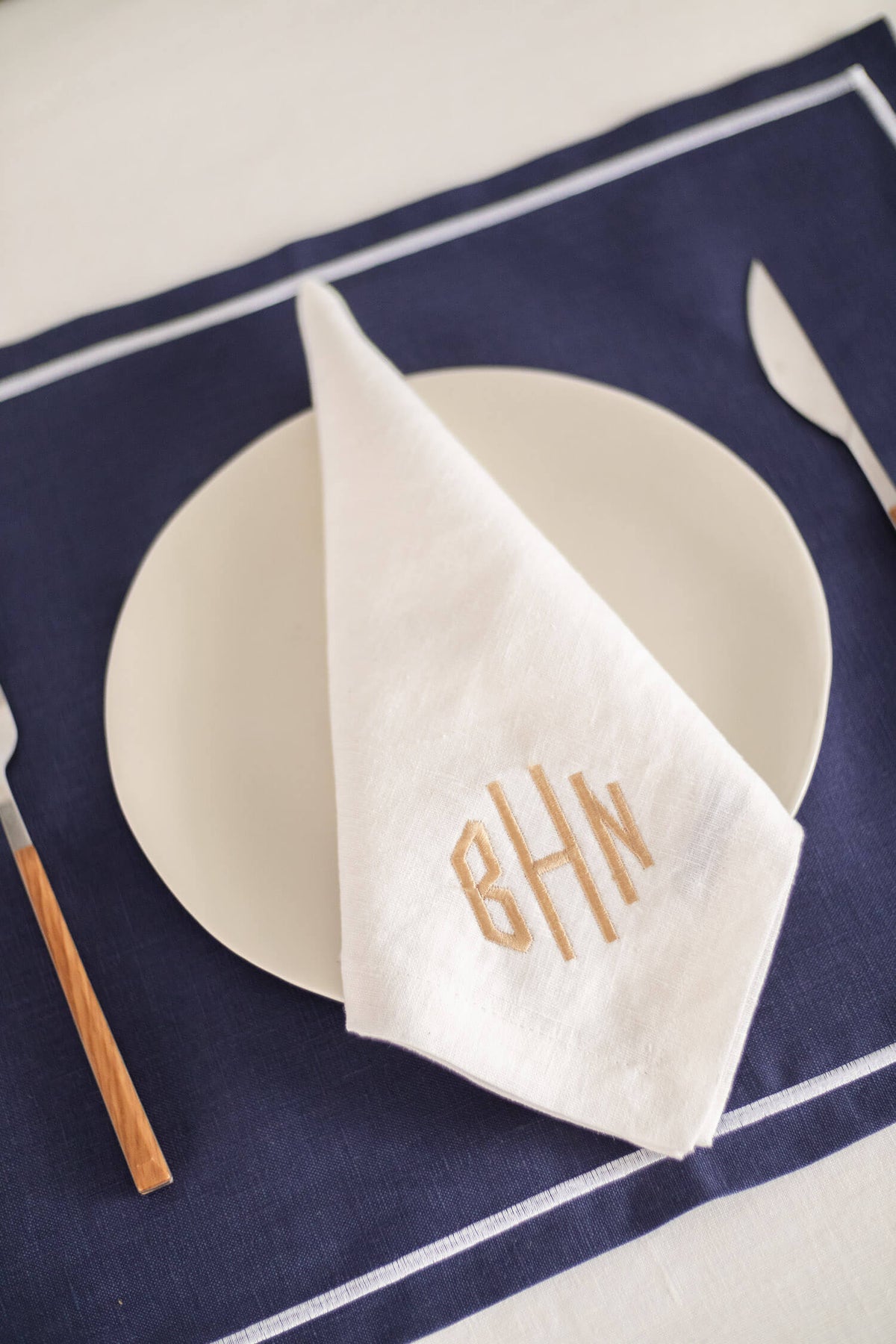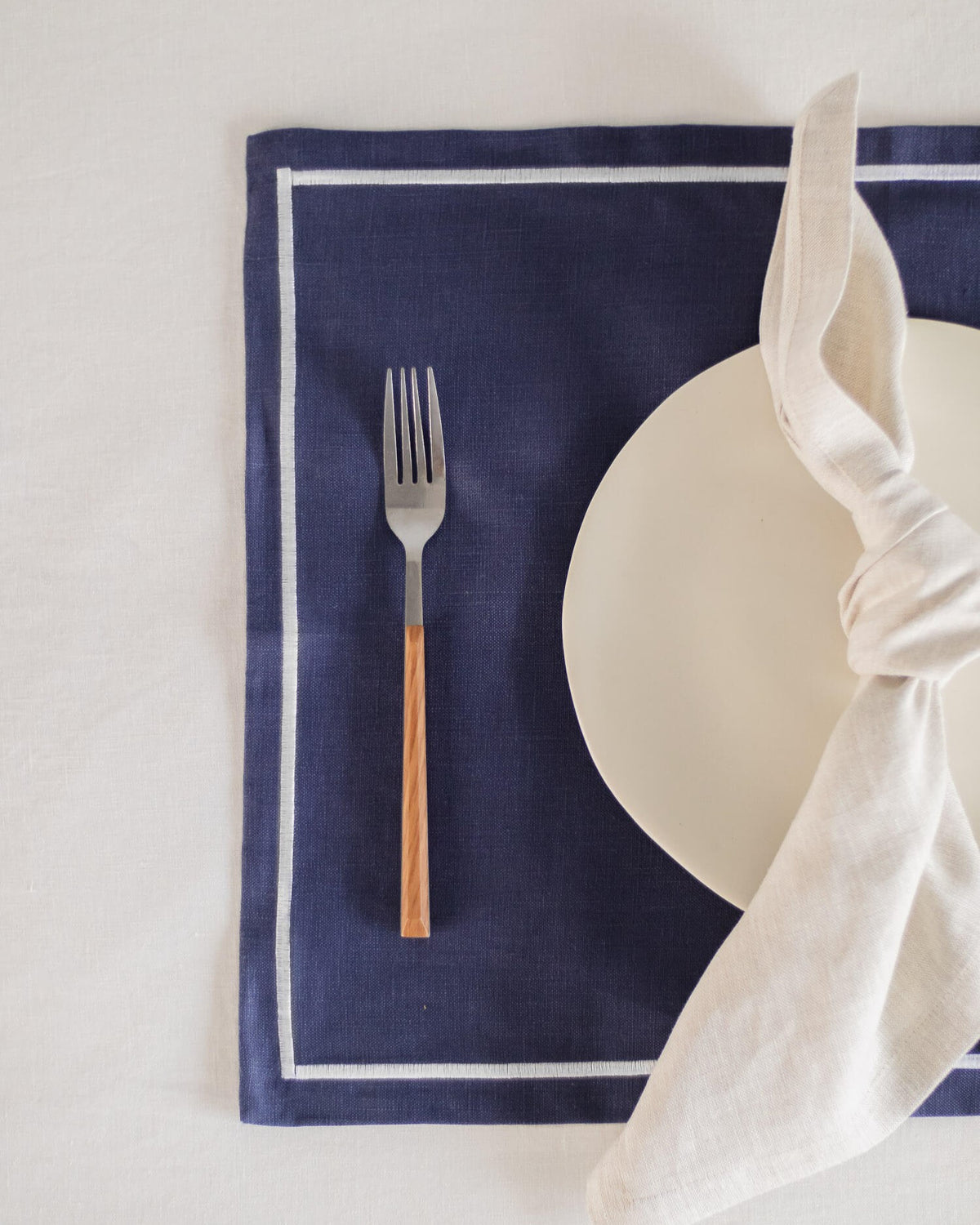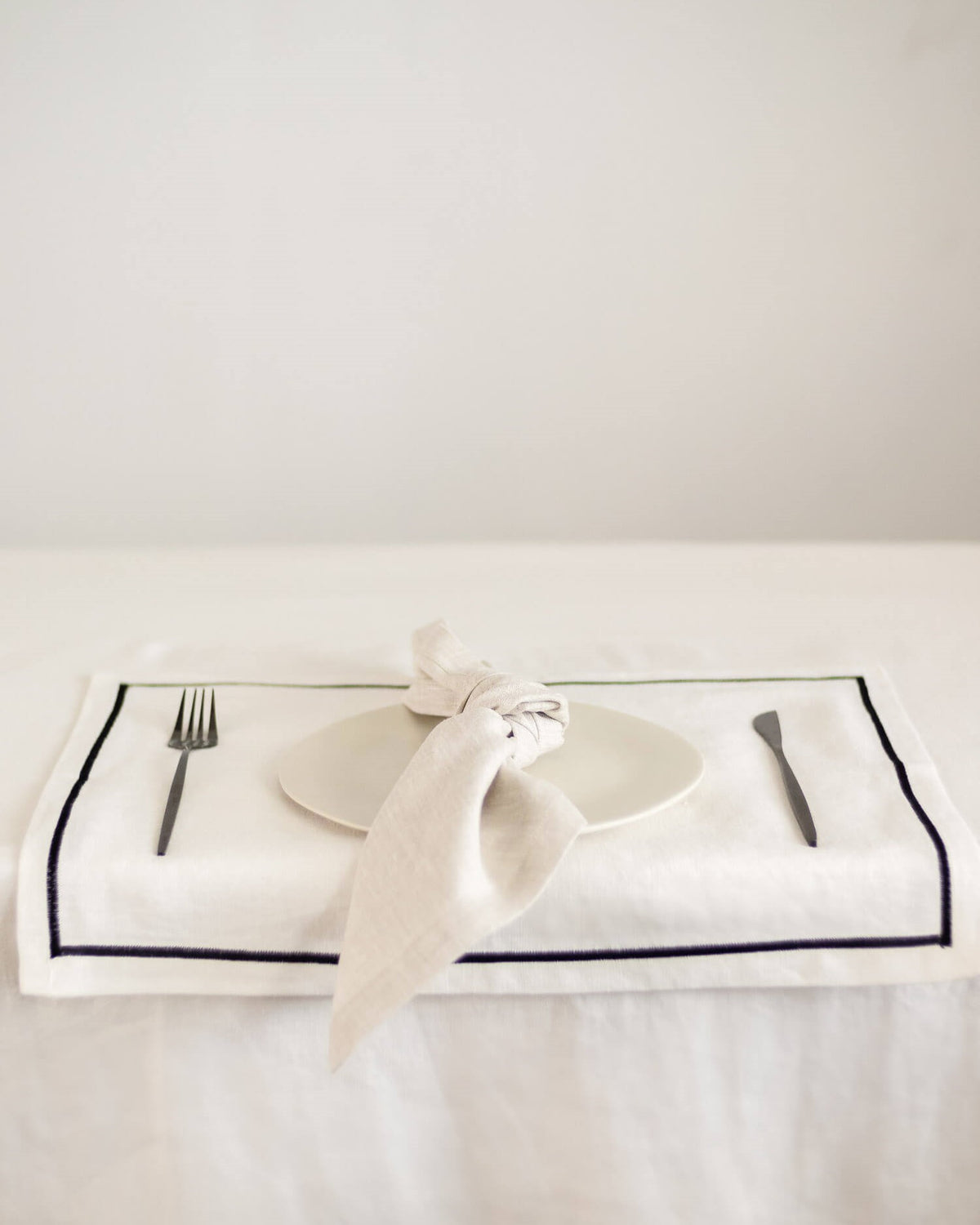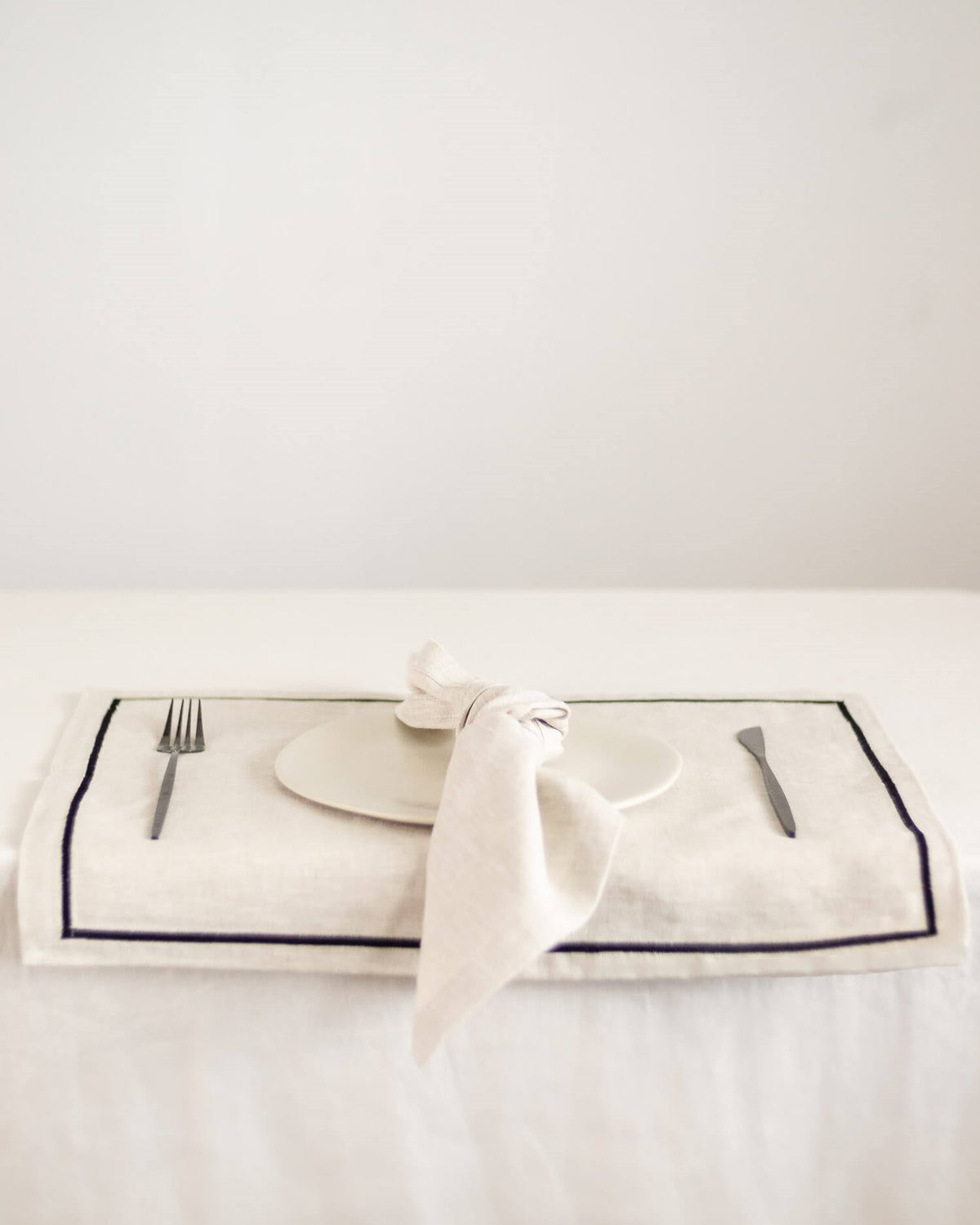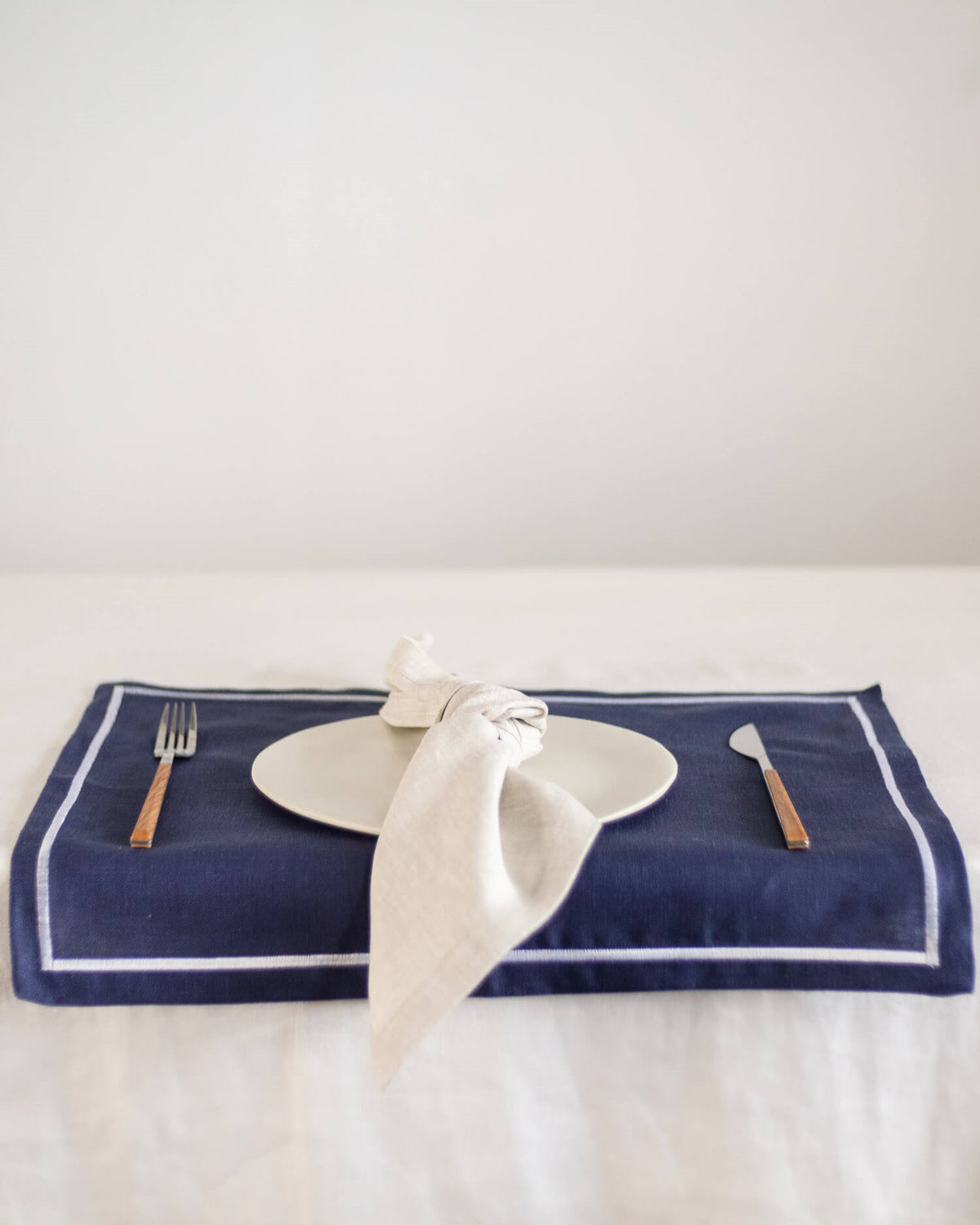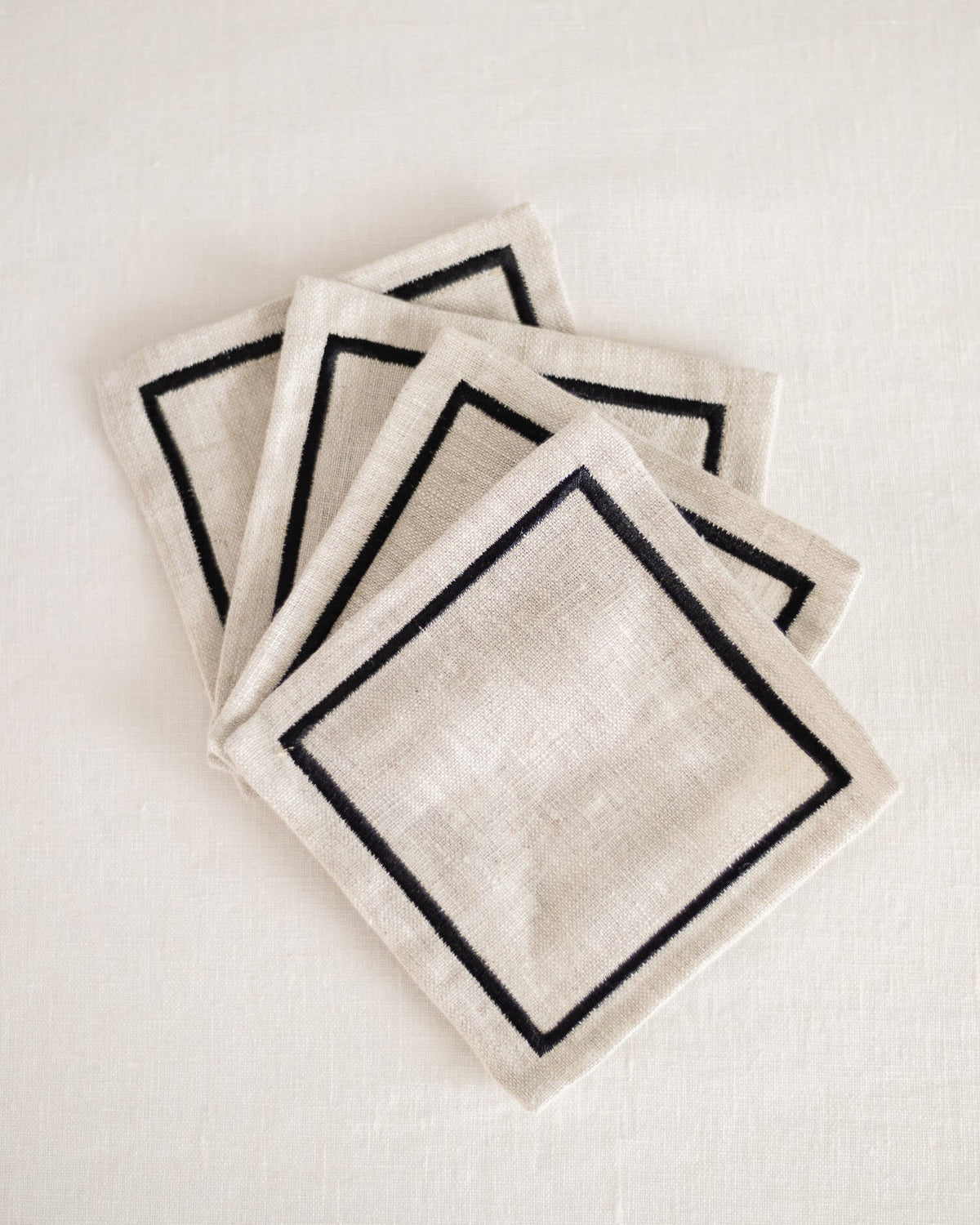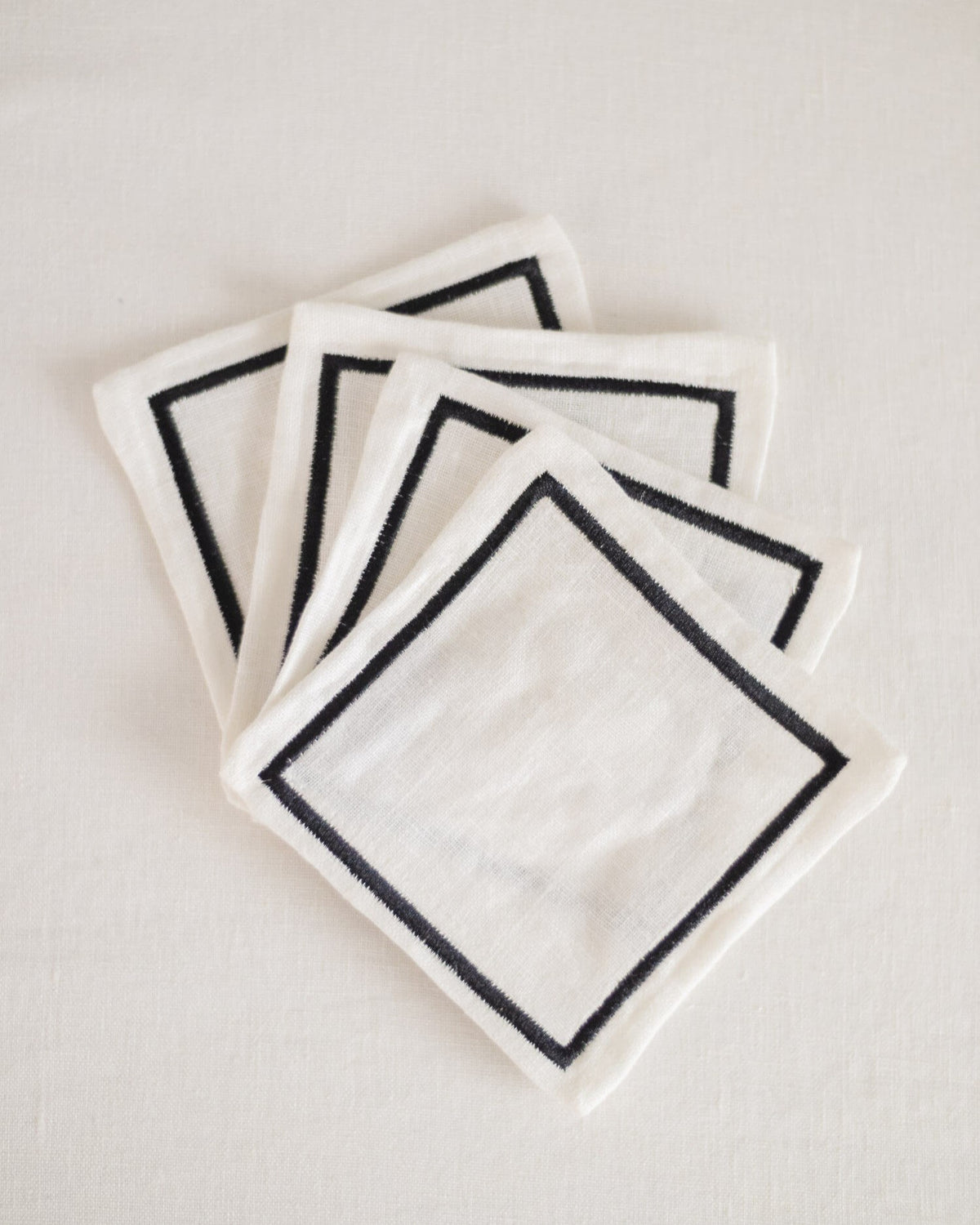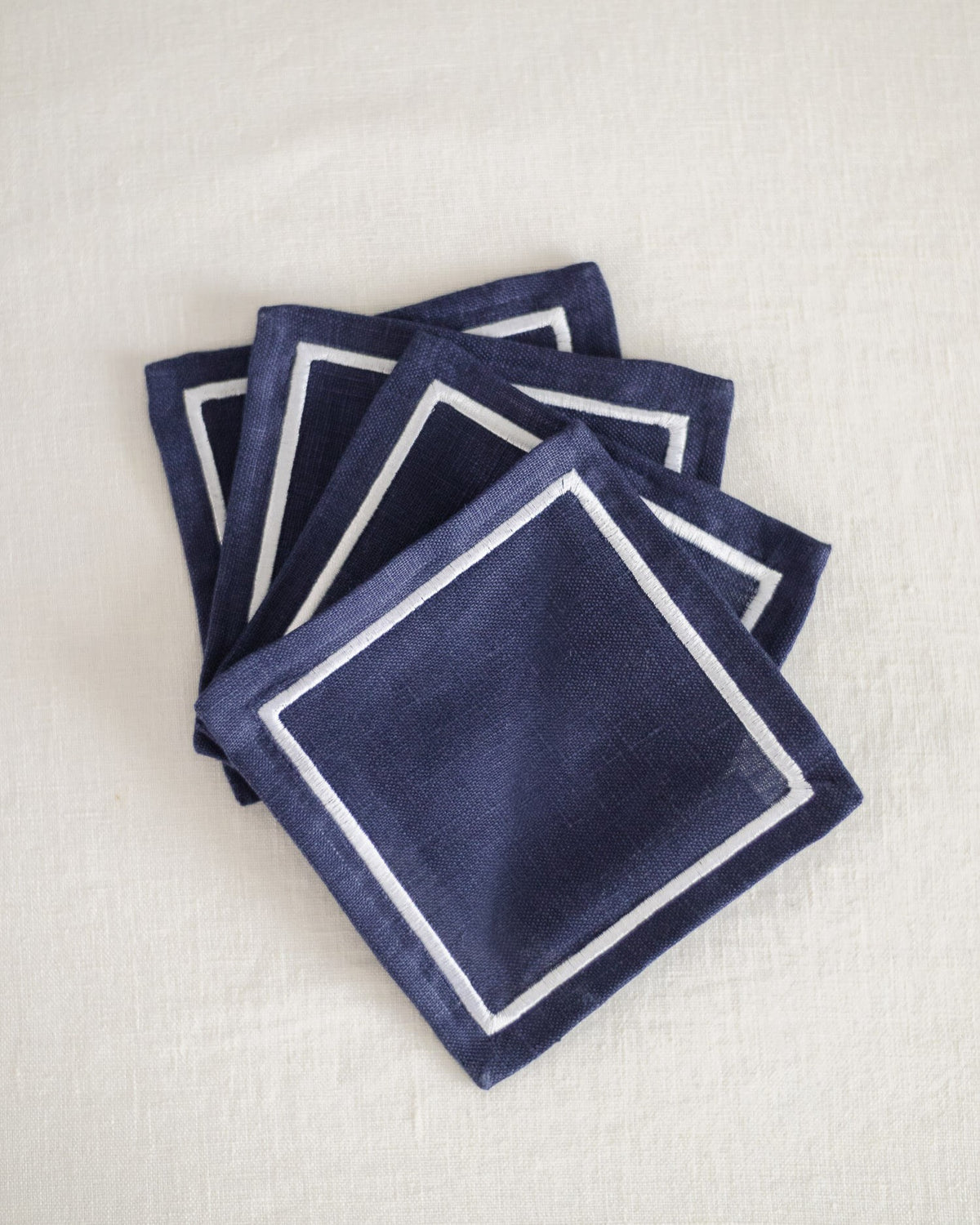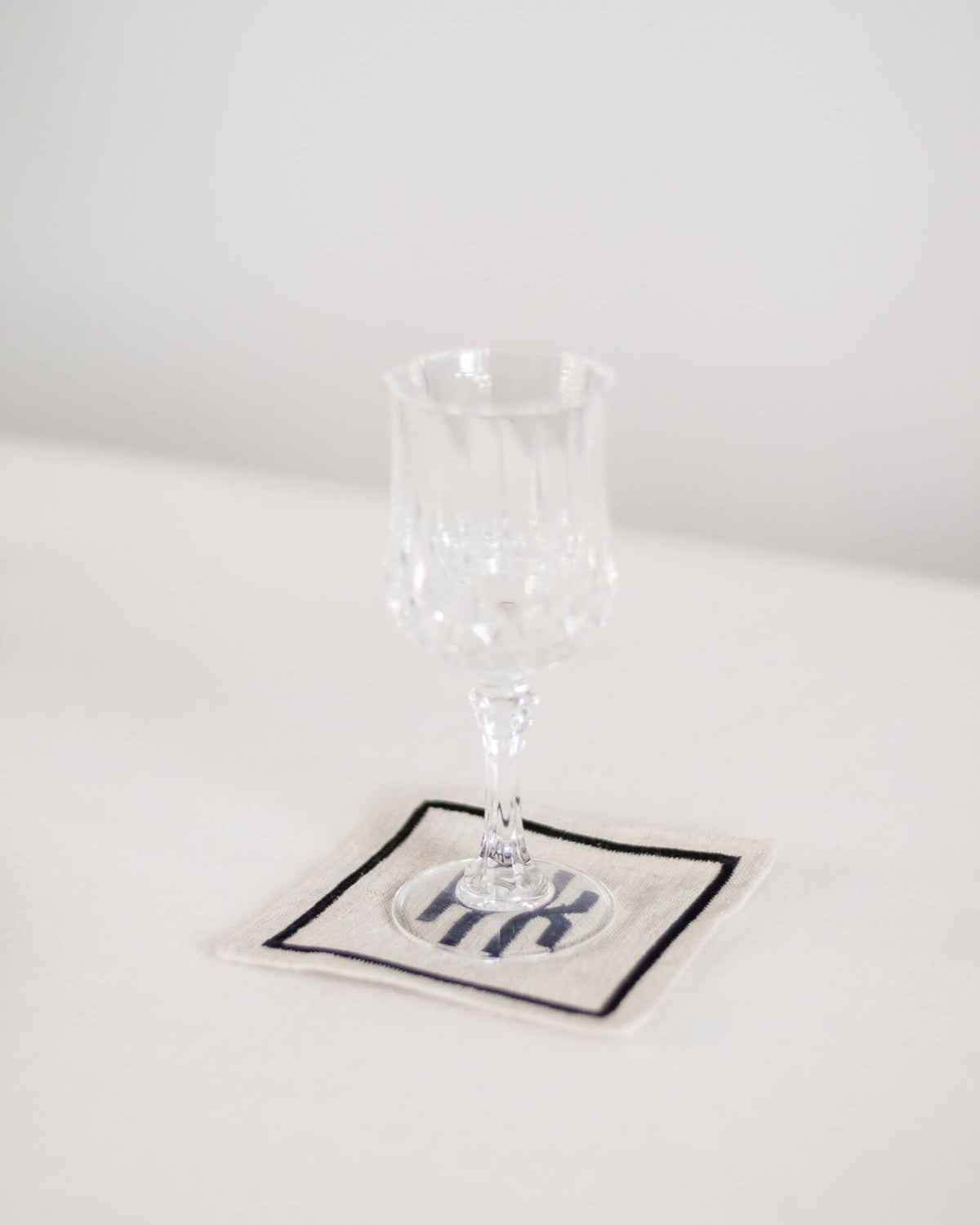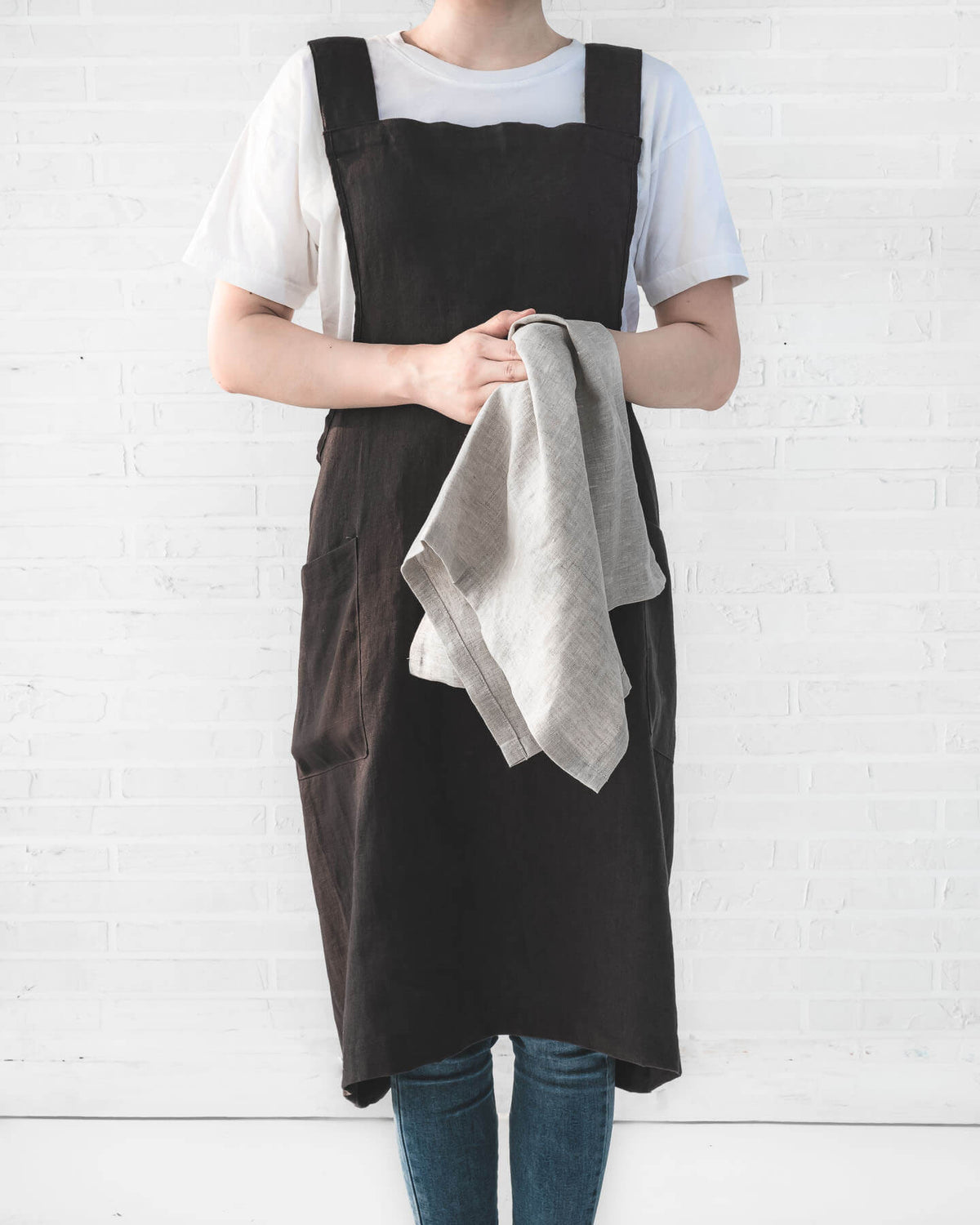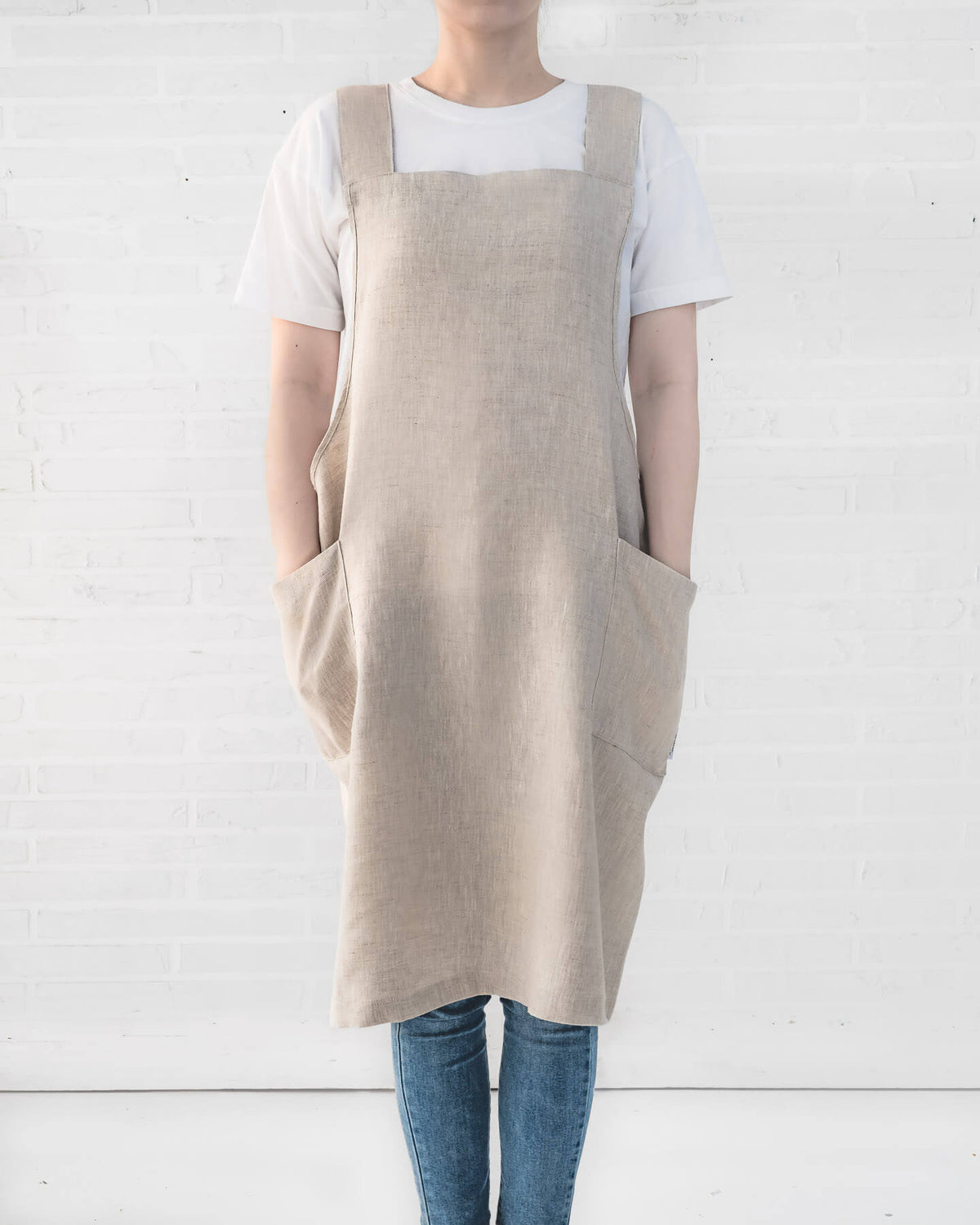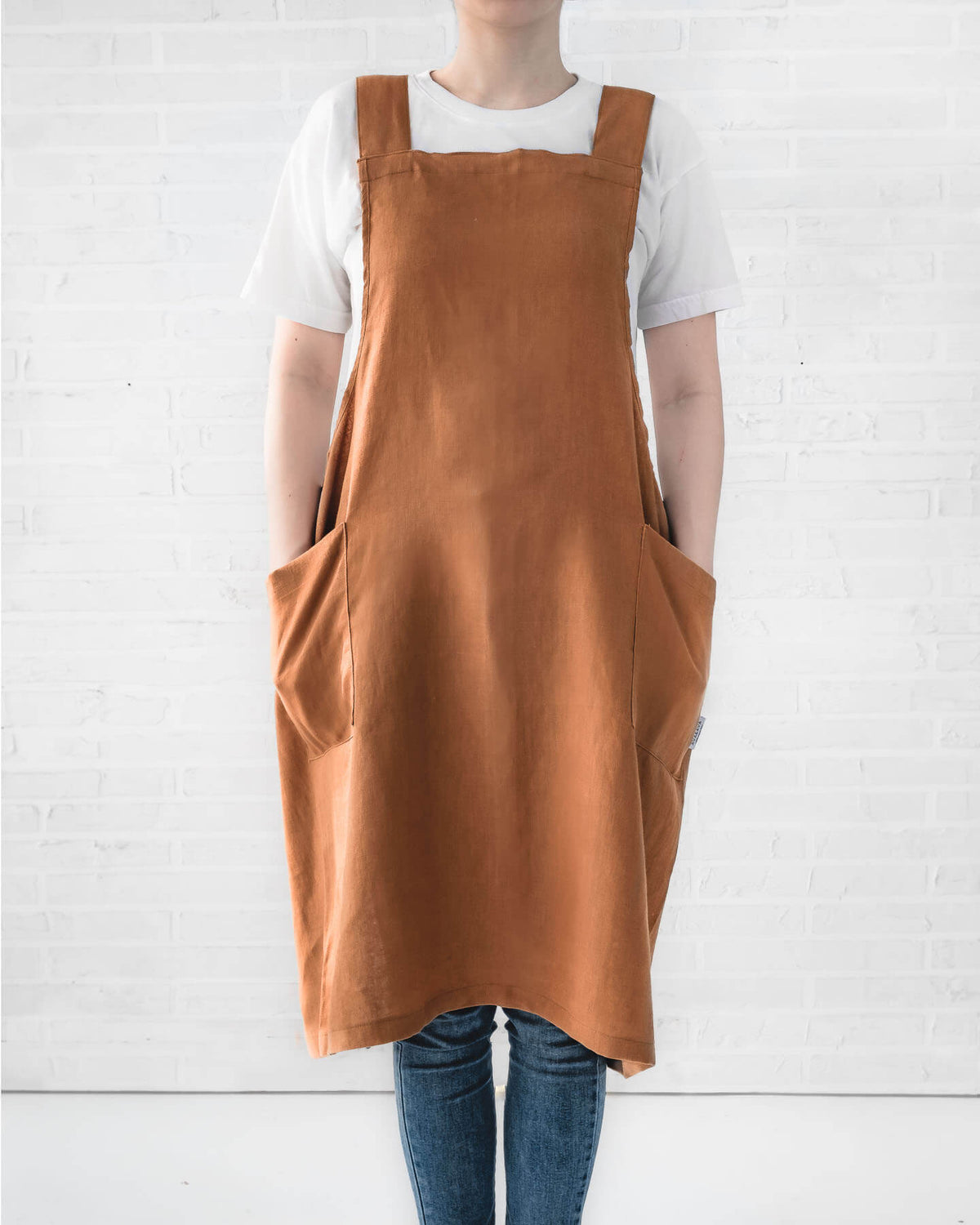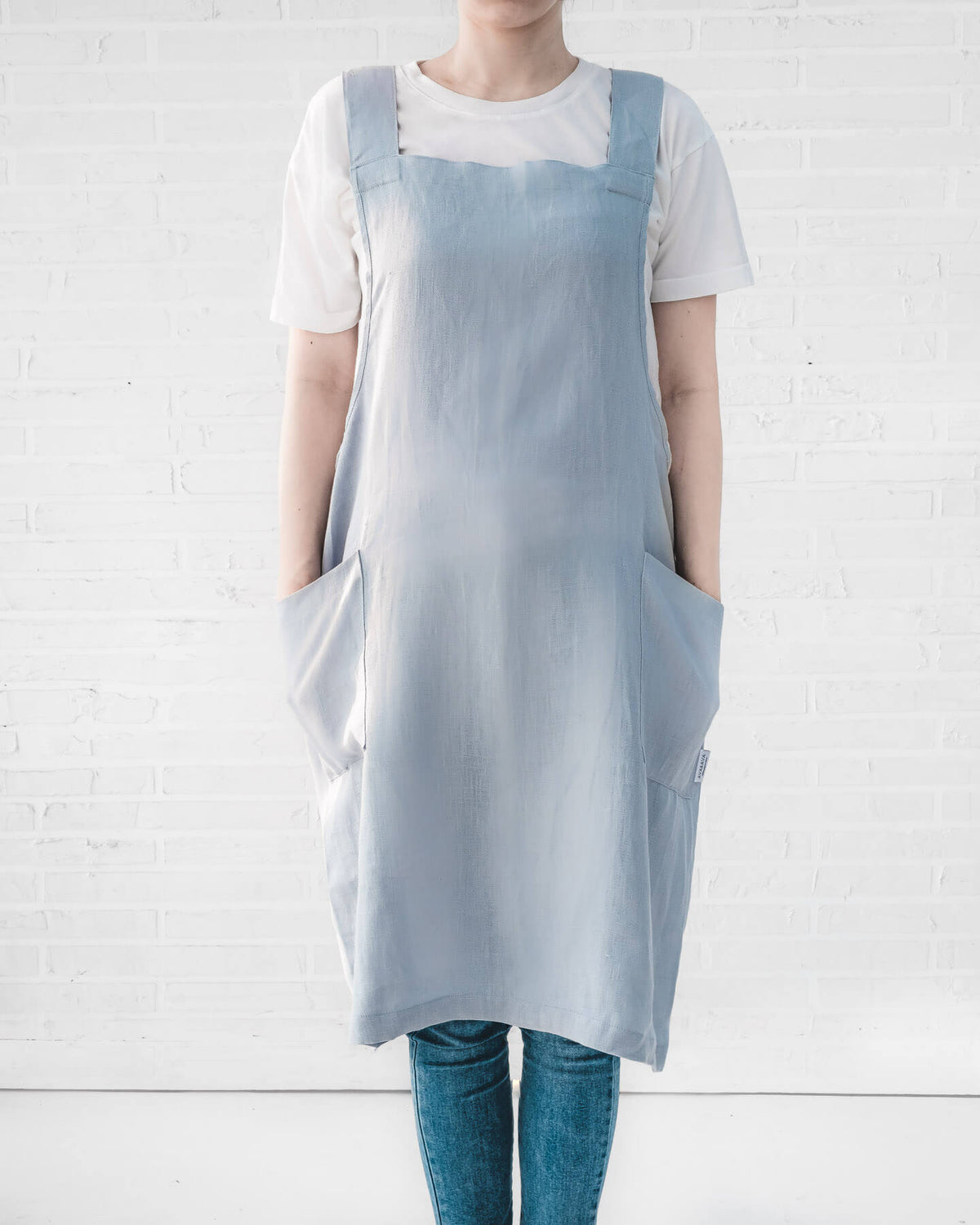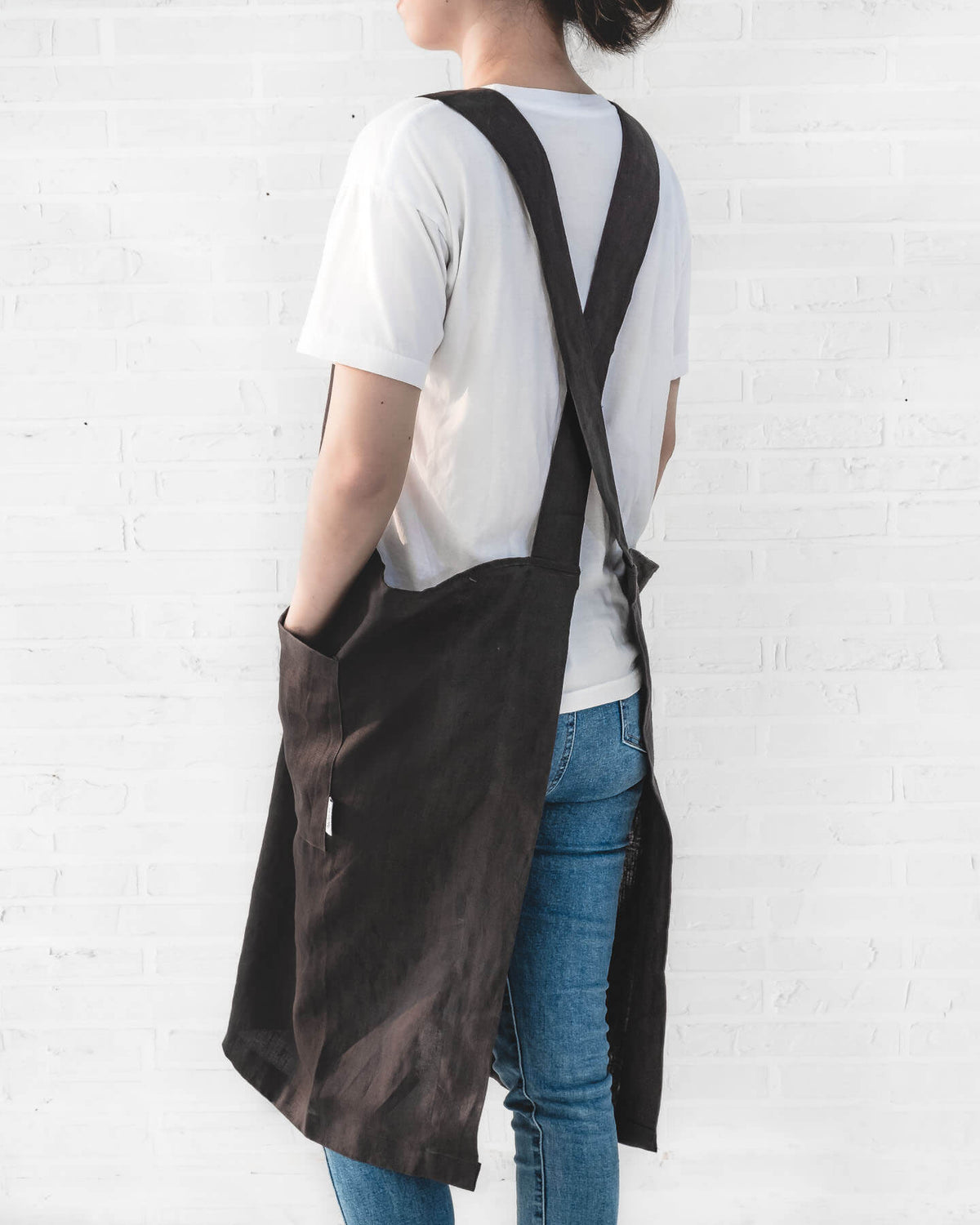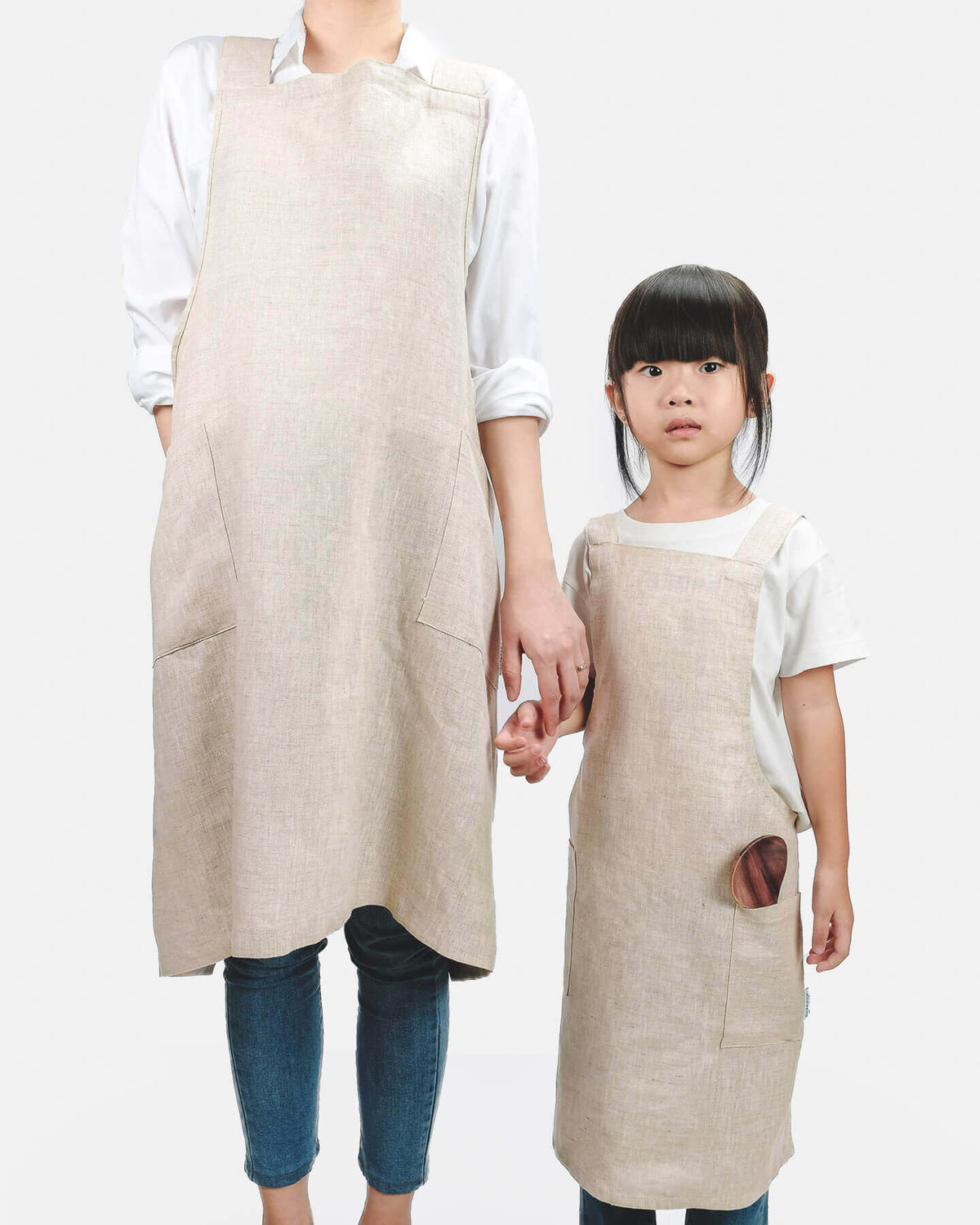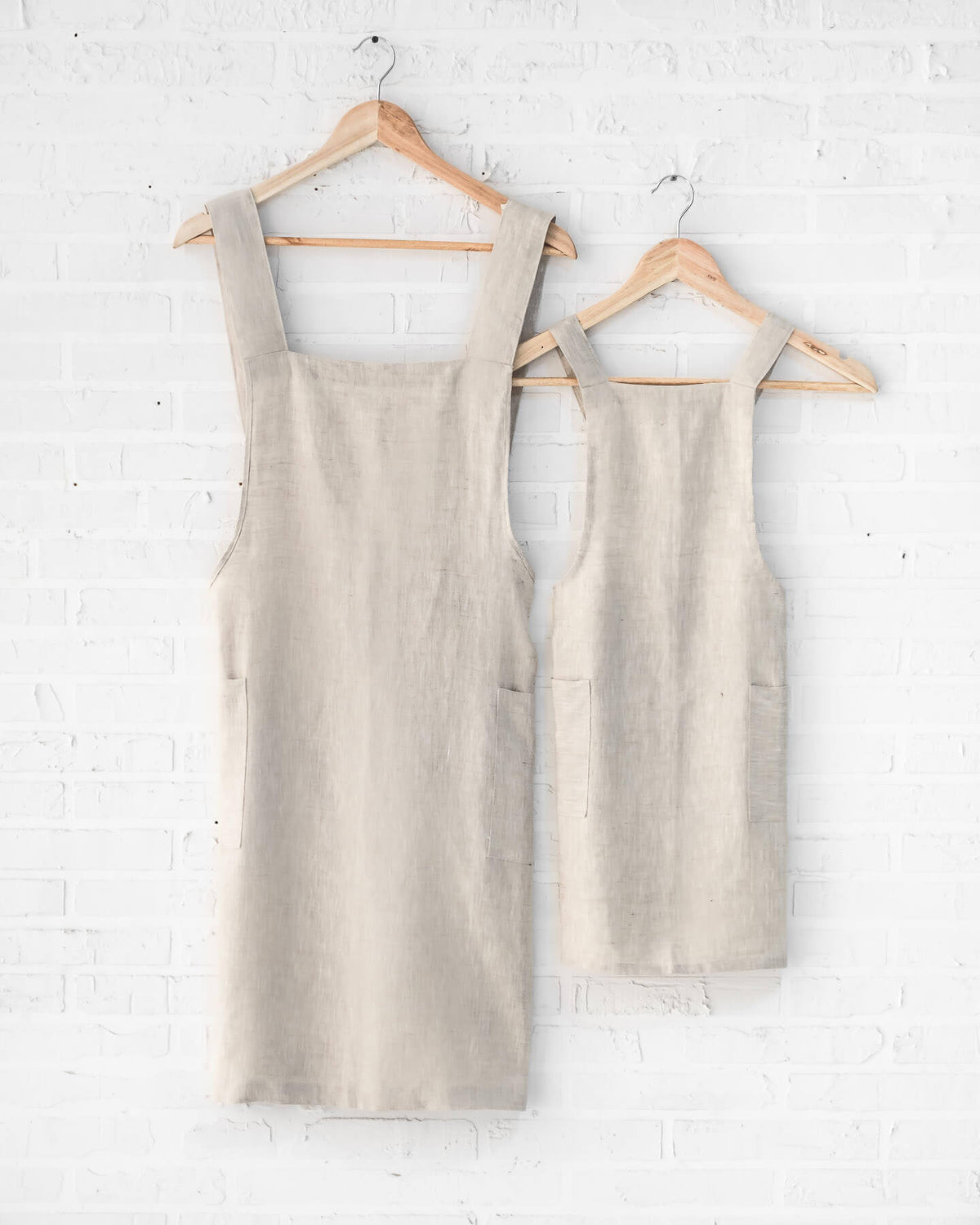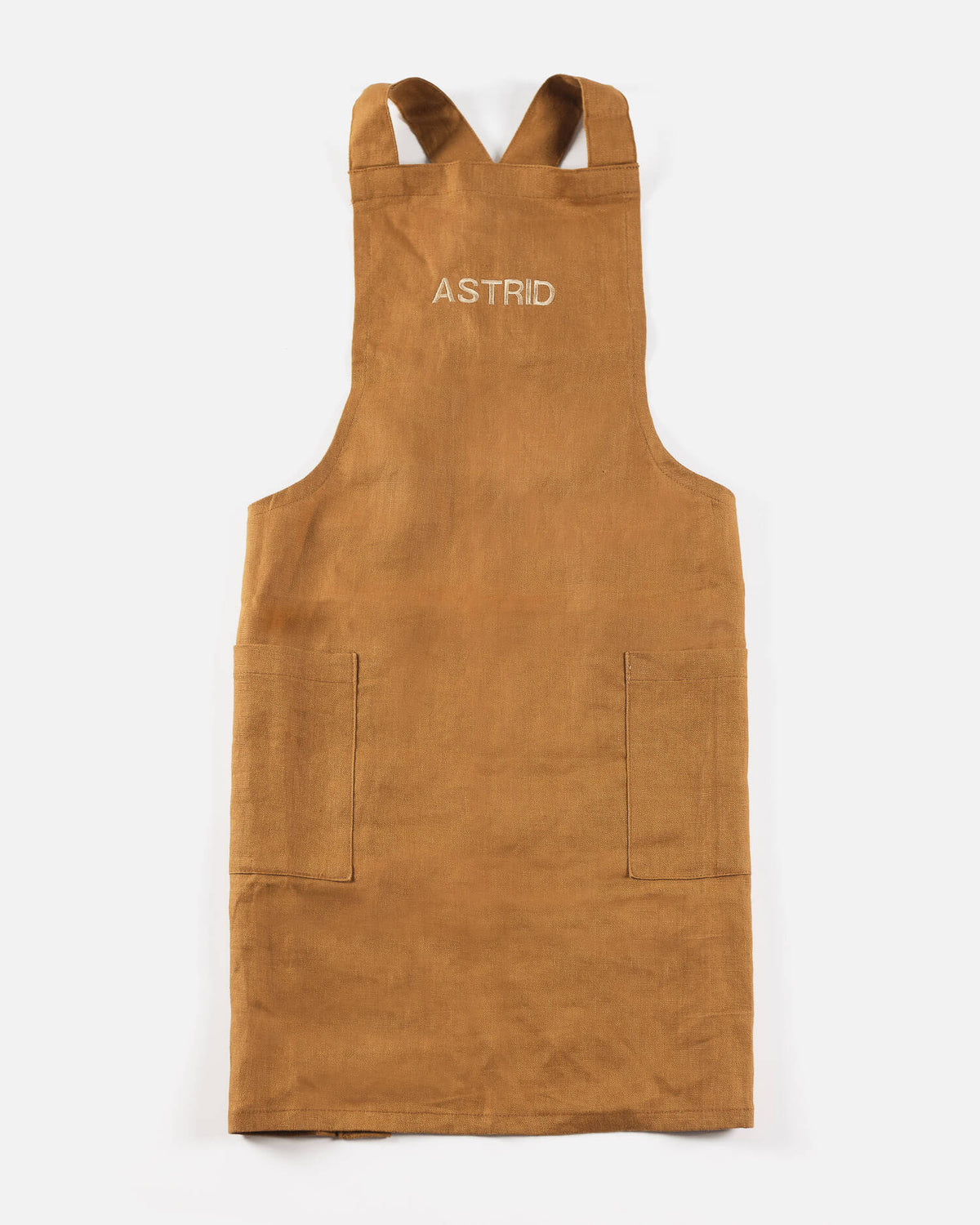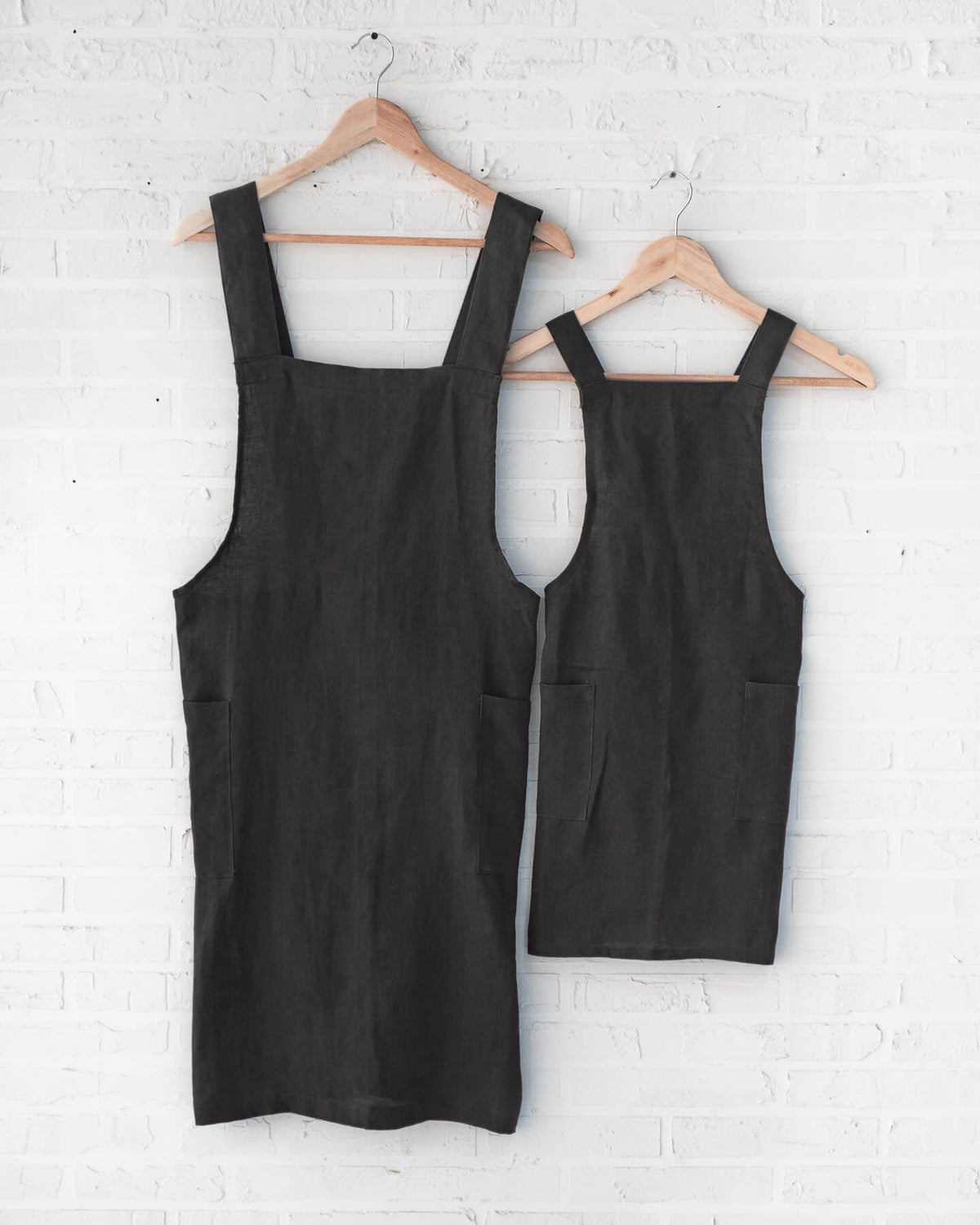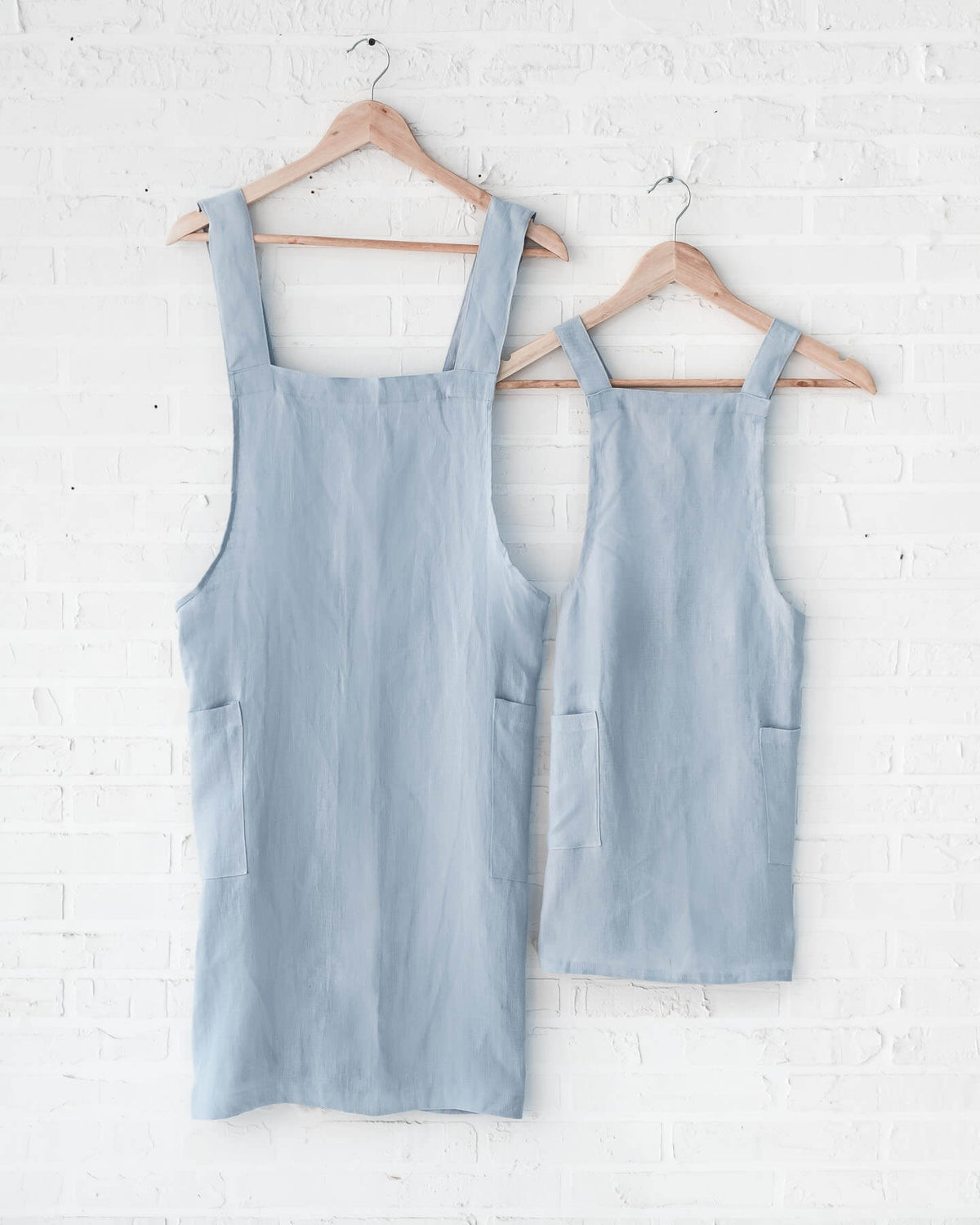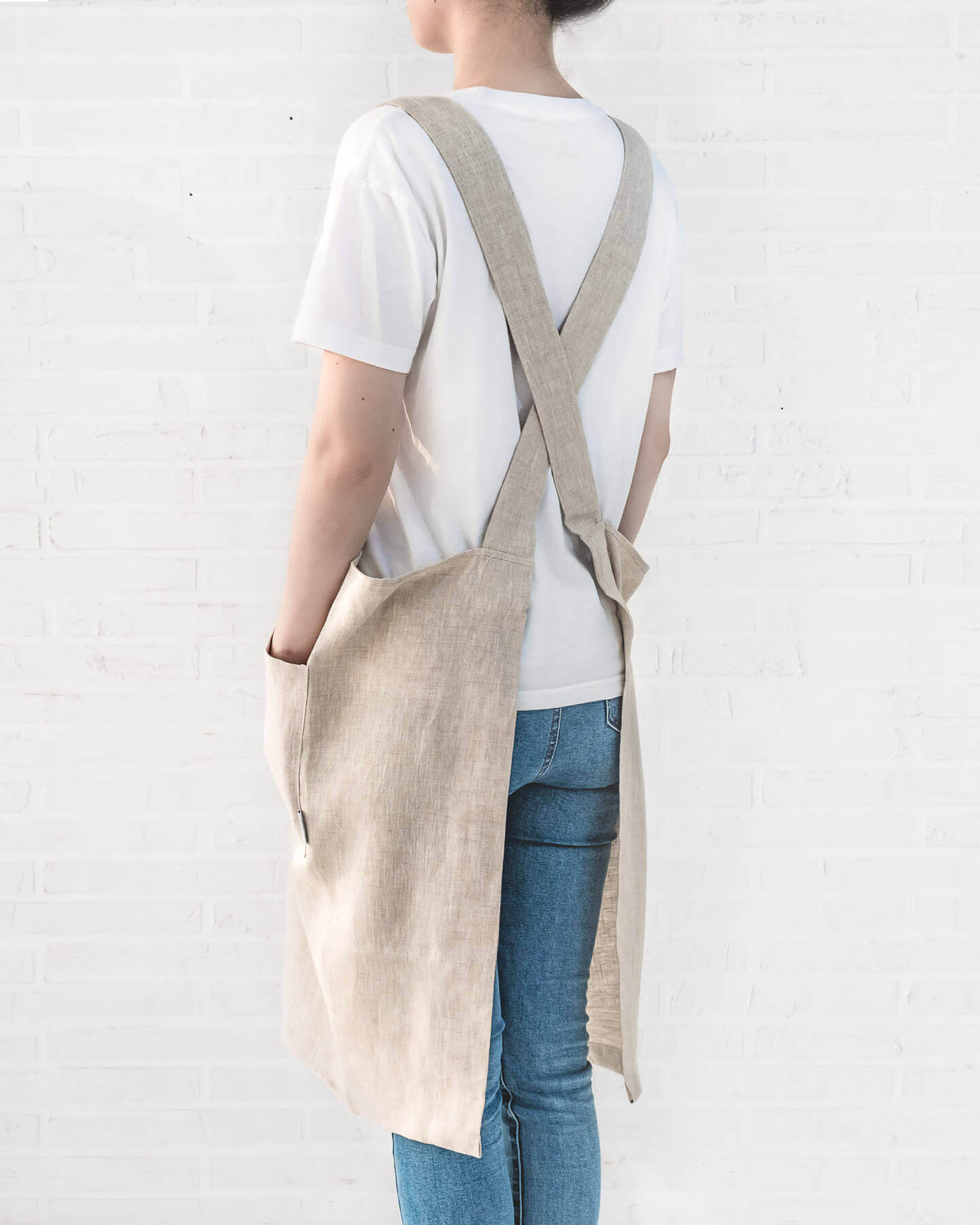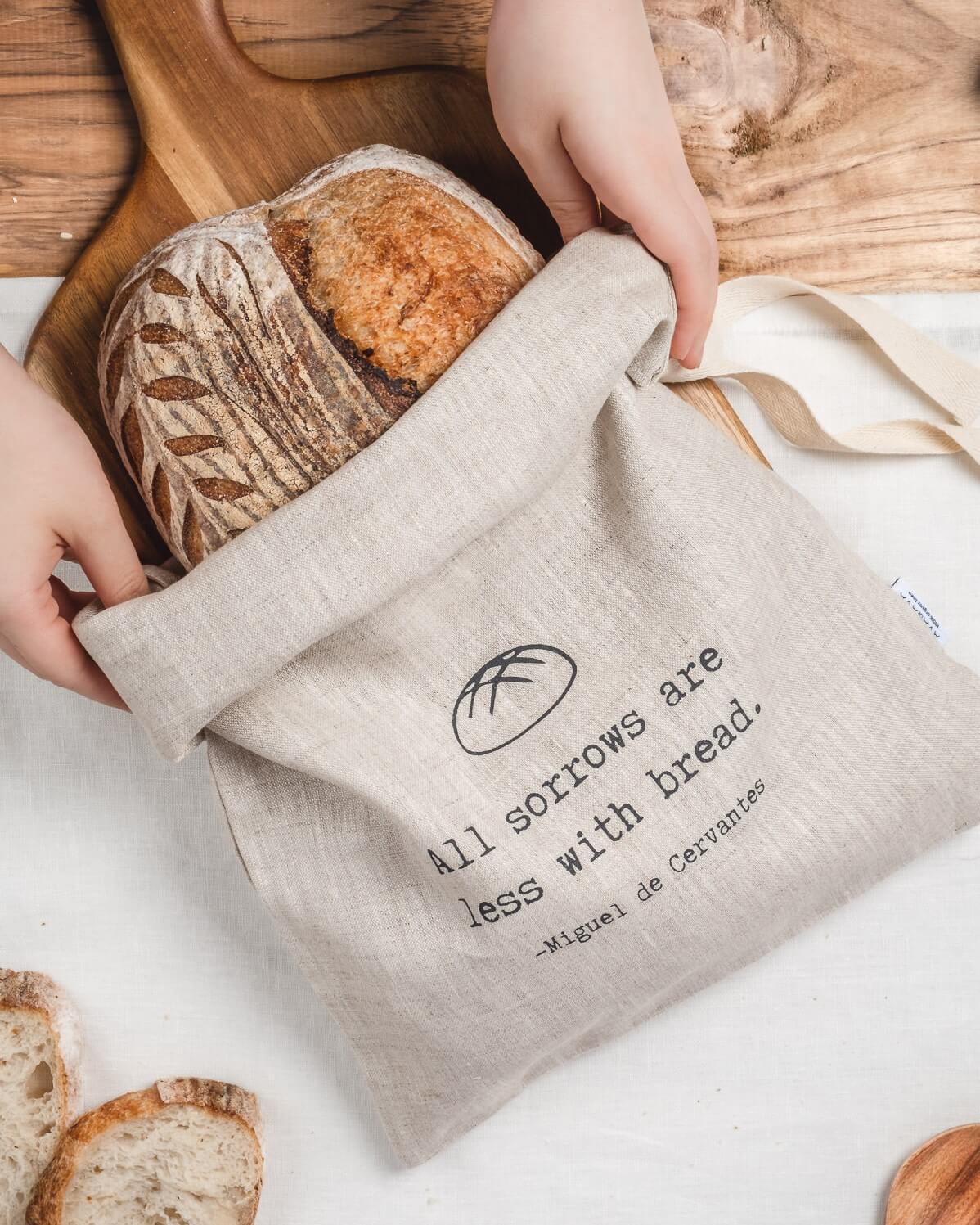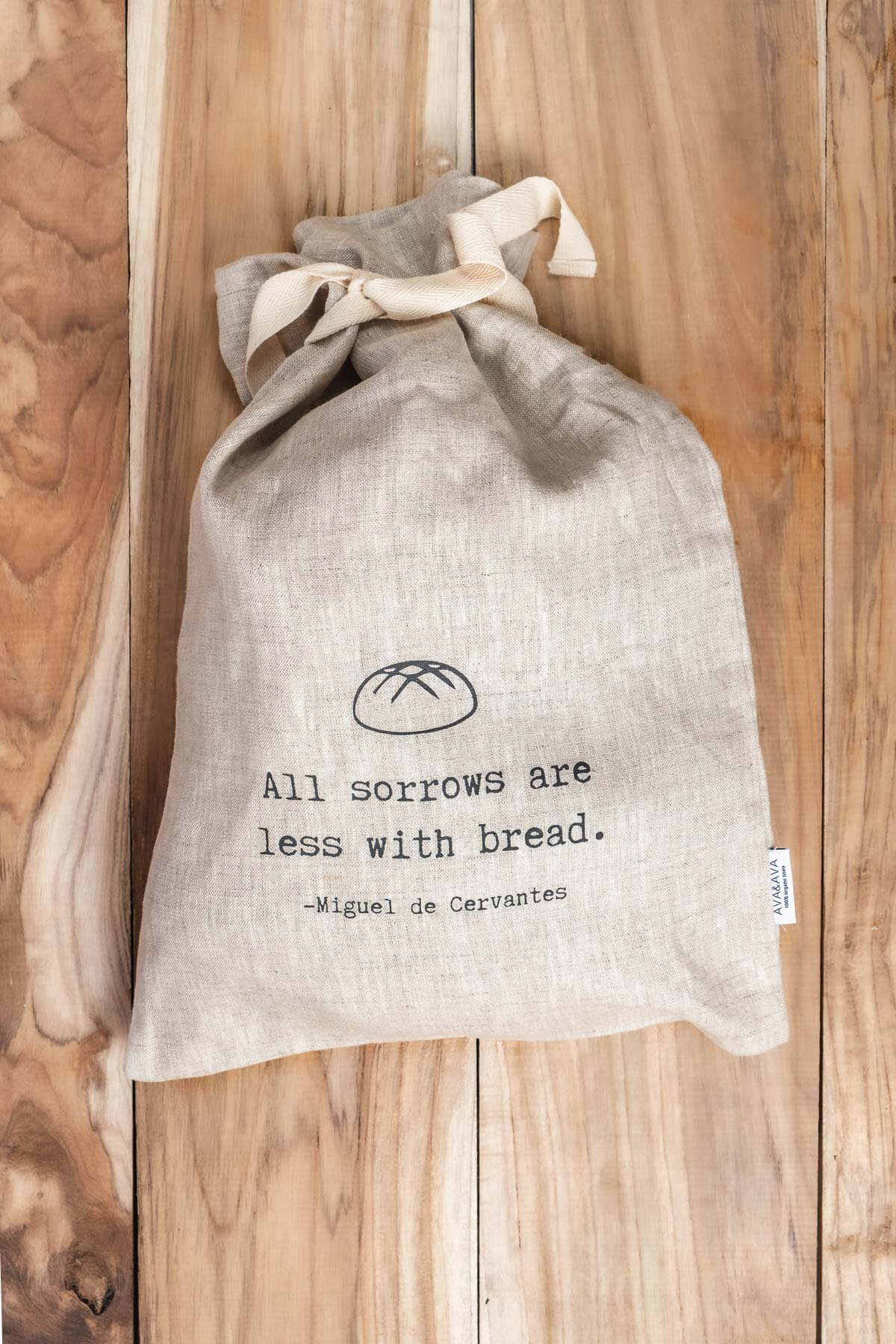1 | Texture & Softness
Bamboo sheets are much softer than cotton. It has a "buttery soft" hand-feel which is a cross between silk and cotton—not as slippery as silk but much softer and lighter than the finest cotton.
How does it compare to 1000TC Egyptian cotton? Because bamboo fibers are inherently soft and round, they don't require a high thread count (typically 300TC) to achieve a buttery texture. By contrast 1000TC cotton, whilst soft, can feel heavy and stiff.
Why does texture and softness matter? Aside from being key factors for bedding comfort, smooth, soft bedding do not irritate sensitive skin and delicate baby skin.
Winner: Bamboo
2 | Breathability & Thermoregulation
Breathability is important for hot sleepers and people living in tropical countries like the Philippines and Singapore. It's the breezy feeling that comes from the fabric's weave which allows air flow more effectively.
As natural fabrics, both pure bamboo and cotton are breathable options. However, since bamboo can achieve buttery softness at a lower thread count, they are lighter and much more breathable than the finest cotton of comparable texture.
Bamboo is also cool to the touch and is naturally thermoregulating, which means it adapts to your body temperature by redirecting heat away when you're hot and keeping heat in when you're cold. This makes them perfect for year-round use.
Winner: Bamboo
3 | Moisture-wicking Ability
Bamboo is 40% more absorbent than cotton and wicks moisture away from the skin much faster. What good does that do? It prevents you from drenching in sweat and overheat by allowing sweat to evaporate and take with it the excess heat from your body. As a result, you'll feel dry, fresh and odor-free.
Winner: Bamboo
4 | Hypoallergenic & Antimicrobial Properties
Both bamboo and cotton are hypoallergenic. However, some lower-quality bamboo and cotton can be irritating to the skin as they are manufactured with pesticides and harsh chemicals. Plus, since bamboo wicks moisture more effectively, it creates a less humid environment, thus prevents bacteria and repelling allergens such as mold, mildew, and dust mites.
Winner: Bamboo (Choose organic and those with textile safety certifications like OEKO-TEX® Standard 100)
5 | Sustainability
In terms of the crop, bamboo is much more sustainable than cotton because it does not use a lot of water, fertilizer, or pesticides. Bamboo is also a regenerative plant which needs no reseeding after harvest. By contrast, conventional cotton not only requires a ton of irrigation and agrochemicals (accounting for 16% of worldwide pesticide use!), it also ruins the soil and requires field rotation.
In terms of manufacturing, bamboo lyocell is the most sustainable option. Unlike conventional cotton and bamboo viscose, it does not use toxic solvents and employs a closed-loop process that recycles 99% of the water used. This means no chemicals polluting our waterways and surrounding community and is also healthier for you.
Winner: Bamboo Lyocell
6 | Price
When it comes to price, cotton is the clear winner. The environmentally friendly production of bamboo lyocell doesn't come cheap. Bamboo viscose, a lower grade of bamboo, is less expensive than lyocell but still more than most cotton sheets.
Winner: Cotton
7 | Maintenance
You can wash both bamboo and cotton sheets in any washing machine in cold water and tumble dry on low. To prevent pilling which is normal in natural fabrics, it is best to wash them in cold water, without bleach or softeners.
Winner: Tie
The Verdict: Which is Better?
If you're looking for the most comfortable bed sheets possible, bamboo is the way to go. Cotton is more affordable but is not as soft, breathable nor thermoregulating. Bamboo is also heathier as it is hypoallergenic and naturally antimicrobial, ideal for sensitive skin or allergies. When available, look for organic and OEKO-TEX® certified bamboo lyocell which is the cleanest and most sustainably made bamboo fabric.
